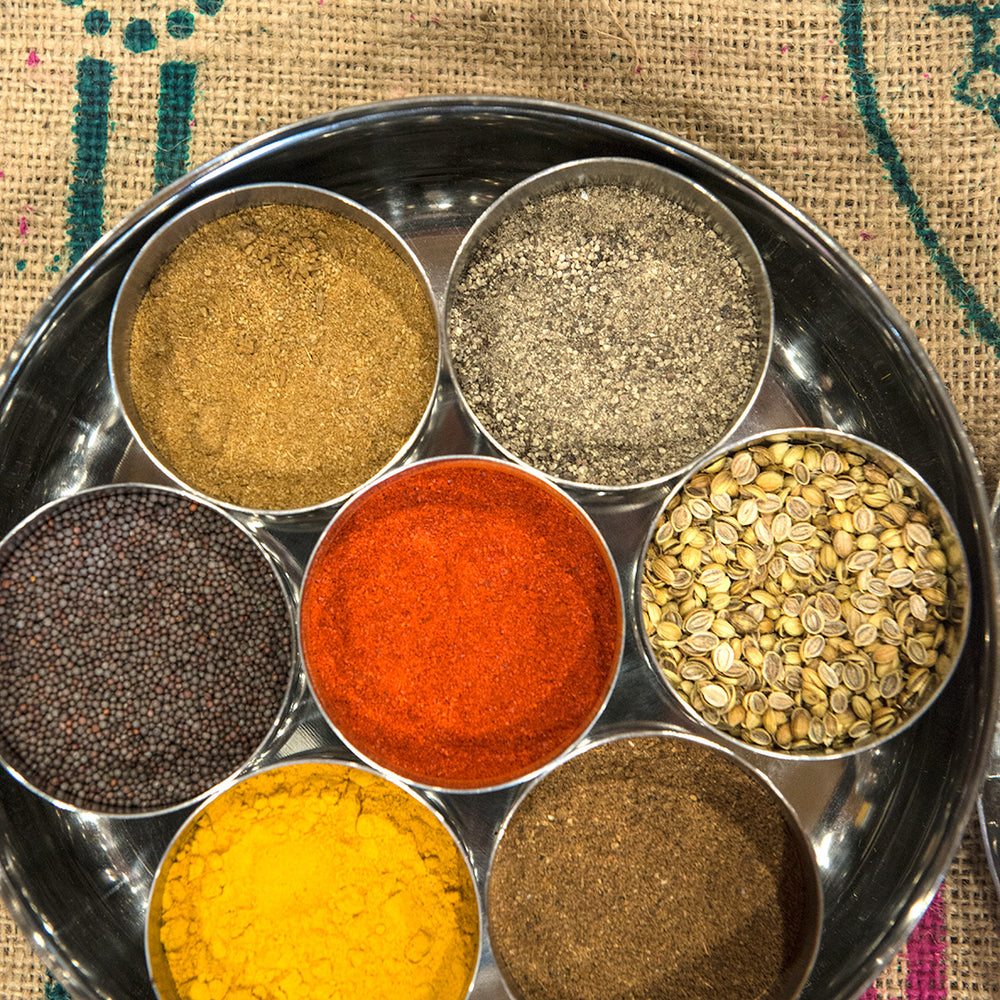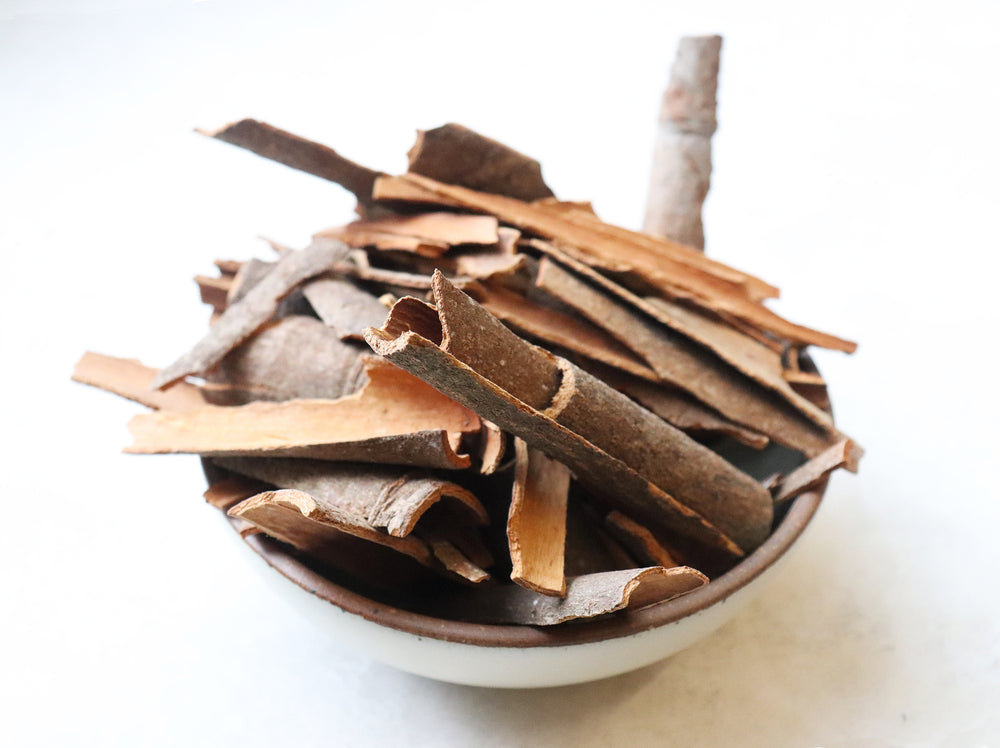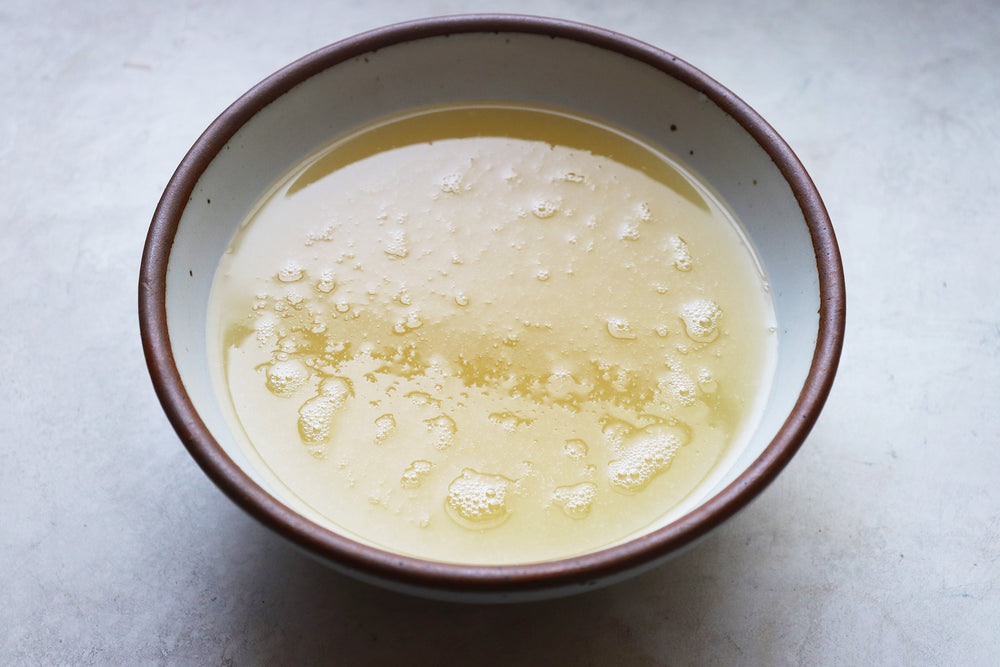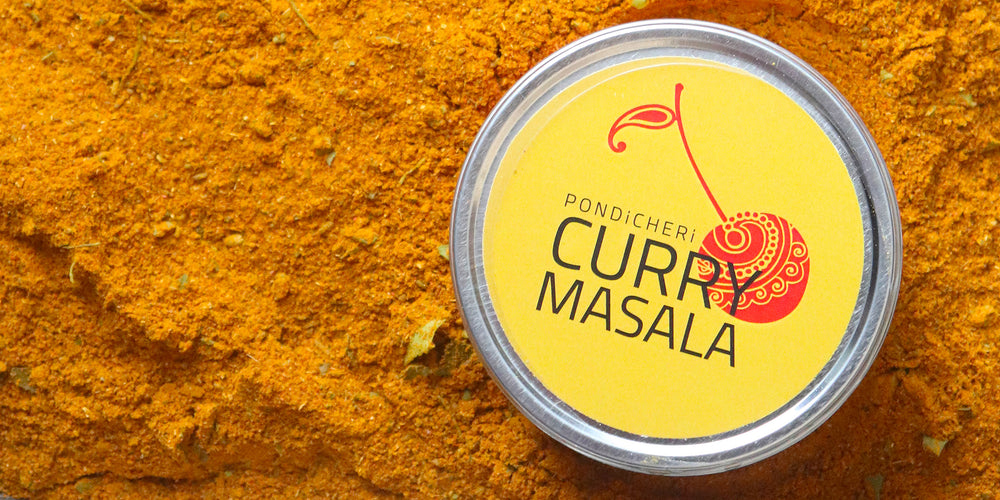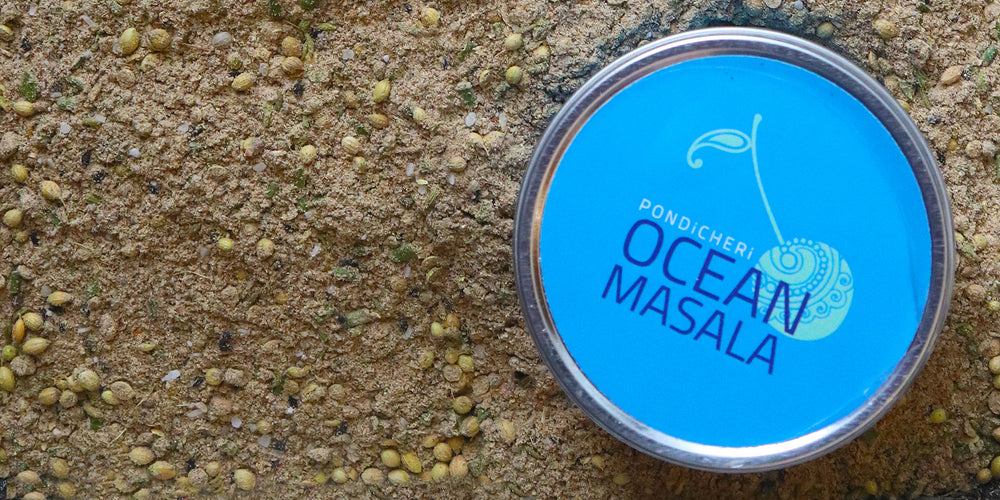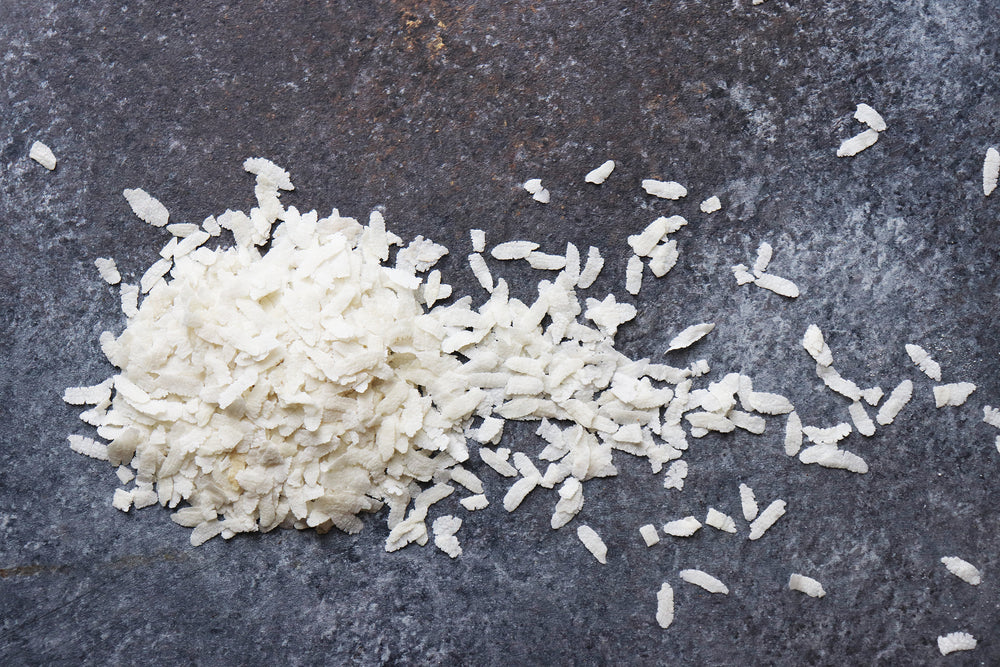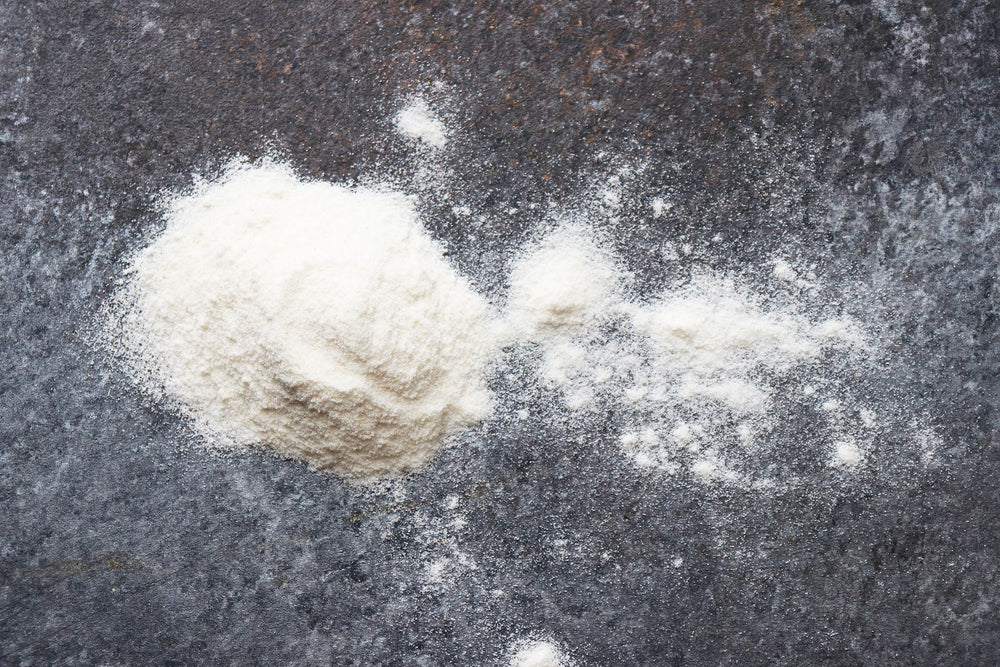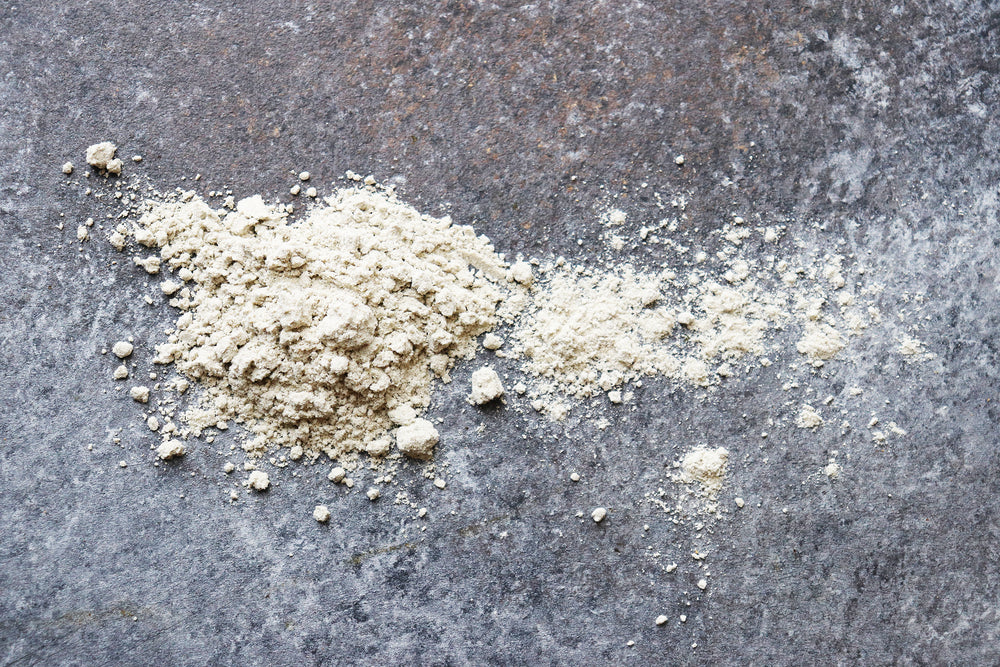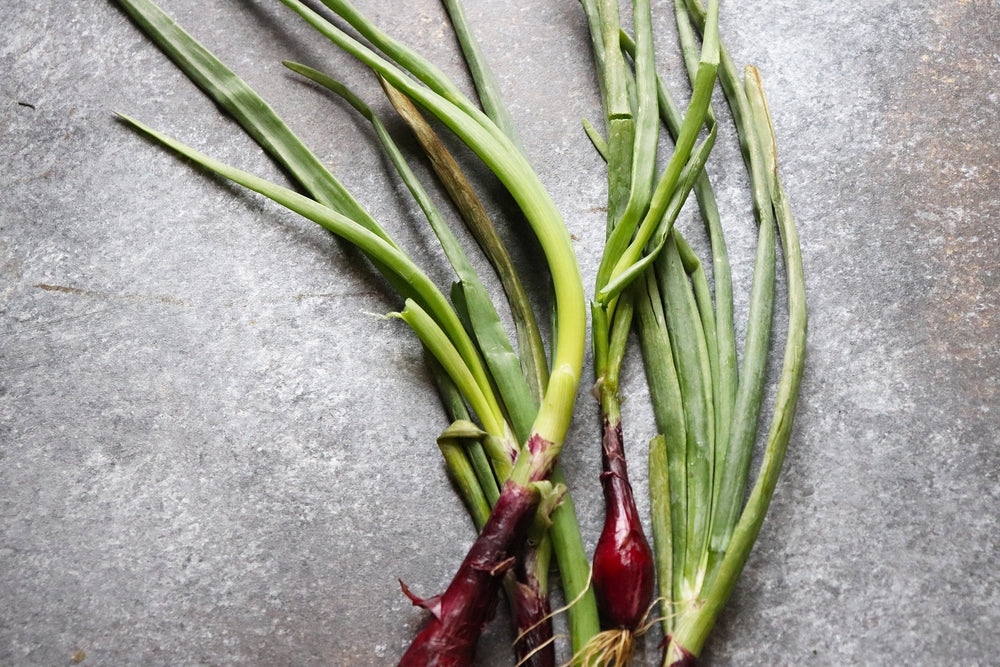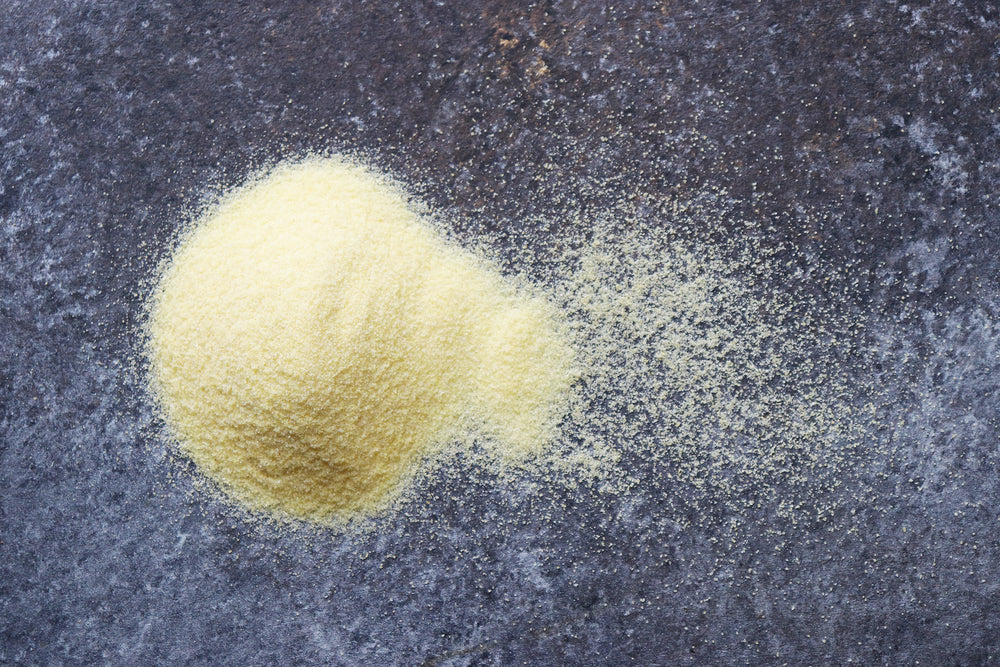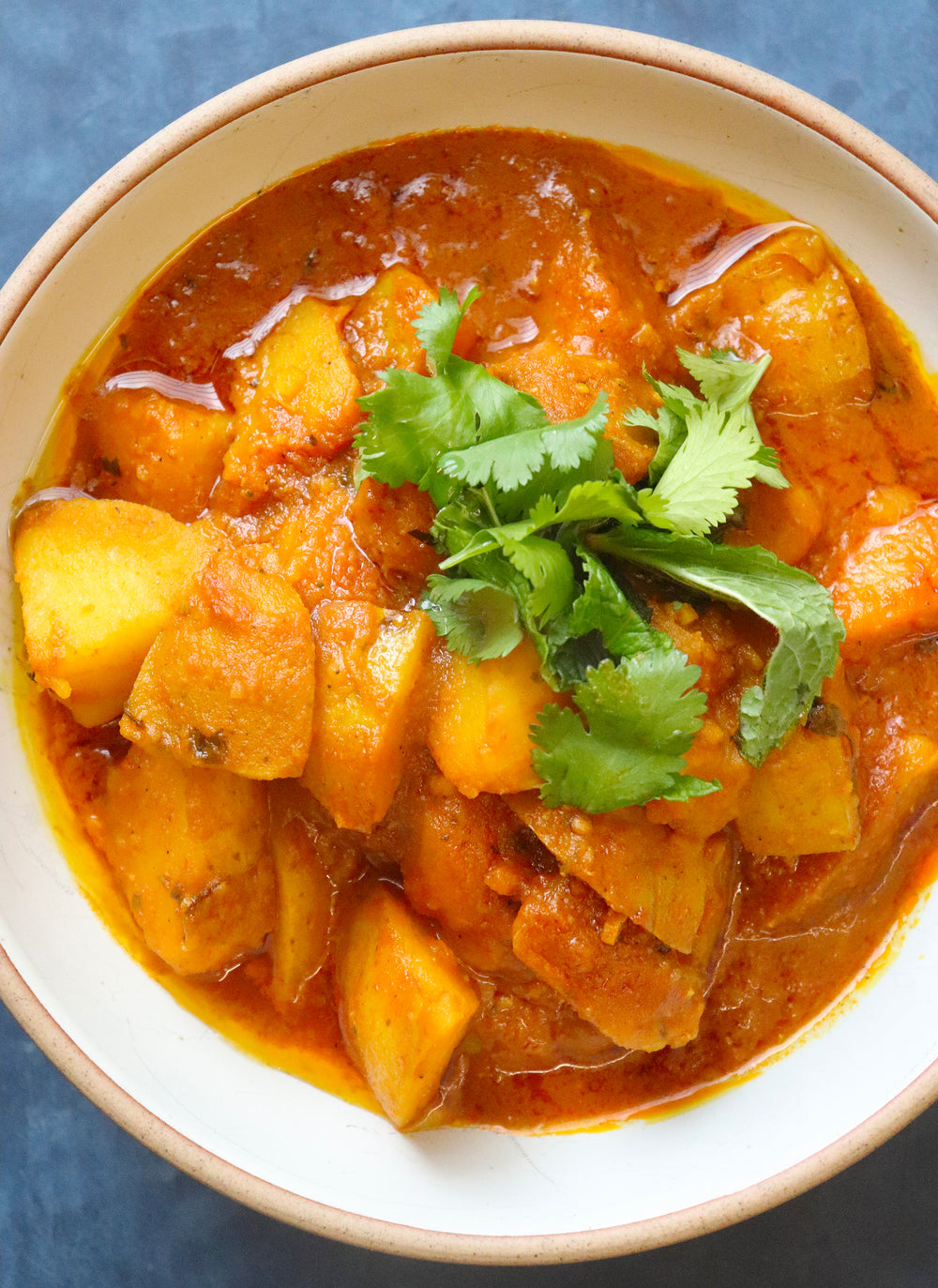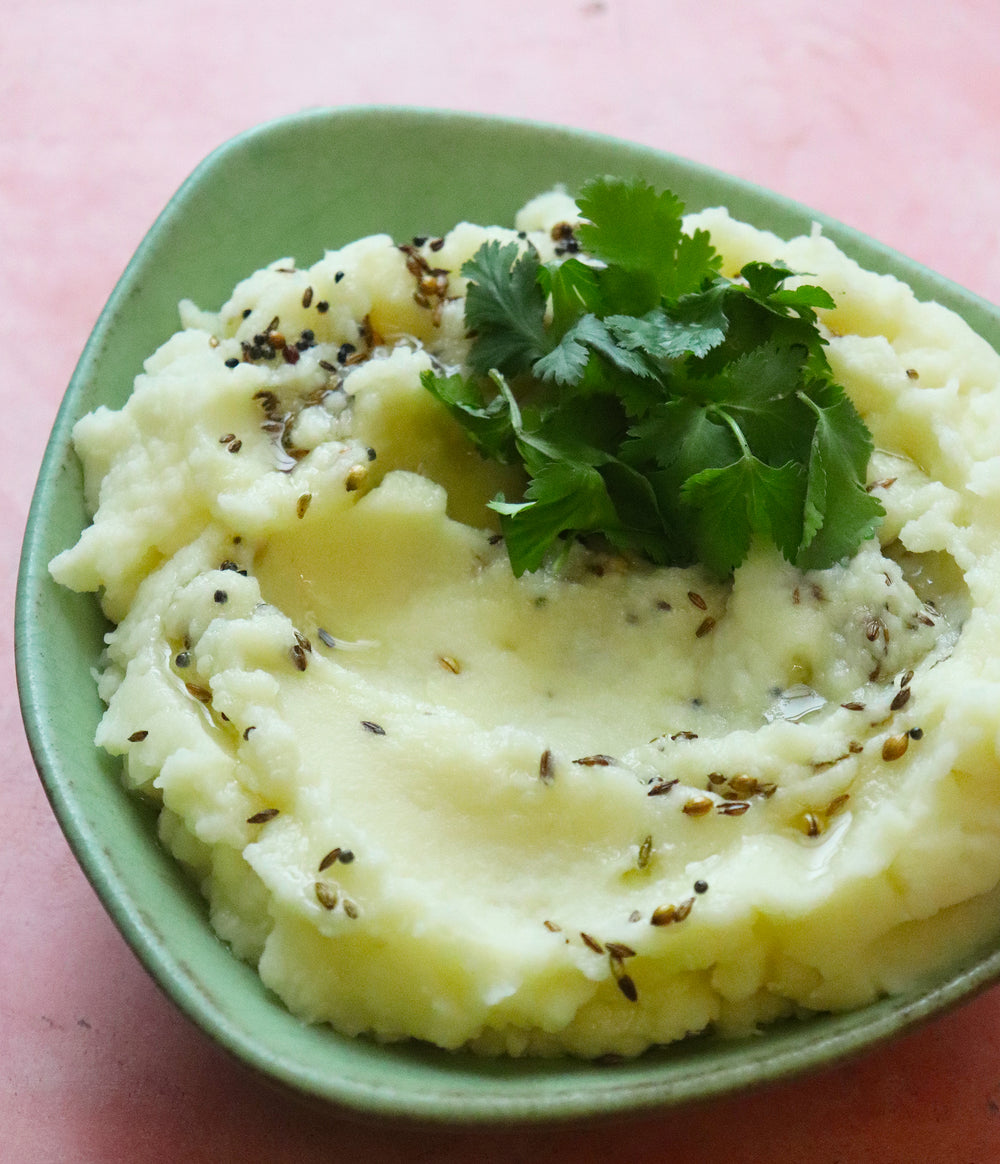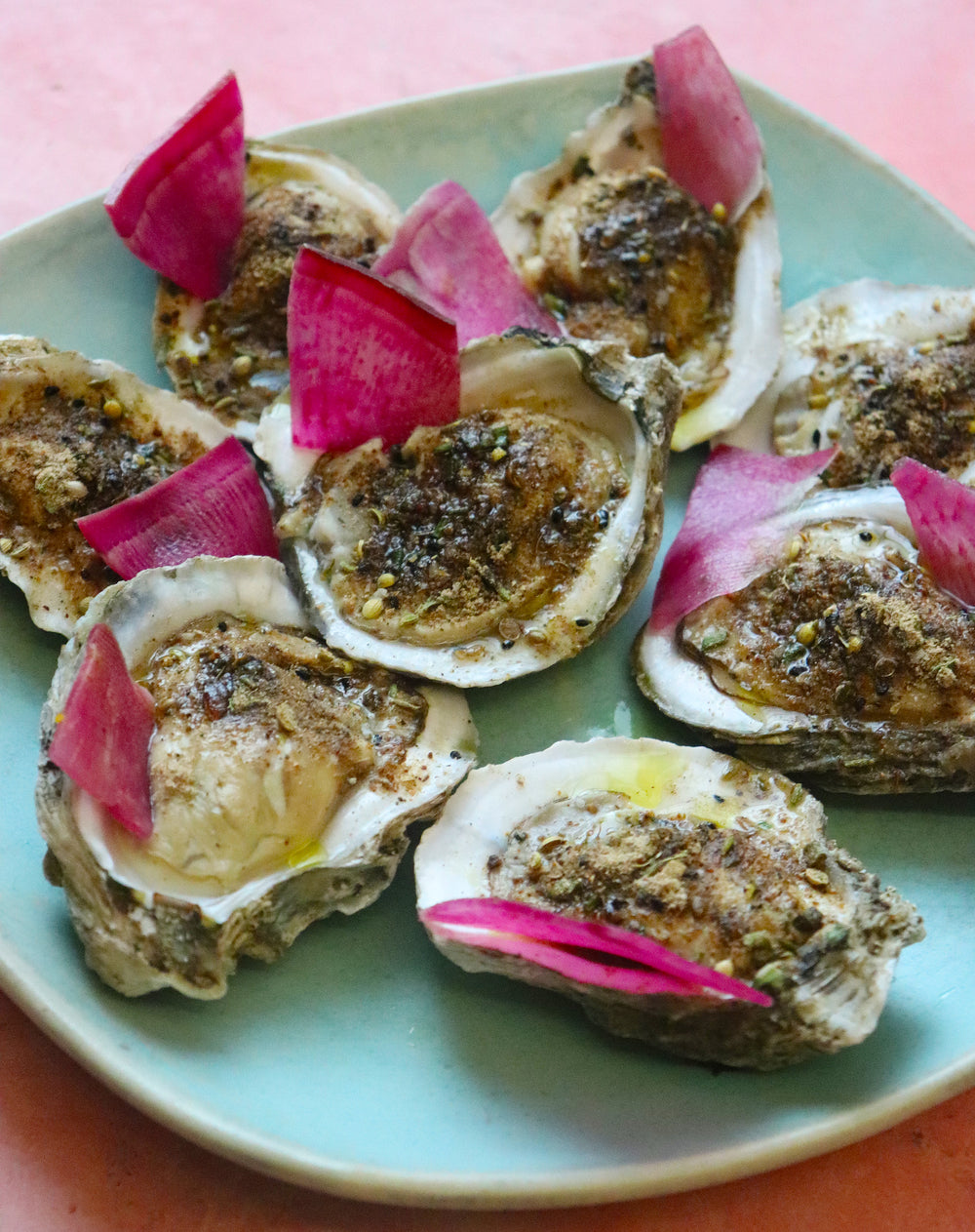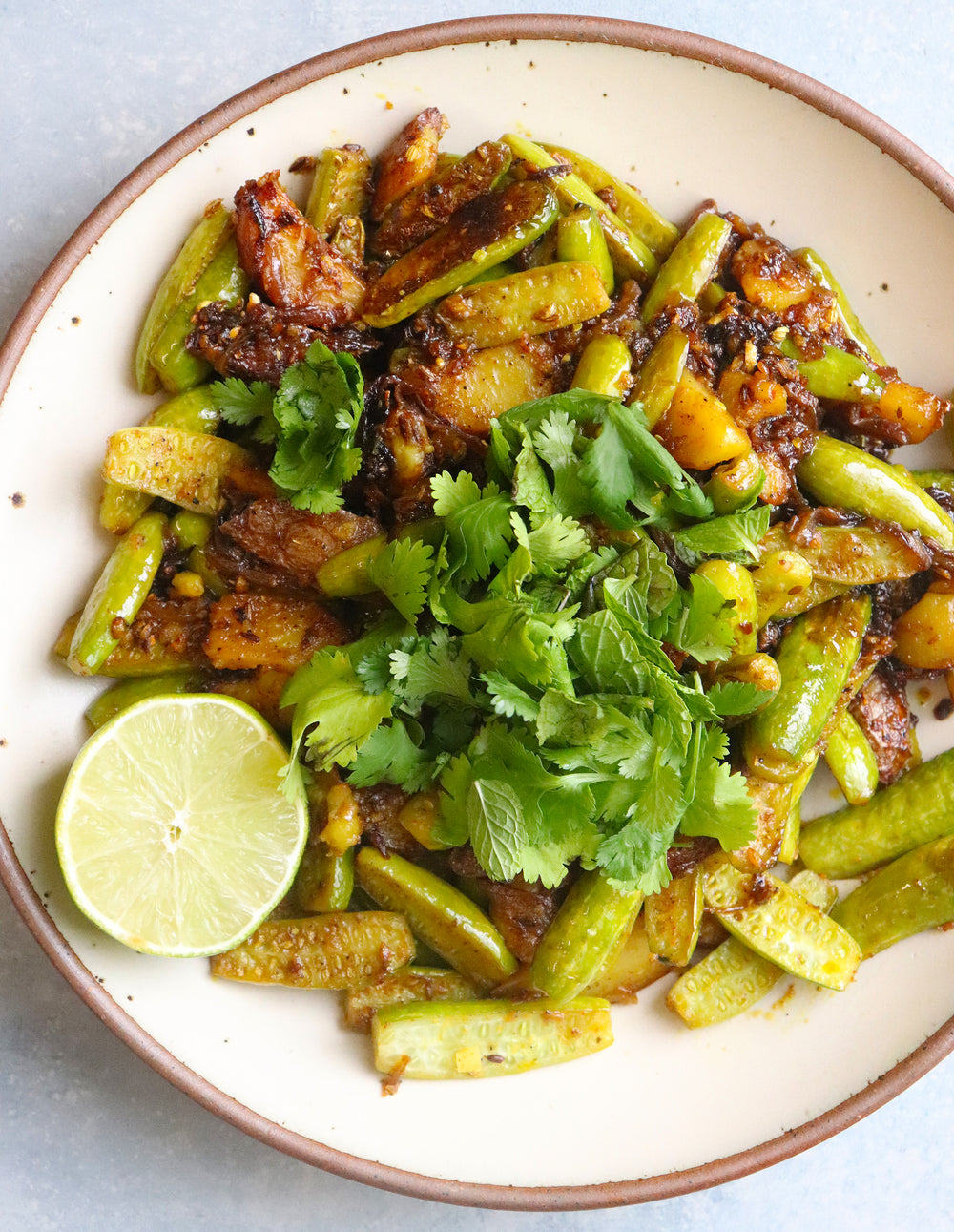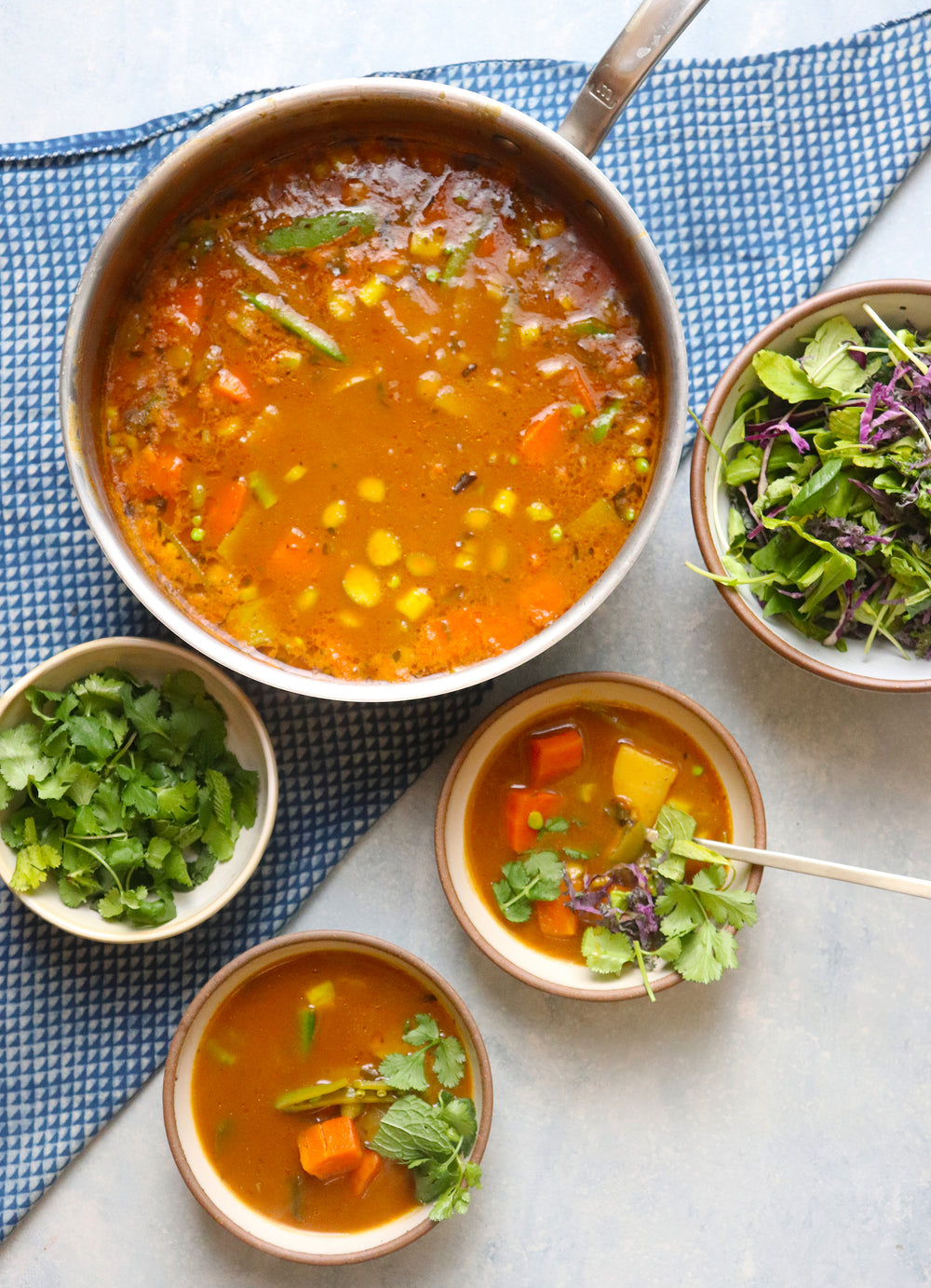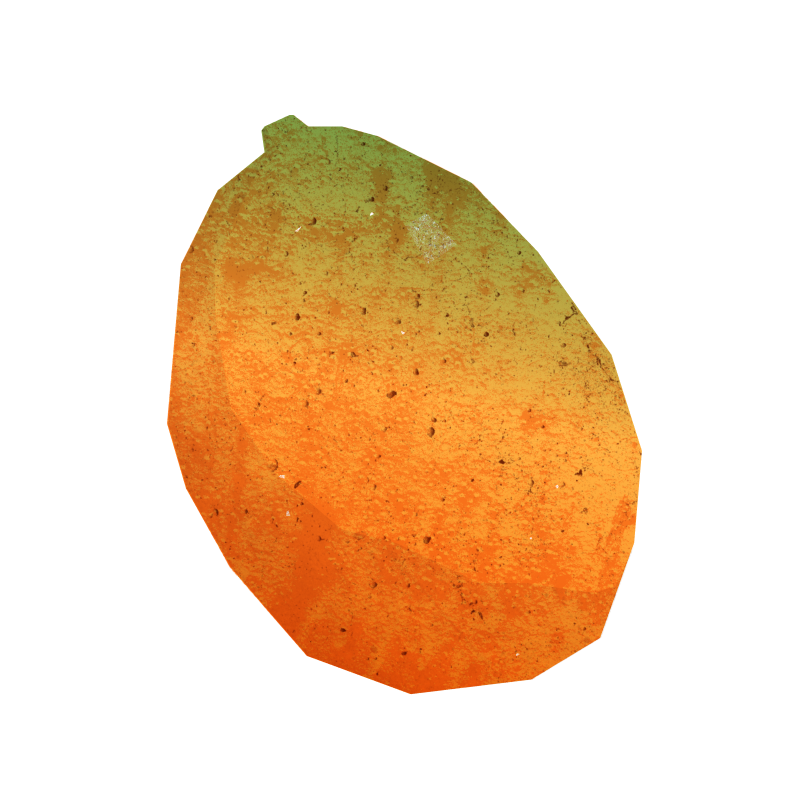The Pantry
Back to pantry
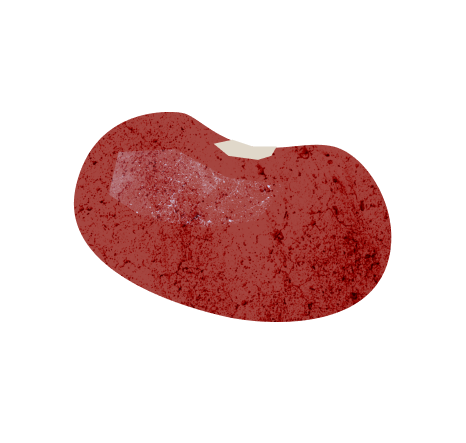
Beans
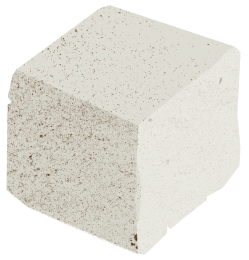
Dairy
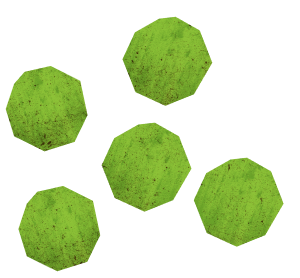
Dals
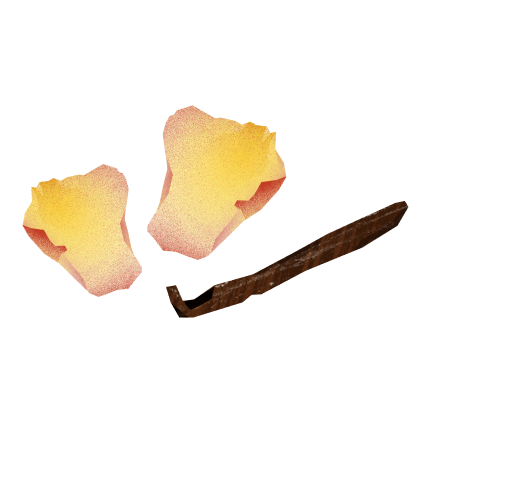
Essences

Fats

Flours & Grains

Herbs
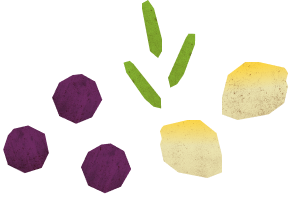
Masala
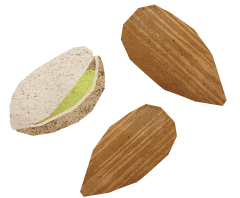
Nuts, Seeds & Fruits

Roots
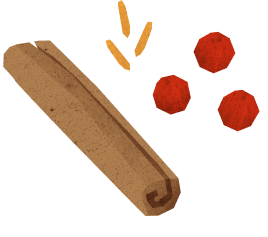
Spices
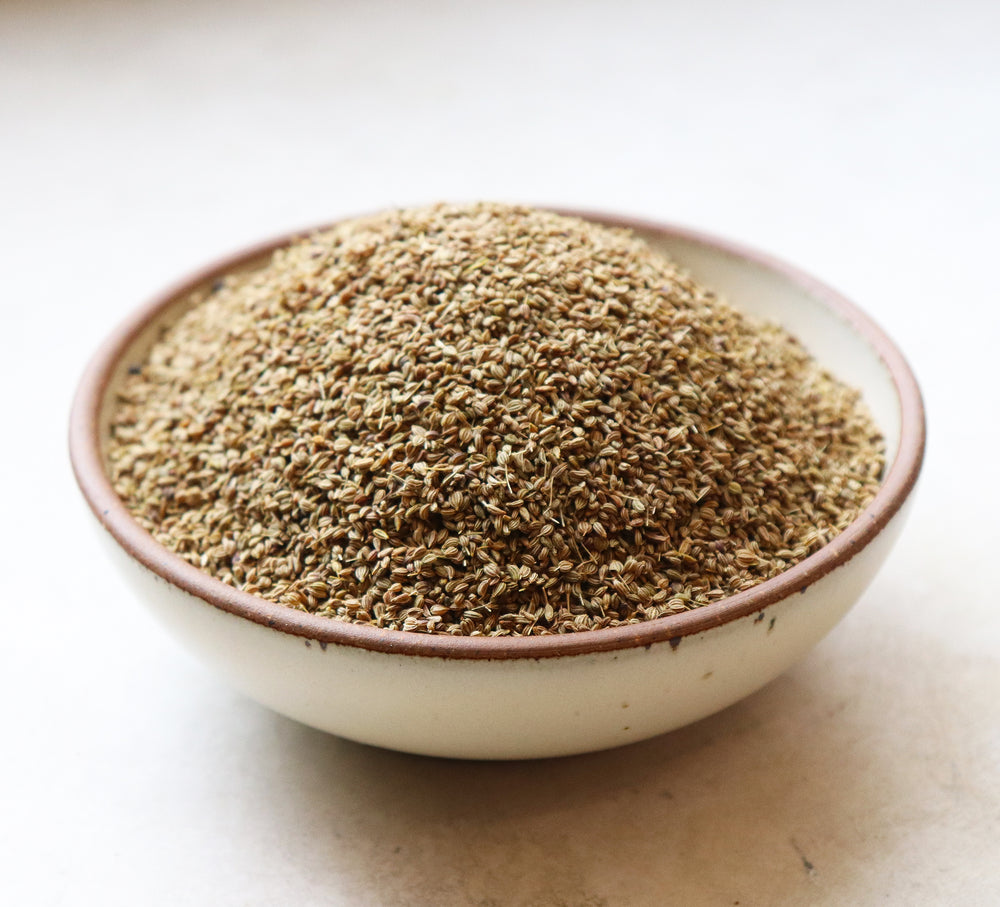
Ajwain
Taste: Sharp, peppery, and slightly bitter (more so when overused), like thyme, but stronger with slight anise-like flavors. When cooked, it gets a mellower, nutty flavor. Look: Light brown to grayish in color. Smell: Faintly of thyme (stronger aroma when crushed).

Ajwain
Taste: Sharp, peppery, and slightly bitter (more so when overused), like thyme, but stronger with slight anise-like flavors. When cooked, it gets a mellower, nutty flavor. Look: Light brown to grayish in color. Smell: Faintly of thyme (stronger aroma when crushed).
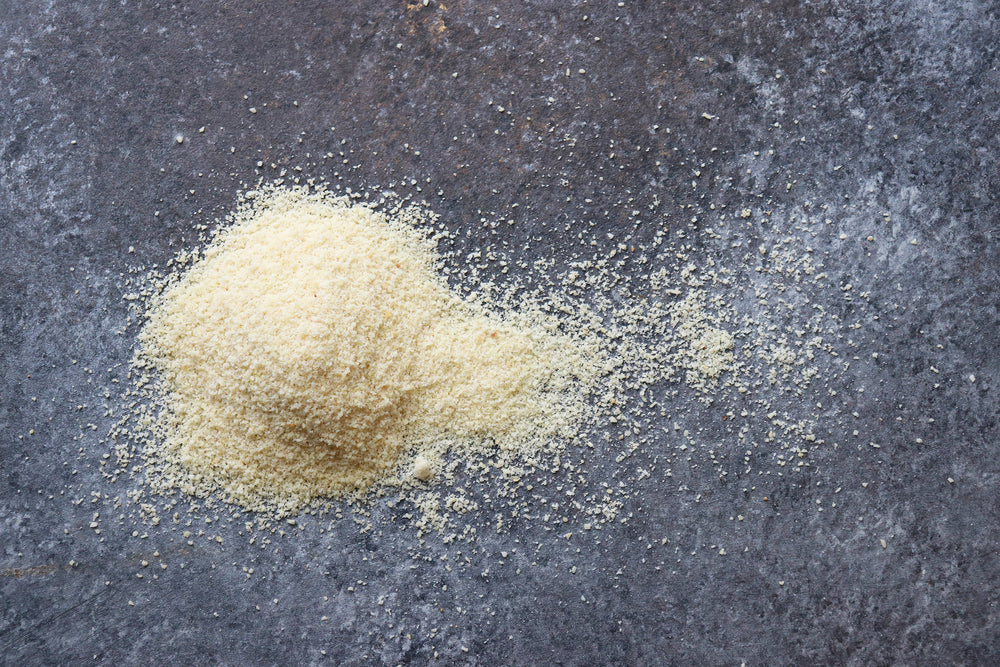
Almond Flour
Made from finely ground, blanched almonds with the skins removed, almond flour is often used in India to make burfi, a type of milk-based sweet. Try replacing 1/4 of the white flour in a cookie recipe for almond flour to get a denser texture & slightly nutty taste.

Almond Flour
Made from finely ground, blanched almonds with the skins removed, almond flour is often used in India to make burfi, a type of milk-based sweet. Try replacing 1/4 of the white flour in a cookie recipe for almond flour to get a denser texture & slightly nutty taste.
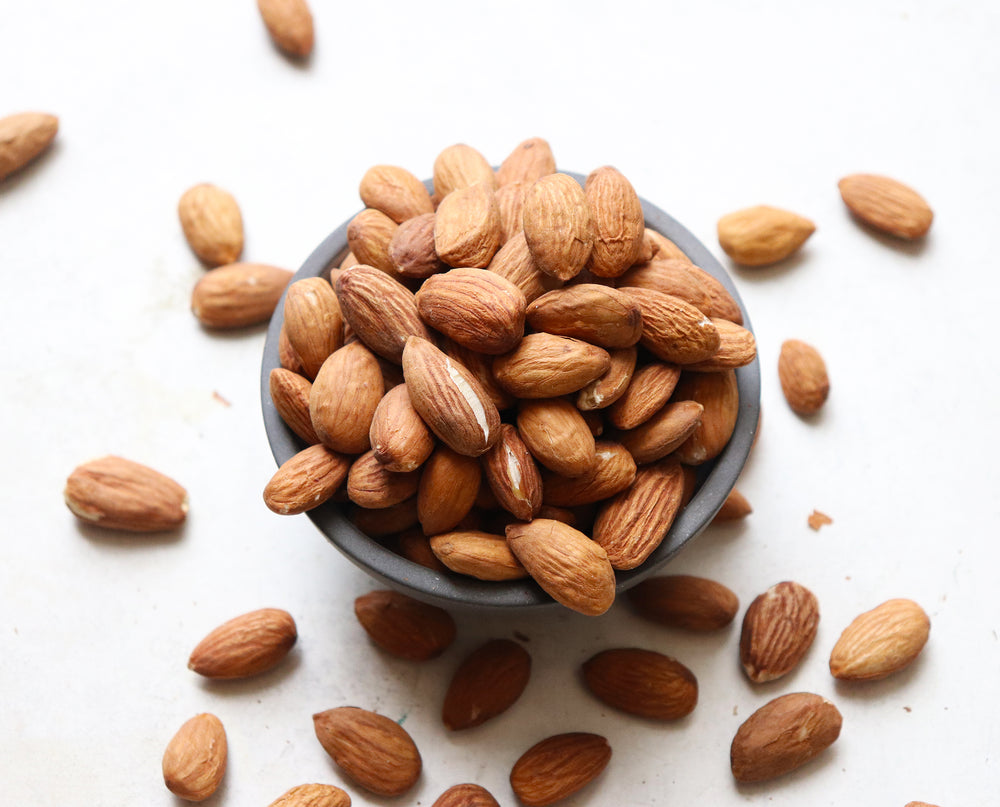
Almonds
Badaam, also known as almonds, are used from snacking to curries & desserts to drinks. Toasting them to a dark golden brown brings out a lot of flavor.
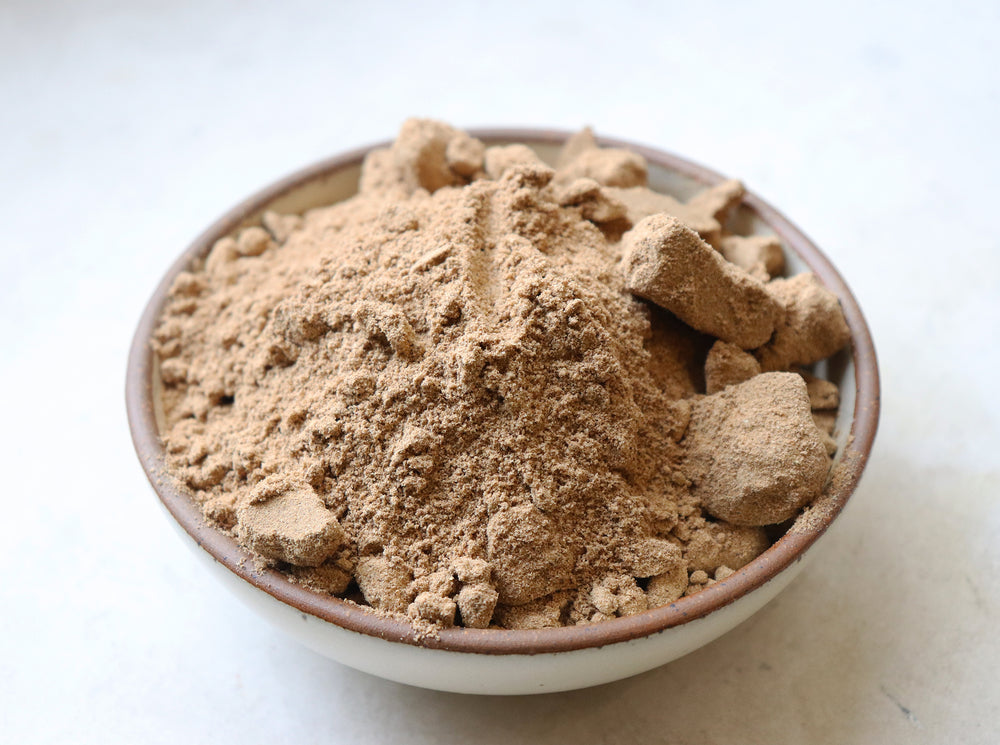
Amchur
Taste: Sour, slightly sweet. Like a powdered lime. Look: Light grayish brown powder - keep away from humidity to prevent clumps. Smell: Citrusy and fresh (made from dried green mangoes).
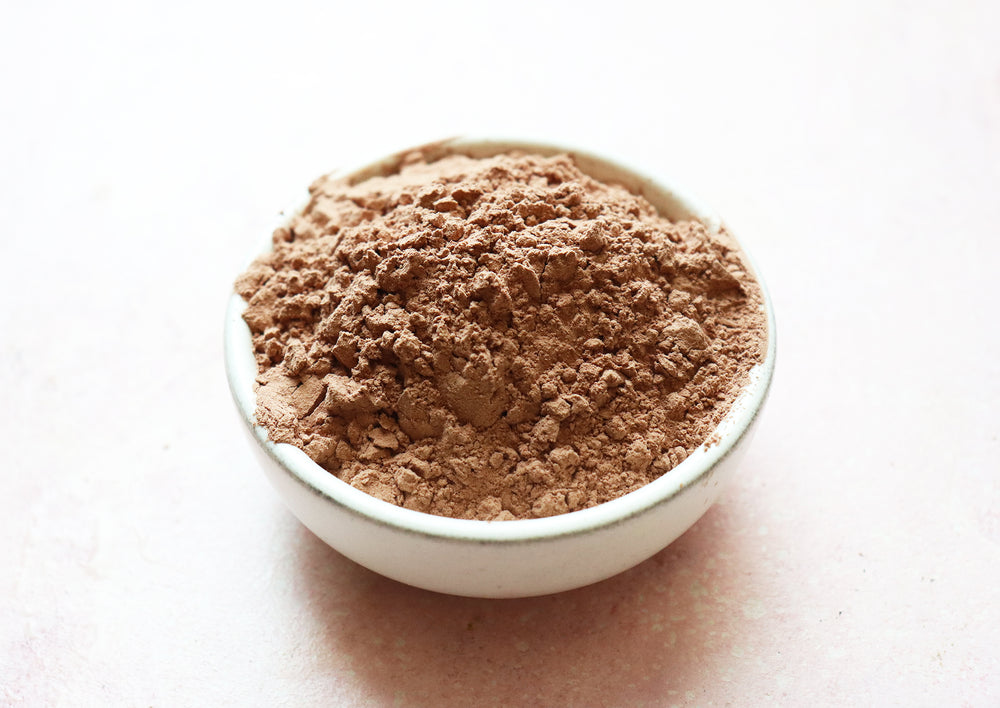
Arjuna
An age-old tonic for heart rejuvenation made from the bark of a tree, arjuna strengthens the circulatory system, helps maintain blood pressure & cholesterol. promotes emotional balance & is said to mend a broken heart! We recommend adding a bit with honey to tea or sprinkling in warm morning cereal. *Consult your physician before using any Ayurvedic herbs.

Arjuna
An age-old tonic for heart rejuvenation made from the bark of a tree, arjuna strengthens the circulatory system, helps maintain blood pressure & cholesterol. promotes emotional balance & is said to mend a broken heart! We recommend adding a bit with honey to tea or sprinkling in warm morning cereal. *Consult your physician before using any Ayurvedic herbs.
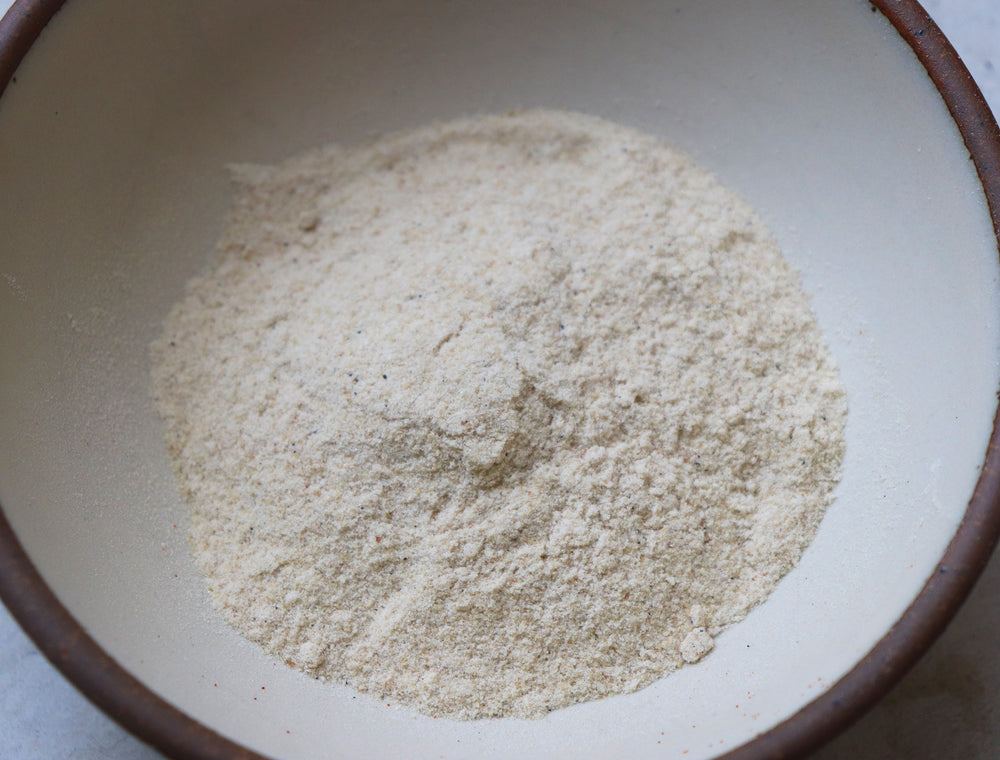
Asafoetida
Taste: After cooked, like onions and garlic. Look: Off white powder, sometimes yellow when turmeric has been added. Smell: Slightly sulfurous, pungent, quite unpleasant, like pickled garlic.
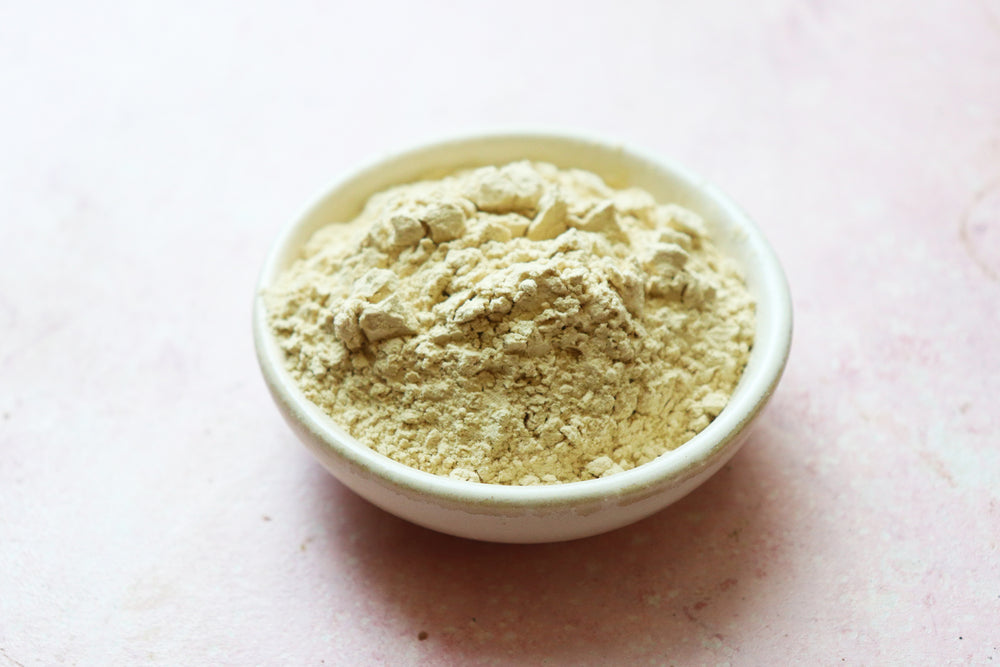
Ashwaghanda
Translating to “strength of a stallion”, ashwaghanda is powerful root that is ground for energy & vitality, known to aid in combating stress & rejuvenating the muscular & nervous system . Add 1 tsp to pancake powder or a pinch to a cup of warm milk. *Consult your physician before using any Ayurvedic herbs.

Ashwaghanda
Translating to “strength of a stallion”, ashwaghanda is powerful root that is ground for energy & vitality, known to aid in combating stress & rejuvenating the muscular & nervous system . Add 1 tsp to pancake powder or a pinch to a cup of warm milk. *Consult your physician before using any Ayurvedic herbs.
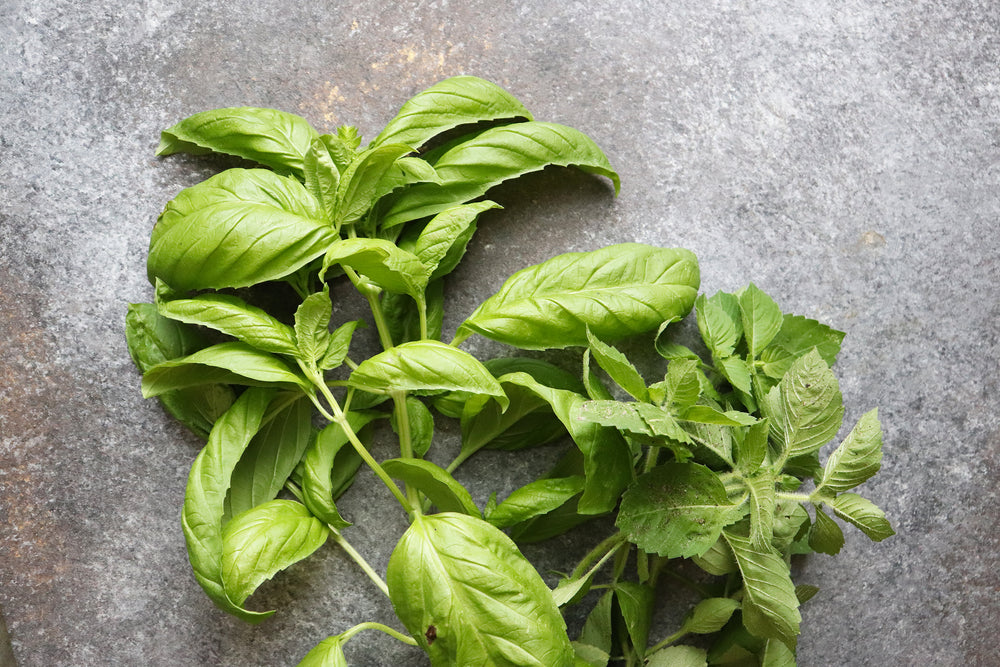
Basil
A peppery, sweet, clove-like herb that is uncommon in Indian cooking, however, the leaves of the holy basil plant are used as an offering to Lord Vishnu or Krishna.
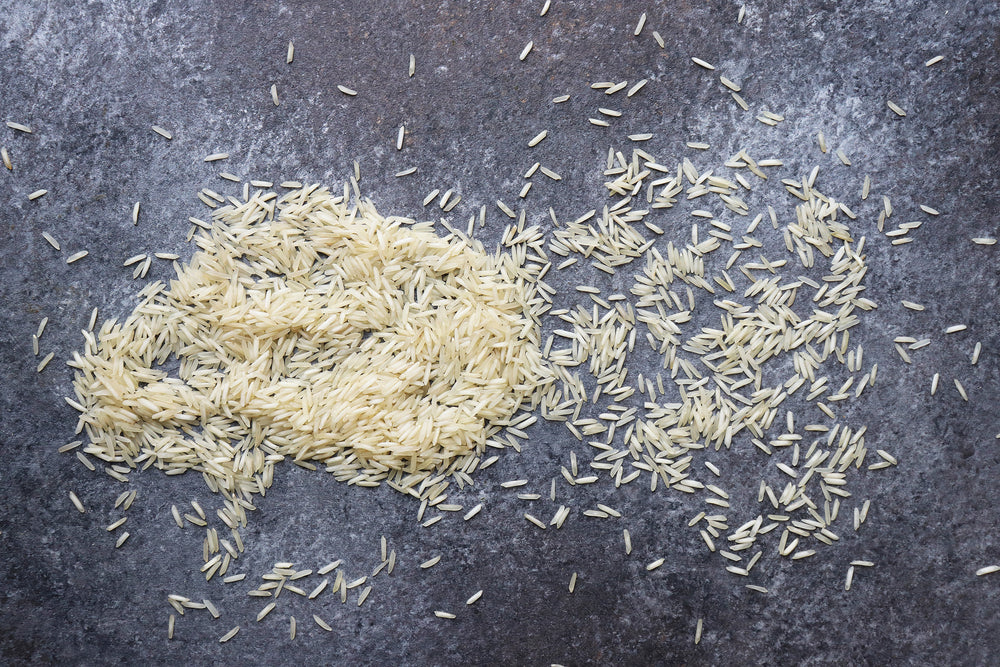
Basmati Rice
A subtly spicy, nutty and aromatic long grain white rice from the foothills of India, basmati rice develops flavor when aged. Its distinctive length can cook up to a flaky finish where each grain appears separate.
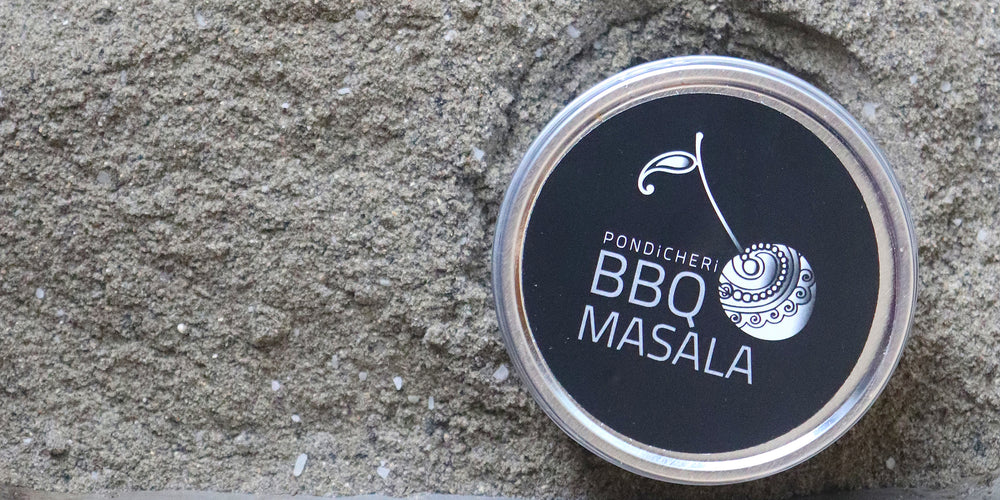
BBQ Masala Tin
Tangy, aromatic & earthy. Deep rich spice blend with bright notes of kalonji, royal cumin and dried mango powder.

BBQ Masala Tin
Tangy, aromatic & earthy. Deep rich spice blend with bright notes of kalonji, royal cumin and dried mango powder.
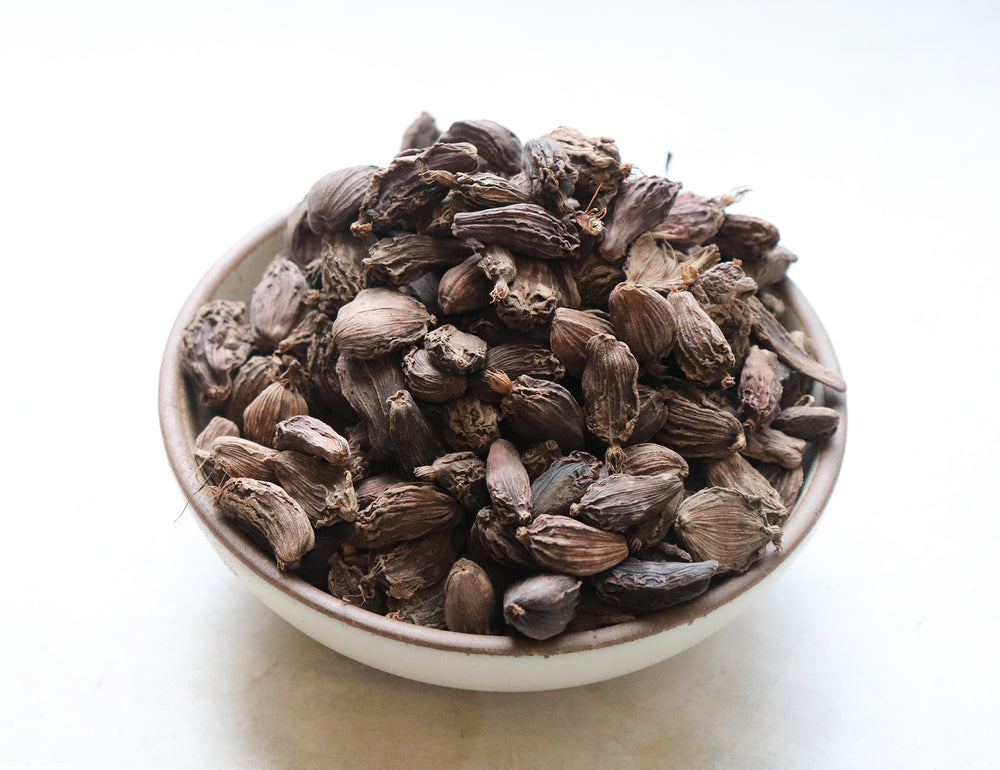
Black Cardamom
The black cardamom pods are larger than the green pods. Taste: Slightly harsh, rich and strong flavor with smoky overtones. Look: About an inch long dark brown pods with visible seeds. Smell: Smoky and savory. Reminiscent barbecue sauce.
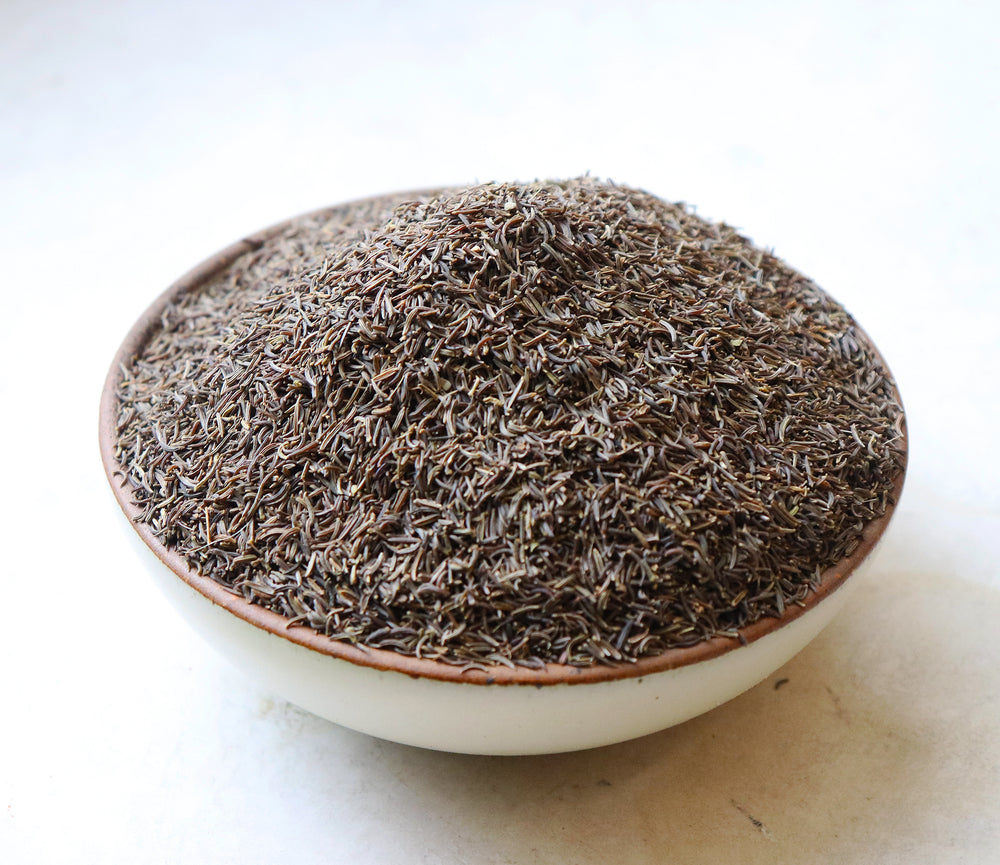
Black Cumin
Taste: Nutty, peppery, slightly bitter, warm and pungent with a smokey flavor. Look: Dark grey blackish seeds. Smell: A bit mellower than regular cumin, slightly floral, and sweeter.
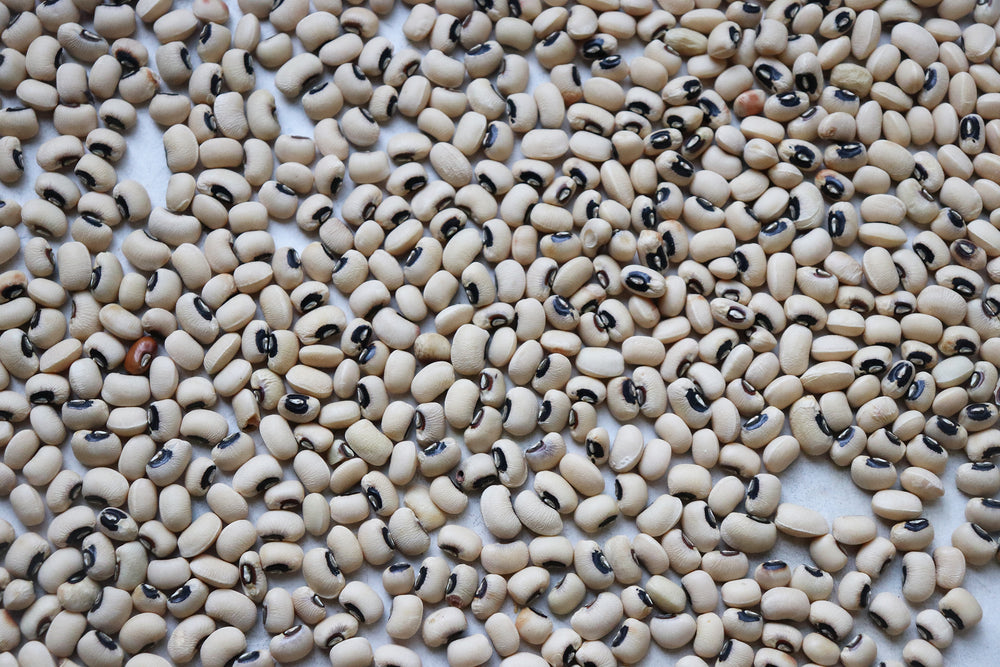
Black Eyed Peas
Also called lobia or chowli, black eyes peas are treated like any other beans like garbanzo or black beans. They are delicious tossed into a salad or in a stew with tomatoes and caramelized onions.
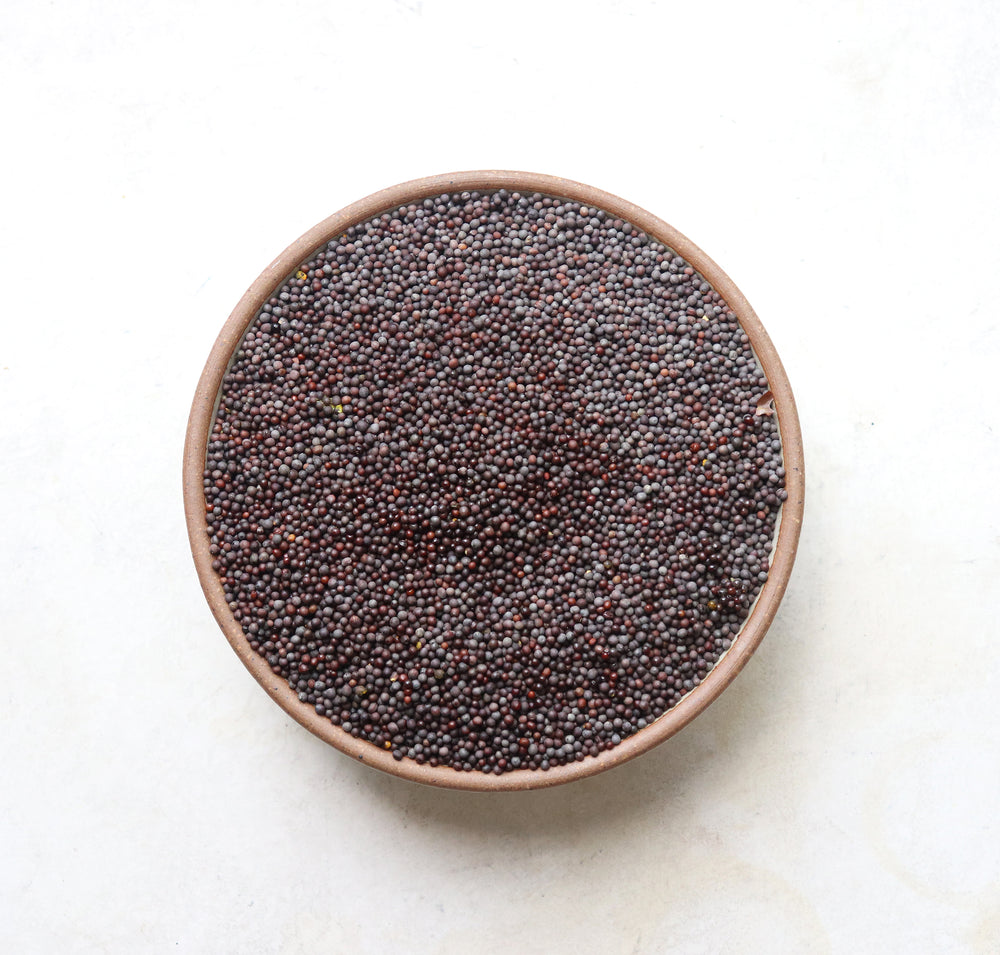
Black Mustard
Quoted in biblical writings from the Bible to the Koran, the tiny mustard seed, sourced from a brassica family with no connection to supermarket mustard greens, is packed with a pungent flavor. There are three kinds of mustard seeds, yellow, brown and black and the flavor is only released when the seed comes in contact with cold water, setting off an enzyme myrosinase that unleashes the flavor. Best purchased whole, mustard seeds will keep for years. Black mustard seeds are the ones most commonly used in India and my favorite way to cook them is to pop them in hot oil at the beginning of cooking curries, stews or pilaf. The two kinds of mustard seeds I keep at the home pictured above are whole black mustard seed and ‘rai kuria’, crushed black mustard seeds with the skin removed. Mustard oil, cold-pressed from brown or black mustard seeds is very common in India, particularly in Bengali cooking. It has some of the properties of wasabi with nose and head warming hotness. While medical studies are inconclusive, due to a high percentage of irritants like erucic acid and isothiocyanates, for years sale of edible mustard oil was banned in Western markets and was sold under the guide of ‘massage oil’. These days, however, it is freely available at Indian grocers. When I bring a bottle home, I usually heat it to smoking point, cool and store it in a glass jar. I can drizzle it on salads or curries and use it to make salad dressings. In India, where mustard oil has been used for millennia, heating the oil to a smoking point is believed to eliminate the irritant chemicals. Mustard seeds are believed to be a diuretic, a stimulant, help improving digestion, increasing circulation and easing muscular aches and pains.

Black Mustard
Quoted in biblical writings from the Bible to the Koran, the tiny mustard seed, sourced from a brassica family with no connection to supermarket mustard greens, is packed with a pungent flavor. There are three kinds of mustard seeds, yellow, brown and black and the flavor is only released when the seed comes in contact with cold water, setting off an enzyme myrosinase that unleashes the flavor. Best purchased whole, mustard seeds will keep for years. Black mustard seeds are the ones most commonly used in India and my favorite way to cook them is to pop them in hot oil at the beginning of cooking curries, stews or pilaf. The two kinds of mustard seeds I keep at the home pictured above are whole black mustard seed and ‘rai kuria’, crushed black mustard seeds with the skin removed. Mustard oil, cold-pressed from brown or black mustard seeds is very common in India, particularly in Bengali cooking. It has some of the properties of wasabi with nose and head warming hotness. While medical studies are inconclusive, due to a high percentage of irritants like erucic acid and isothiocyanates, for years sale of edible mustard oil was banned in Western markets and was sold under the guide of ‘massage oil’. These days, however, it is freely available at Indian grocers. When I bring a bottle home, I usually heat it to smoking point, cool and store it in a glass jar. I can drizzle it on salads or curries and use it to make salad dressings. In India, where mustard oil has been used for millennia, heating the oil to a smoking point is believed to eliminate the irritant chemicals. Mustard seeds are believed to be a diuretic, a stimulant, help improving digestion, increasing circulation and easing muscular aches and pains.
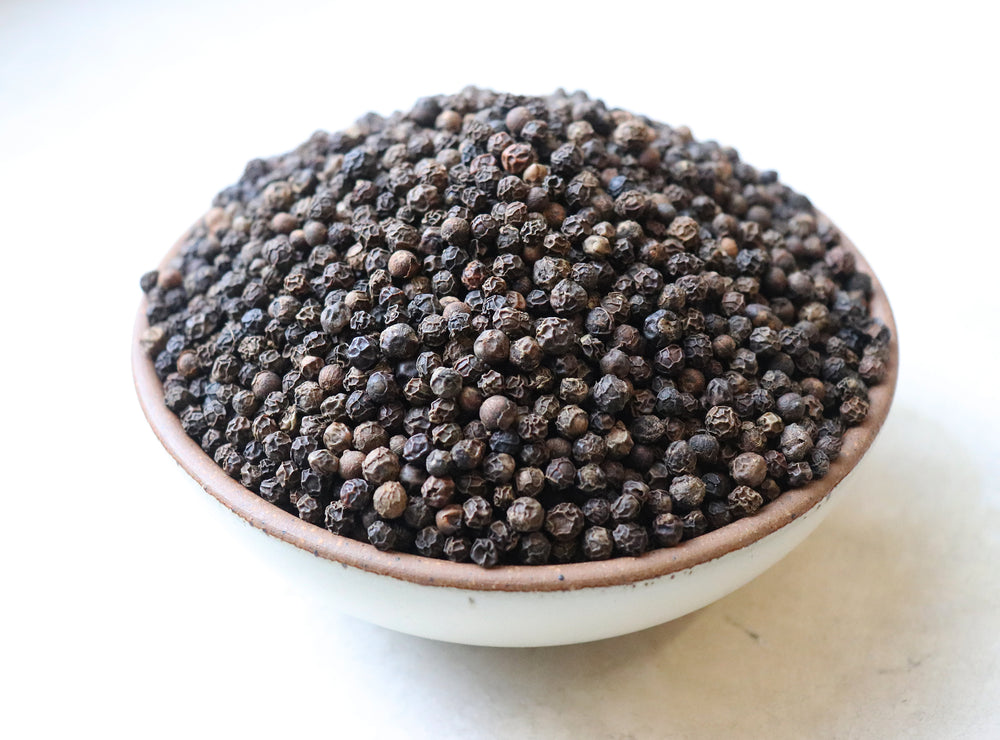
Black Pepper
AKA, the “King of Spices”. There are many different types of pepper (black, green, pink, and white). Peppercorns are fruits that all come from the same vine, but are grown in different regions, allowed to ripen to different maturity, dried, brined, or processed in a unique way. All of these things give the pepper it’s unique flavor. Black pepper is actually green peppercorns cooked it hot water and dried in the sun. Taste: Hot, robust, with a bite. Look: Dark brown, black with a wrinkled skin. Smell: Warm, woody smell that is fresh and pungent.

Black Pepper
AKA, the “King of Spices”. There are many different types of pepper (black, green, pink, and white). Peppercorns are fruits that all come from the same vine, but are grown in different regions, allowed to ripen to different maturity, dried, brined, or processed in a unique way. All of these things give the pepper it’s unique flavor. Black pepper is actually green peppercorns cooked it hot water and dried in the sun. Taste: Hot, robust, with a bite. Look: Dark brown, black with a wrinkled skin. Smell: Warm, woody smell that is fresh and pungent.
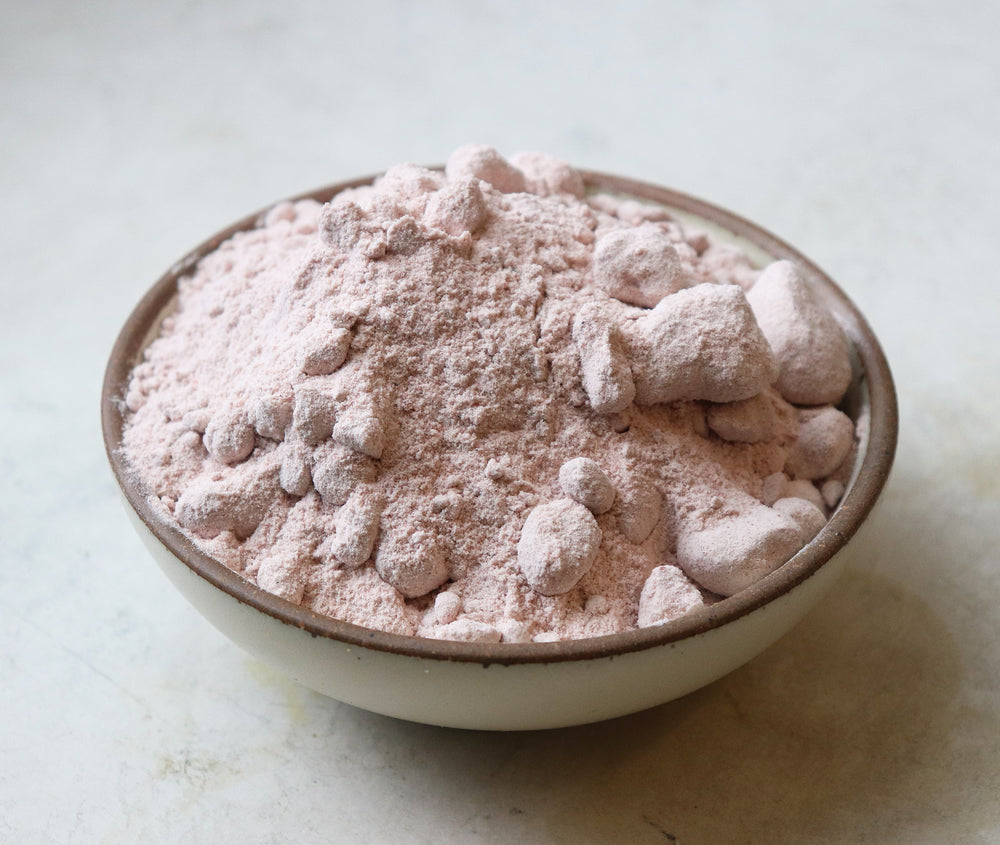
Black Salt
AKA Kala Namak. Taste: Smoky and tangy, not super salty like the name denotes. Look: A light pink colored powder. Smell: Sulfurous, noxious boiled egg aroma.
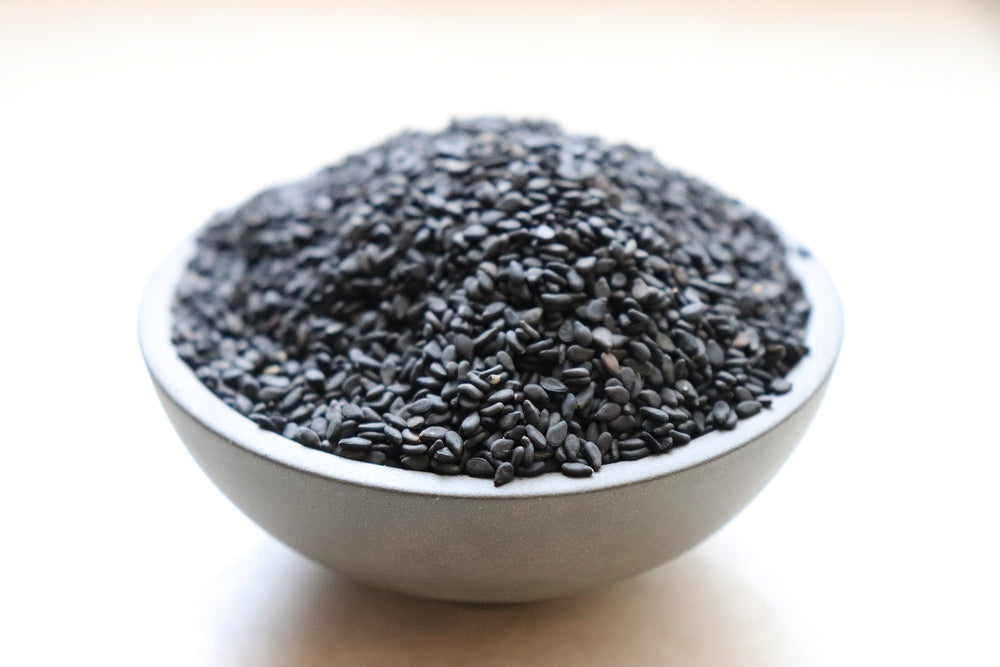
Black Sesame Seeds
Originally from the African savannah but now grown worldwide, sesame seeds are high in trace minerals and phytonutrients. Black sesame seeds can be used just like the brown or the white except that they are slightly bitter and usually larger than their white cousins.

Black Sesame Seeds
Originally from the African savannah but now grown worldwide, sesame seeds are high in trace minerals and phytonutrients. Black sesame seeds can be used just like the brown or the white except that they are slightly bitter and usually larger than their white cousins.
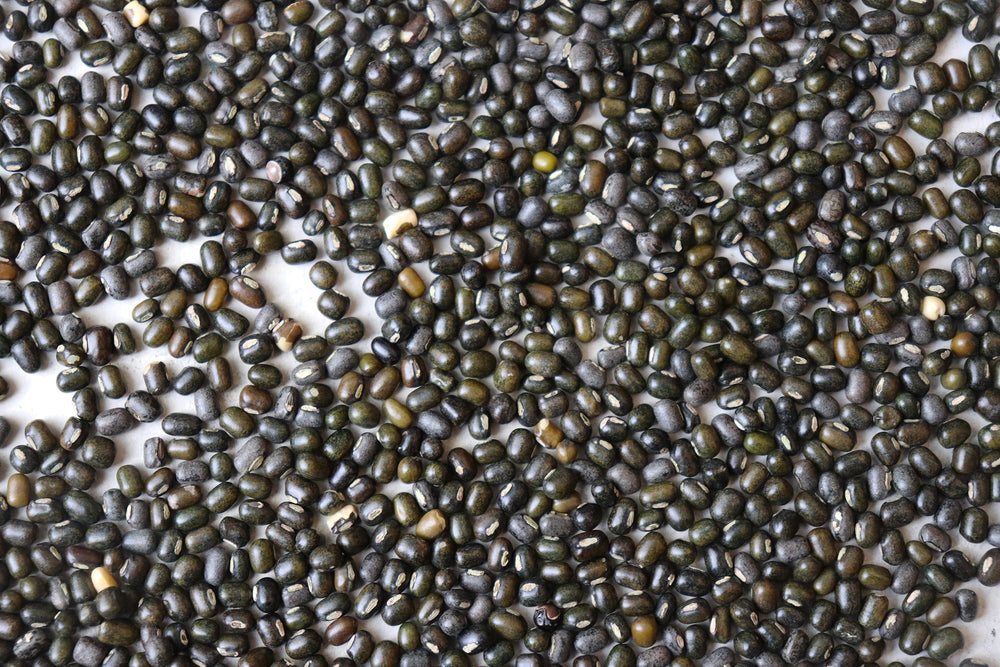
Black Urad
A small white lentil with a black shell, whole urad is a rich, creamy & used to make the infamously decadent Punjabi ‘Kali Dal’ (Black lentil curry). When shelled, the inside is a pure white lentil called Urad dal which is used in Southern India to make dosas, idlis & vadas.

Black Urad
A small white lentil with a black shell, whole urad is a rich, creamy & used to make the infamously decadent Punjabi ‘Kali Dal’ (Black lentil curry). When shelled, the inside is a pure white lentil called Urad dal which is used in Southern India to make dosas, idlis & vadas.
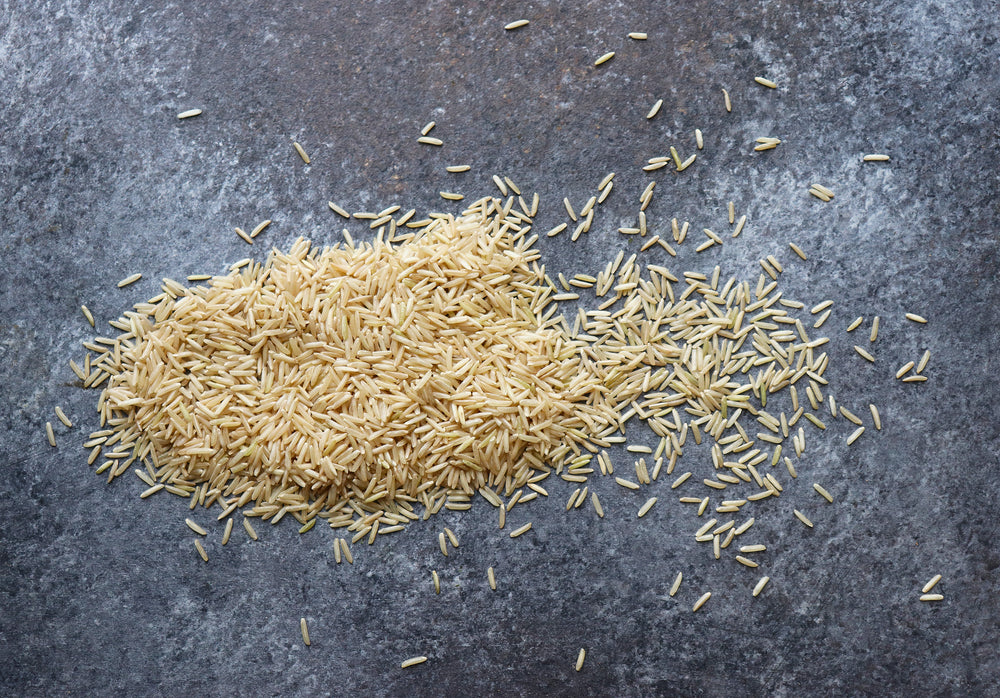
Brown Basmati Rice
Brown basmati is the same as white basmati except that the outer husk has not been removed. It takes longer to cook but has increased fiber and nutrition. It works well boiled and used in salads or khichri and other stews.
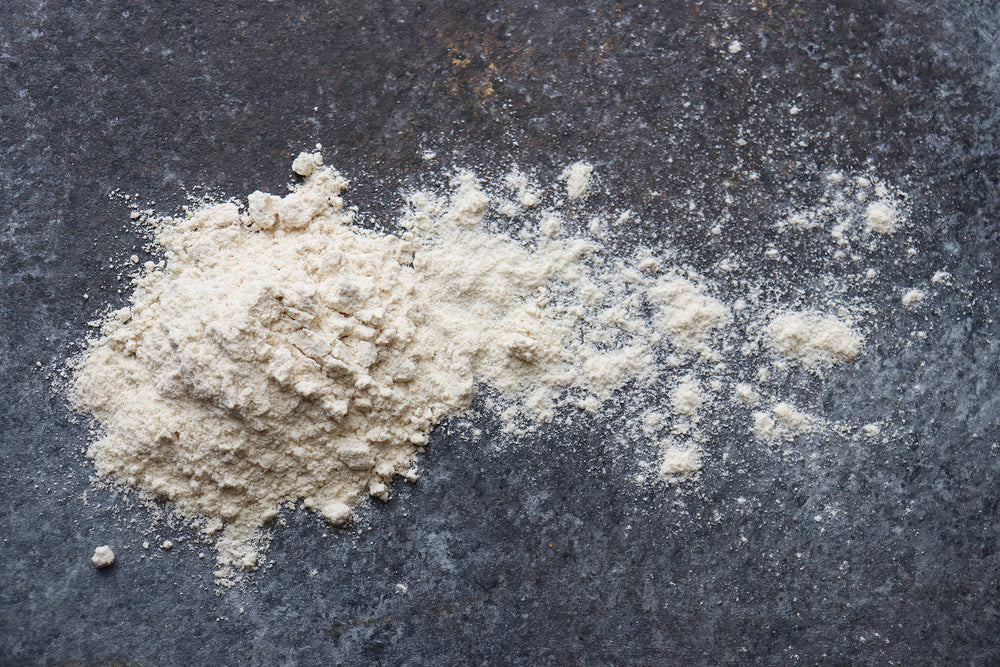
Buckwheat
Originally from southeast Asia, buckwheat flour, which is not related to wheat, nor does it contain gluten, is a rich source of fiber and protein and can be used in pancakes, crackers, and breads.

Buckwheat
Originally from southeast Asia, buckwheat flour, which is not related to wheat, nor does it contain gluten, is a rich source of fiber and protein and can be used in pancakes, crackers, and breads.
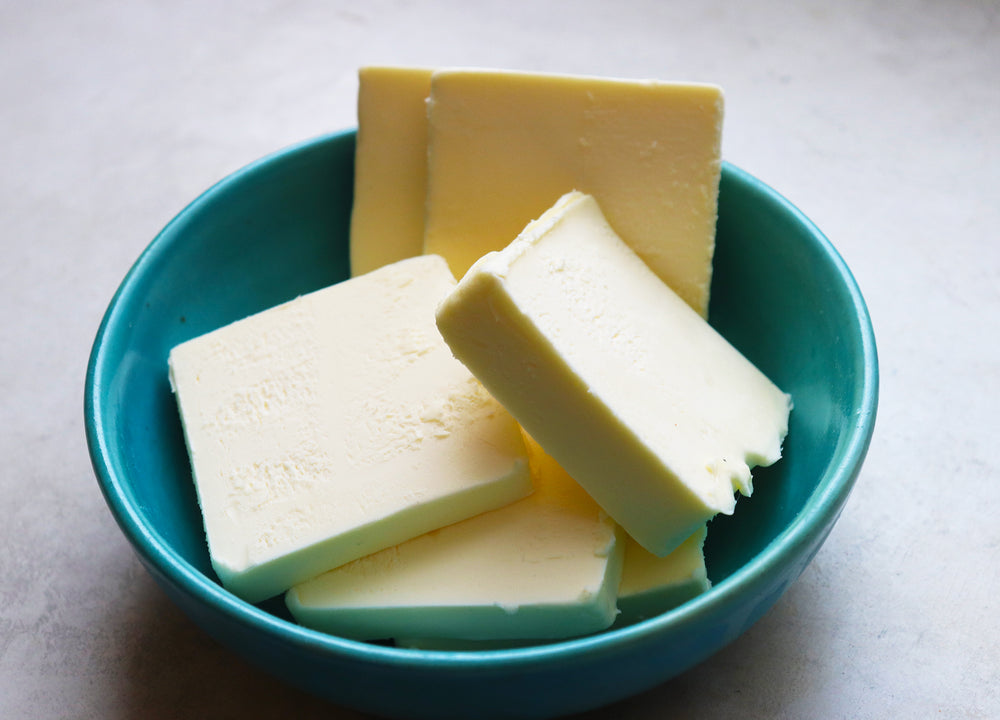
Butter
Butter is the quintessential fat and for the purposes of making ghee or in baking, always use unsalted. Try to use organic and butter from smaller dairies. Homemade butter can also be made from whipping heavy cream until it ‘breaks’ and adding flavorings if desired.

Butter
Butter is the quintessential fat and for the purposes of making ghee or in baking, always use unsalted. Try to use organic and butter from smaller dairies. Homemade butter can also be made from whipping heavy cream until it ‘breaks’ and adding flavorings if desired.
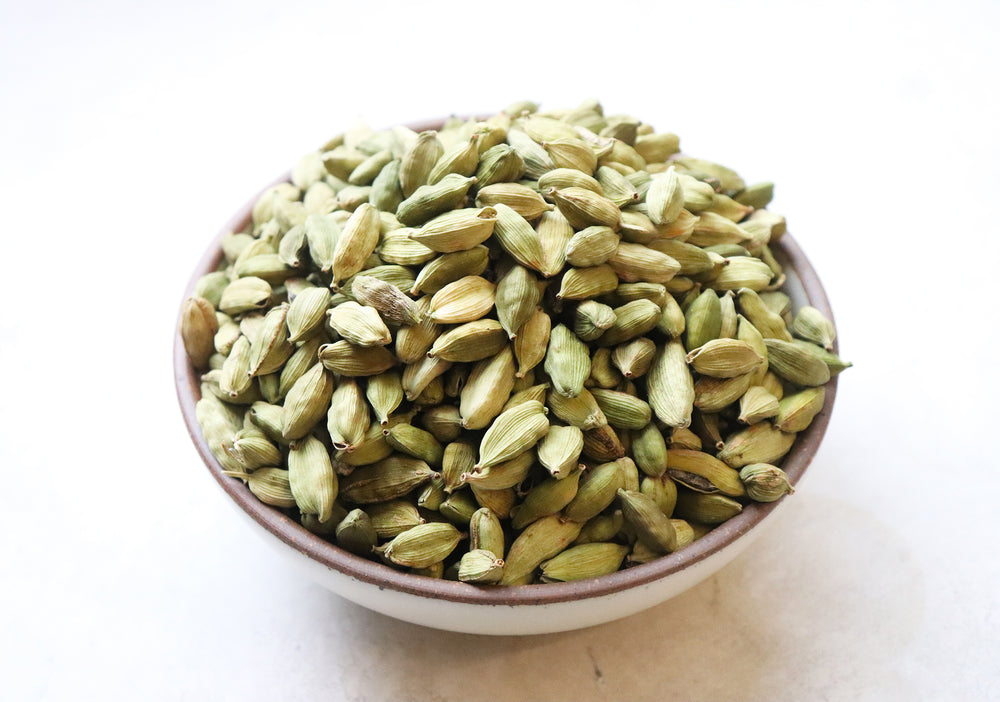
Cardamom
There are 3 types of cardamom; green, white, and black. Below describes green. Taste: Sweet, mild, floral, with a faint citrus note. Often referred to as the “vanilla of India”. Look: Bright green clover shaped pods. Smell: Warm, sweet, intense camphor-like aroma.

Cardamom
There are 3 types of cardamom; green, white, and black. Below describes green. Taste: Sweet, mild, floral, with a faint citrus note. Often referred to as the “vanilla of India”. Look: Bright green clover shaped pods. Smell: Warm, sweet, intense camphor-like aroma.
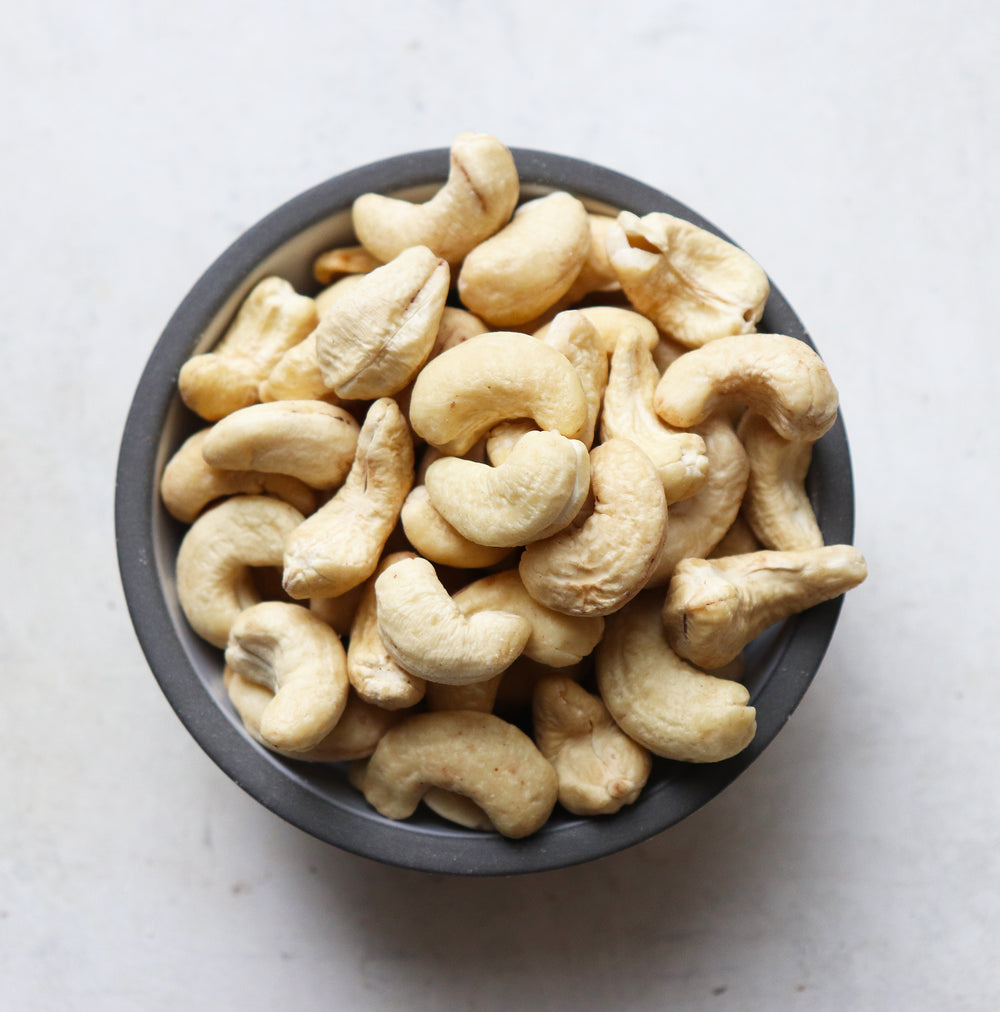
Cashews
The renowned cashews from Goa with their light skin are sweet and filled with an intense flavor. They can be stir fried with spices or used in mithais & curries.
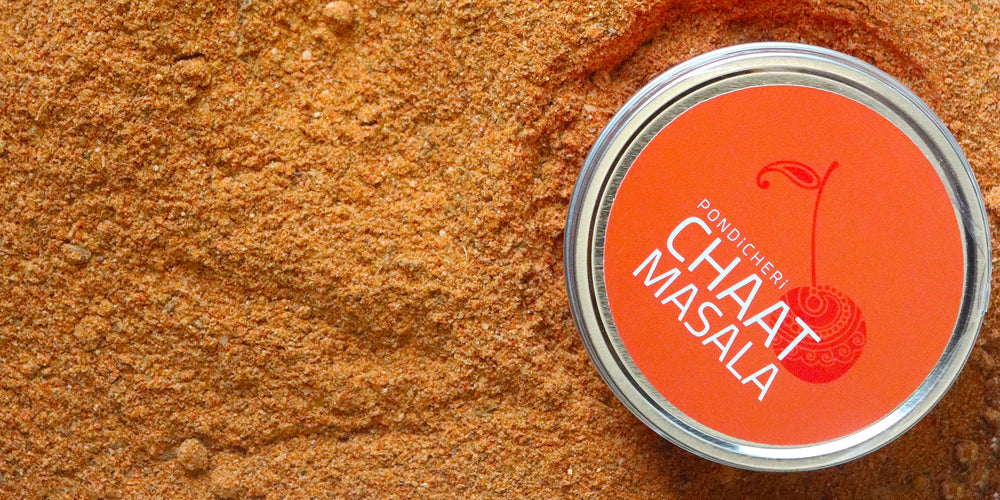
Chaat Masala Tin
Tangy, hot & bold. A sprinkling spice reminiscent of street foods from India that will give food a burst of flavor.
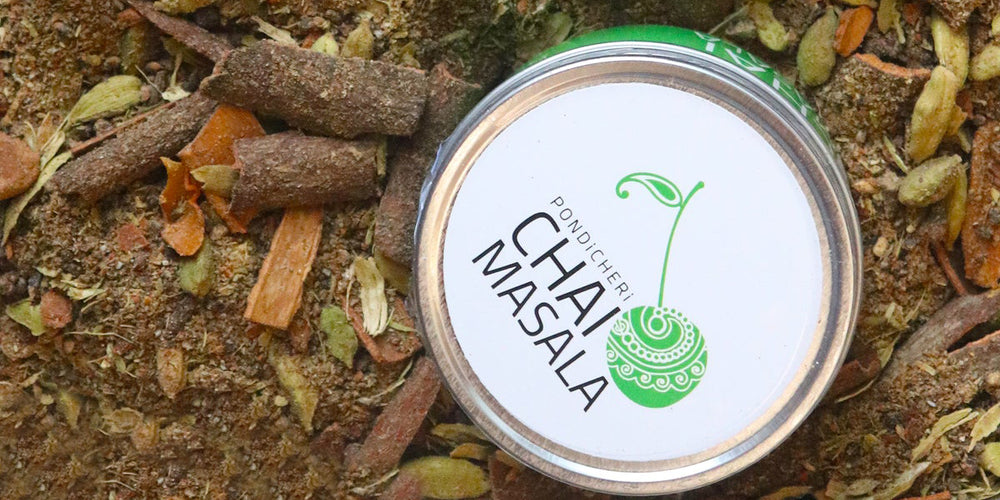
Chai Masala Tin
Fragrant & complex. A fragrant blend of cardamom, cinnamon, mace, clove and more to liven up a cup of tea.

Chai Masala Tin
Fragrant & complex. A fragrant blend of cardamom, cinnamon, mace, clove and more to liven up a cup of tea.
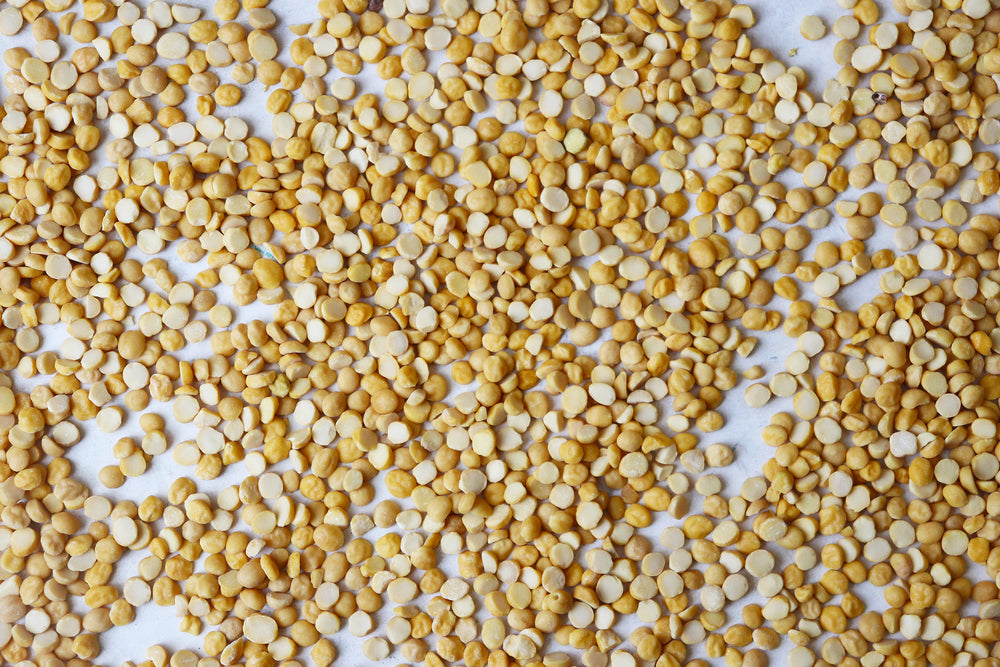
Channa Dal
A richer creamier dal than it’s cousin the moong, channa dal is best slow cooked and then finished with masalas ranging from tomatoes to onions, garlic and ginger.

Channa Dal
A richer creamier dal than it’s cousin the moong, channa dal is best slow cooked and then finished with masalas ranging from tomatoes to onions, garlic and ginger.
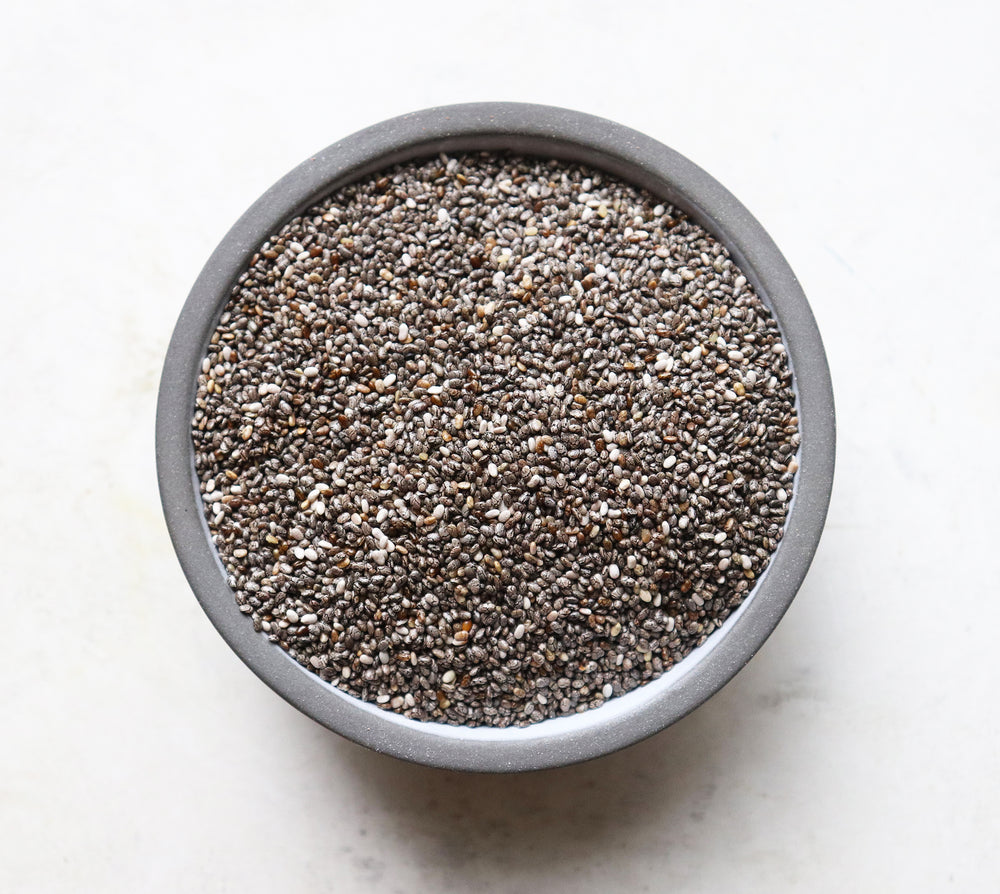
Chia Seeds
A crop widely cultivated by the Aztecs during pre-Columbian times, chia seeds are very high in fiber, omega-3 fatty acids, protein, and many essential minerals. The seeds are hygroscopic and get a mucilaginous texture when in water.
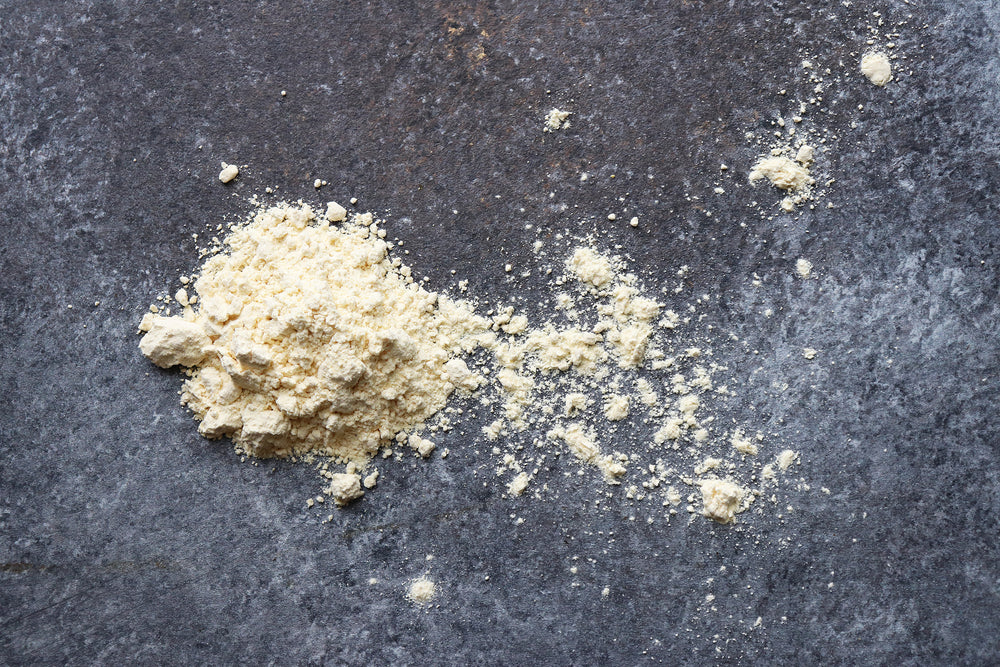
Chickpea Flour
A staple in Pondicheri’s kitchen, protein-rich besan flour is delicious in chillas (a savory breakfast pancake), as a batter for deep fried vegetable pakoras or toasted in baked goods.
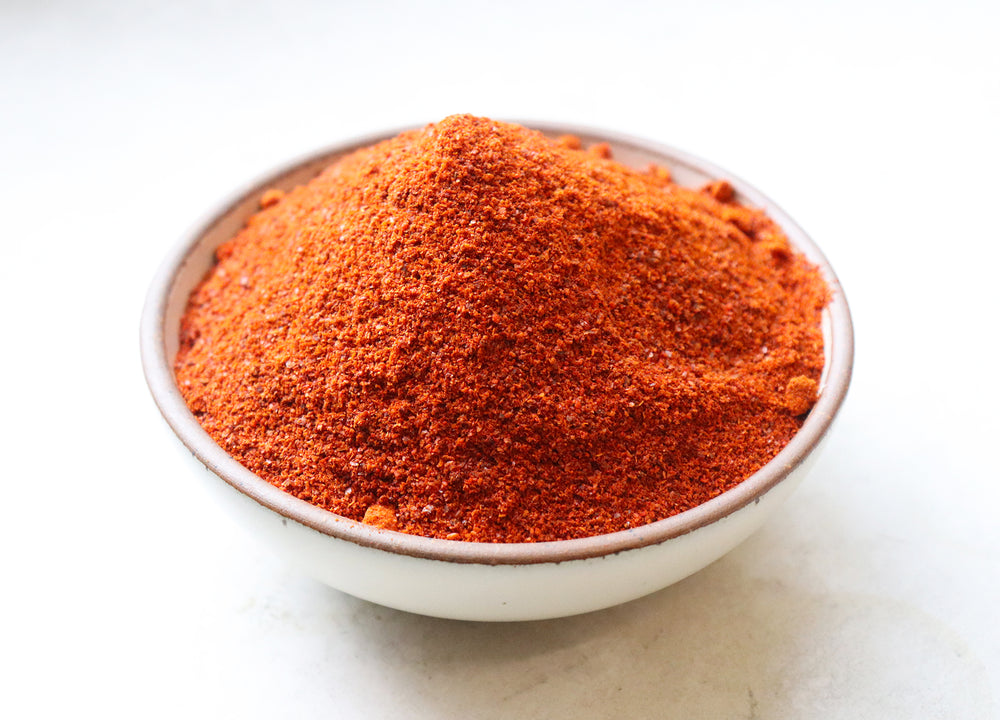
Chili Powder
There are many different types of chilis in Indian cuisine that are used fresh and dried. This a general description of chilis. Taste: Hot. Can have a fruity or sometimes smoky flavor. Look: Bright red coarse powder. Smell: Do not directly inhale, will burn the inside of your nose.

Chili Powder
There are many different types of chilis in Indian cuisine that are used fresh and dried. This a general description of chilis. Taste: Hot. Can have a fruity or sometimes smoky flavor. Look: Bright red coarse powder. Smell: Do not directly inhale, will burn the inside of your nose.
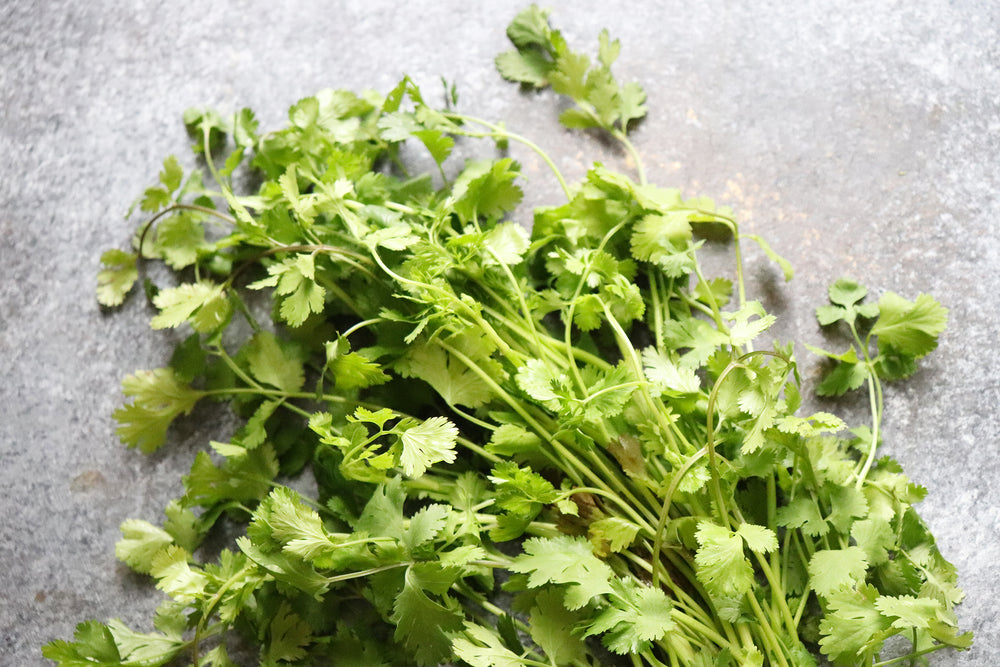
Cilantro
The most common herb in India, hands down, cilantro is used in practically everything. From chutneys to masalas to garnishes, even the stems have flavor so don’t discard those.

Cilantro
The most common herb in India, hands down, cilantro is used in practically everything. From chutneys to masalas to garnishes, even the stems have flavor so don’t discard those.
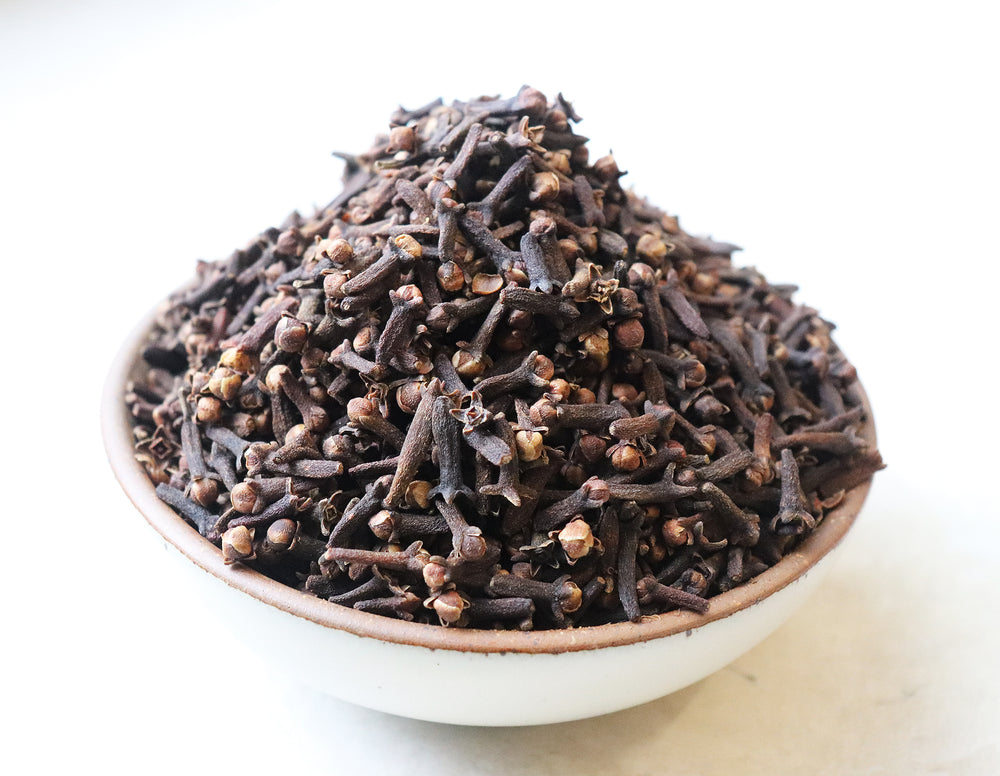
Cloves
Taste: Sweet, bitter, and somewhat peppery flavor. When eaten on their own can produce a numbing sensation. Look: Dark brown spice shaped like an nail. Smell: Warm and strongly aromatic smell.
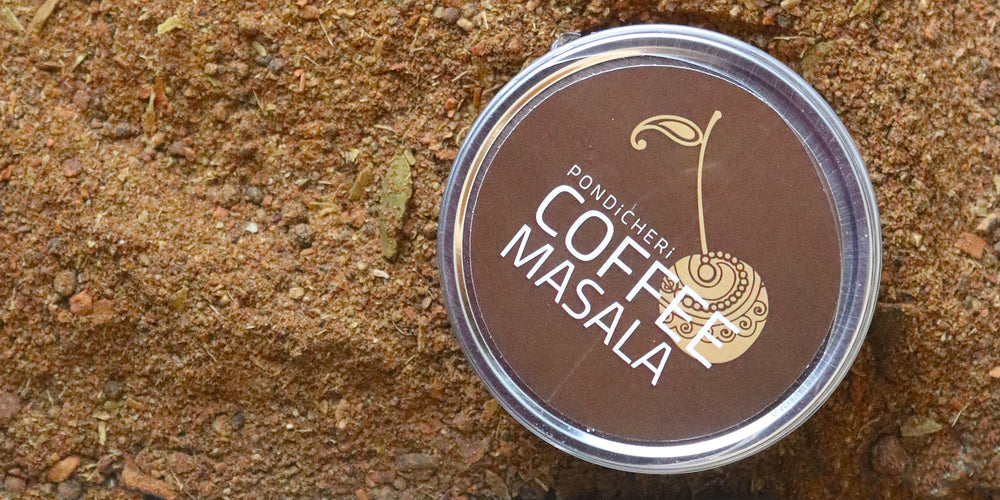
Coffee Masala Tin
Warm & earthy. An aromatic mix to be added to coffee grounds before brewing. Mix with oil and use as a rub to add a little kick to your steaks and grilled meats.
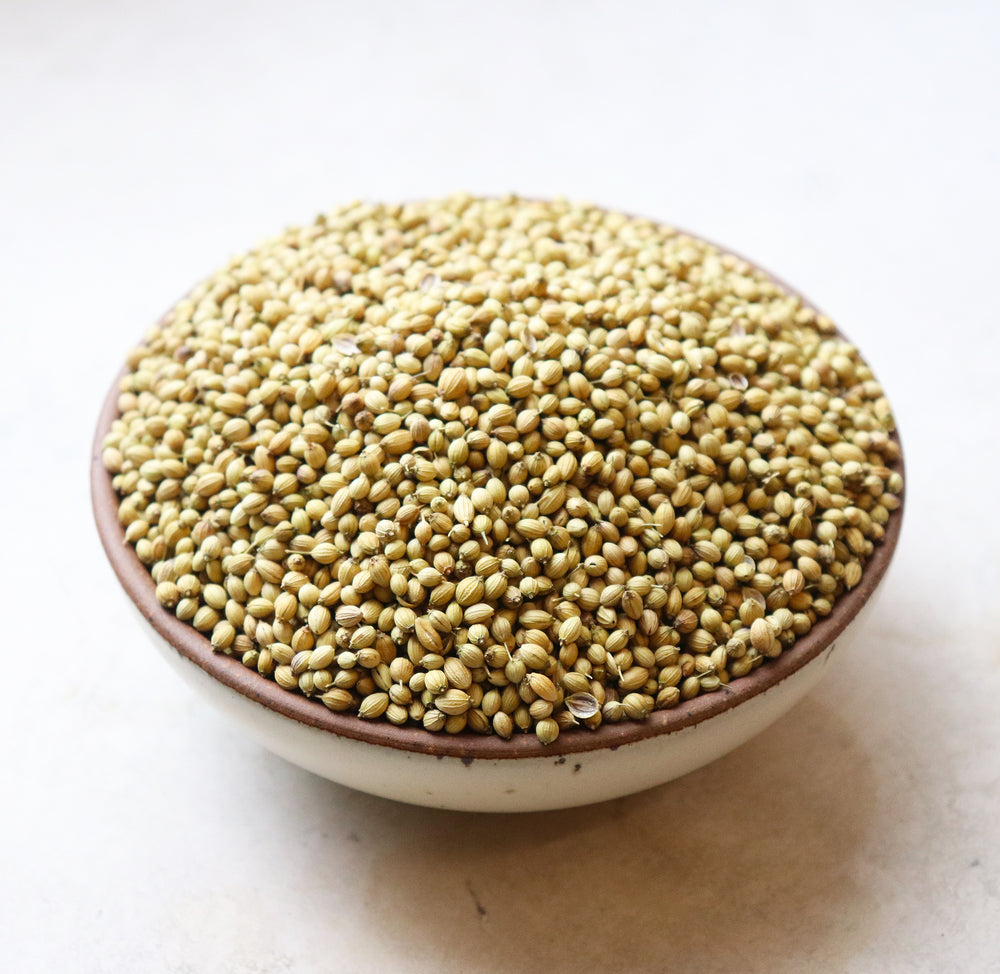
Coriander
Cilantro, an herb, is grown from coriander seeds, which are a spice. Very different in flavor. Taste: Intense, lemony tangy flavor when whole and slightly more mild when ground. Look: Pale yellow delicate round pods with a green tint. Smell: Warm, nutty fragrance.

Coriander
Cilantro, an herb, is grown from coriander seeds, which are a spice. Very different in flavor. Taste: Intense, lemony tangy flavor when whole and slightly more mild when ground. Look: Pale yellow delicate round pods with a green tint. Smell: Warm, nutty fragrance.
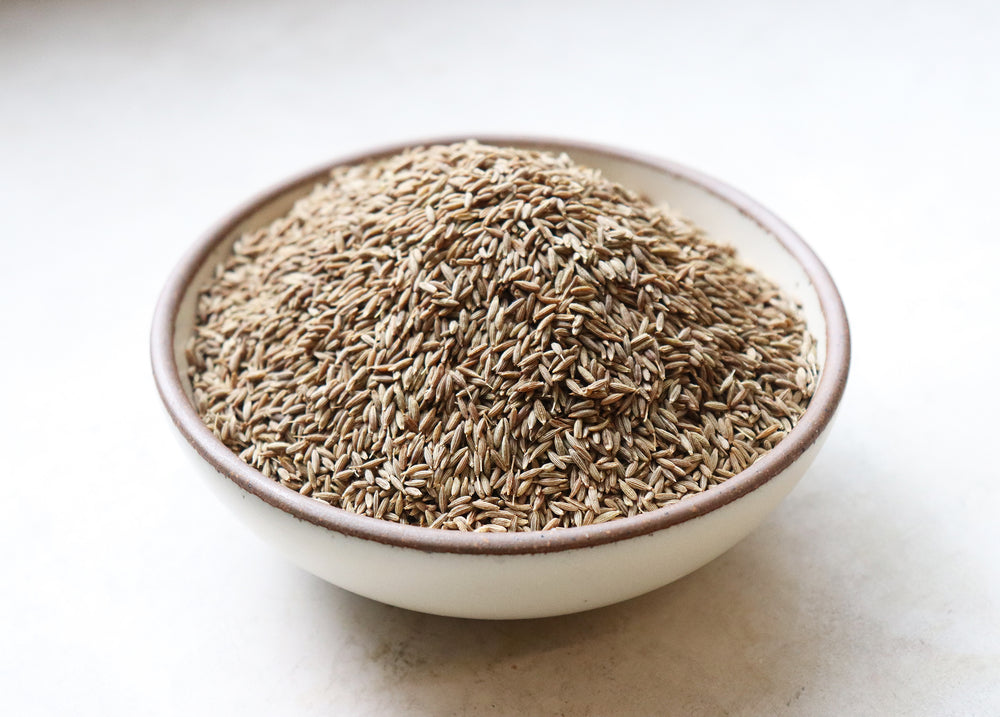
Cumin
Sometimes called the “bacon of vegetarian food”. Taste: Peppery and slightly bitter taste, adds warmth to your dishes. Look: Long, light tan seeds. Smell: Pungent, warm, slightly nutty, with an earthy aroma (very noticeable when crushed).
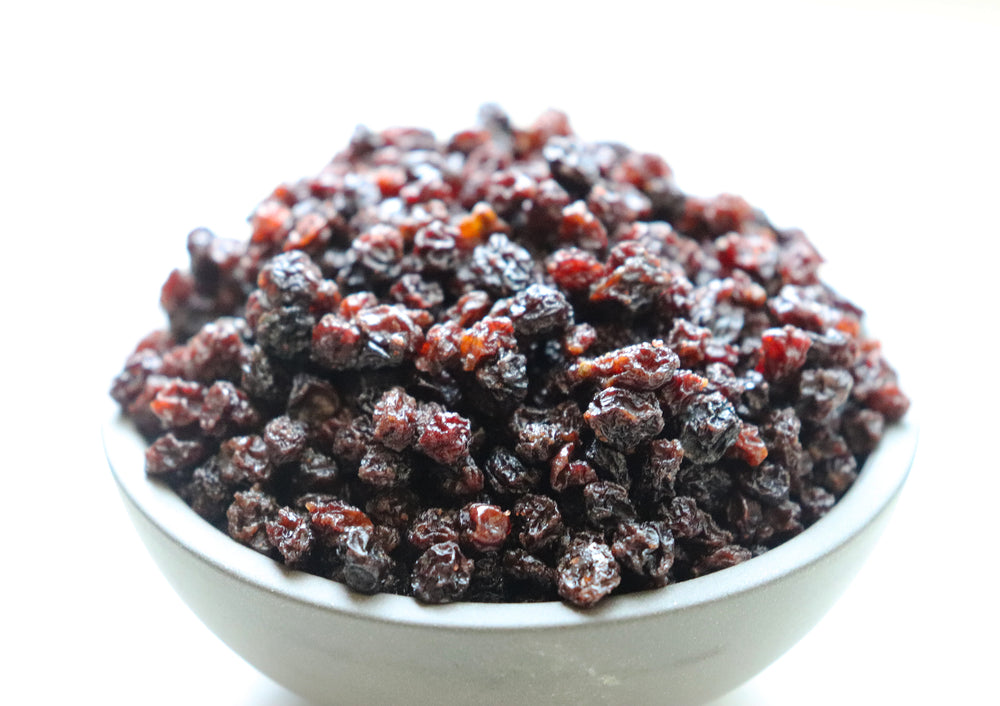
Currants
A smaller, rarer variety of dried grape with a pronounced tart & sweet taste, delicious in savory salads, trail mix & desserts.
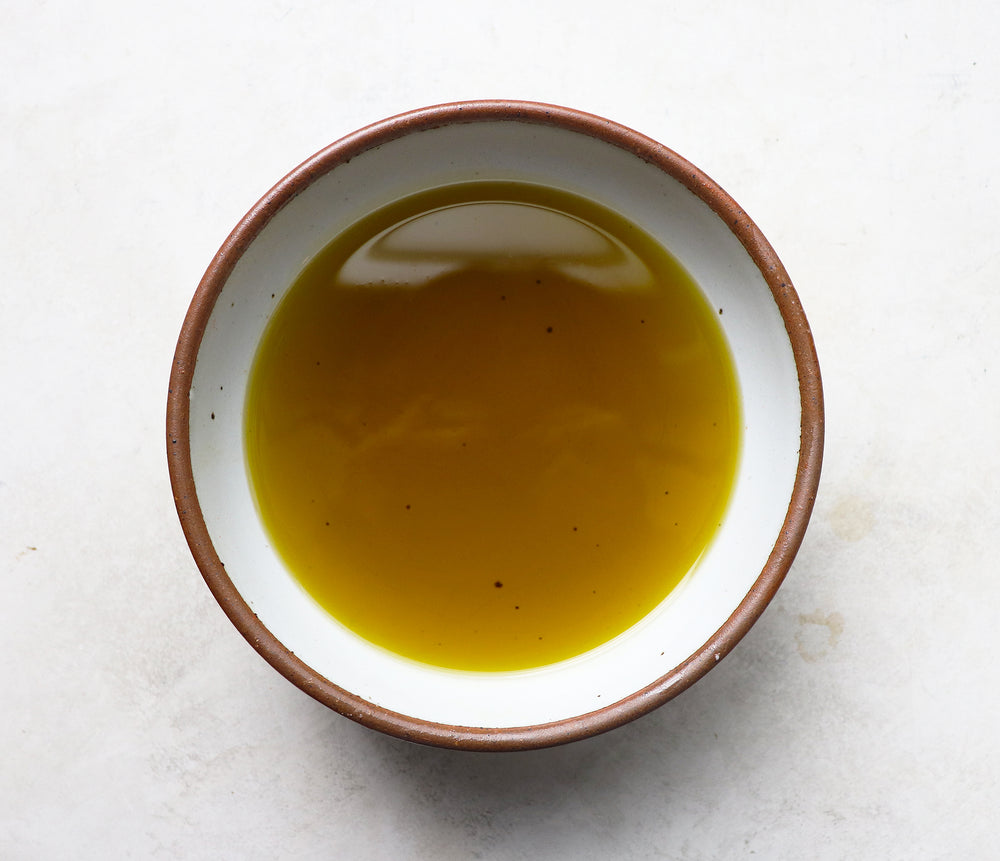
EVOO
Extra virgin olive oil varies in flavor profile & color depending on how it was processed. Use regular olive oil for cooking & baking. Save the peppery, unrefined oil for drizzling on a salad or to finish a fresh roti.
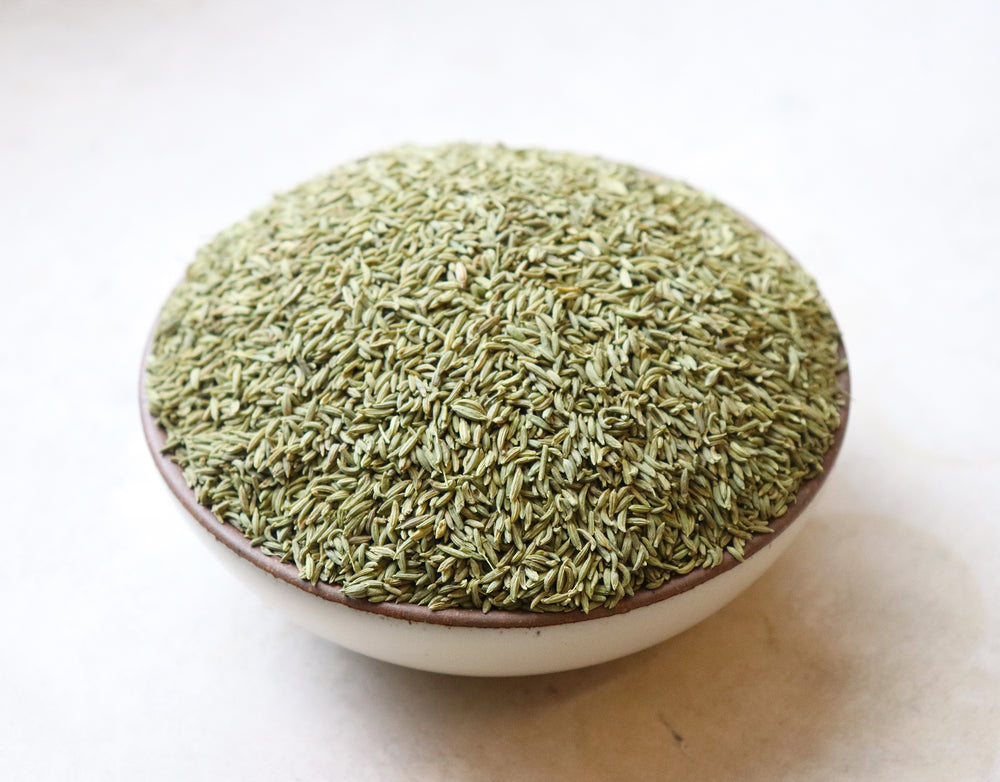
Fennel
Referring to Indian fennel which is known as Lucknow fennel. Taste: Slightly sweeter and more delicate than the traditional spicy anise flavor that is often used. Adds a herbaceous, pine-like bitterness to dishes. Look: Light tan, greenish seed. Appears similar to cumin except is smaller with a greener color. Smell: Anise-like aroma.

Fennel
Referring to Indian fennel which is known as Lucknow fennel. Taste: Slightly sweeter and more delicate than the traditional spicy anise flavor that is often used. Adds a herbaceous, pine-like bitterness to dishes. Look: Light tan, greenish seed. Appears similar to cumin except is smaller with a greener color. Smell: Anise-like aroma.
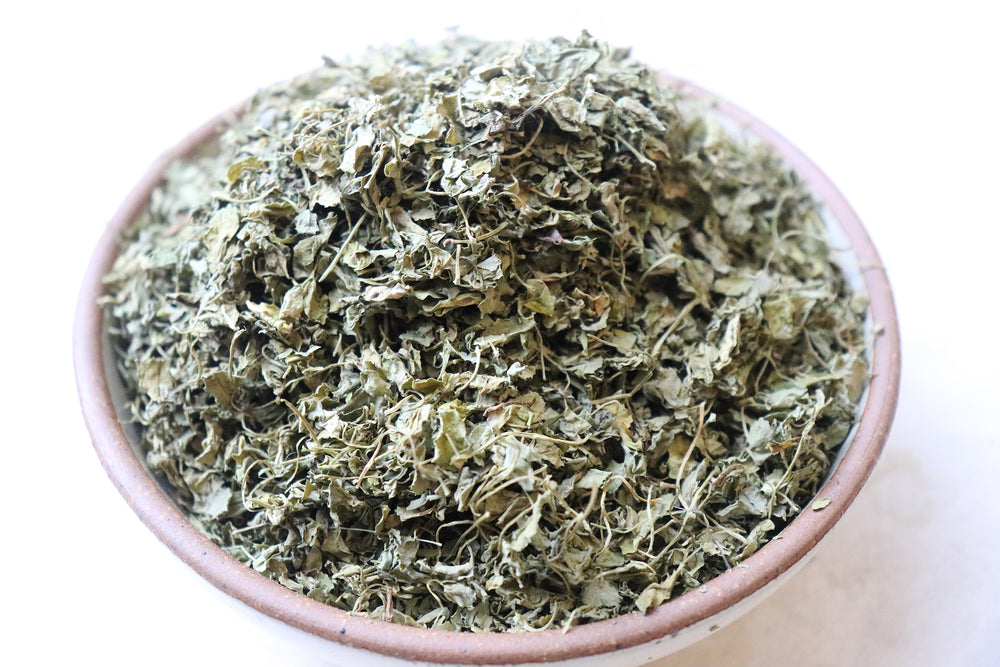
Fenugreek Leaves
Ever heard of chicken tikka masala? The leaves are what gives it that oh-so-special flavor. The seeds are also a great addition to many dishes. Taste: Astringent and bitter uncooked. When cooked, lends a pungent maple syrup, burnt sugar-like flavor. Look: Intensely green dried leaves. Smell: Grassy, nutty aroma.

Fenugreek Leaves
Ever heard of chicken tikka masala? The leaves are what gives it that oh-so-special flavor. The seeds are also a great addition to many dishes. Taste: Astringent and bitter uncooked. When cooked, lends a pungent maple syrup, burnt sugar-like flavor. Look: Intensely green dried leaves. Smell: Grassy, nutty aroma.
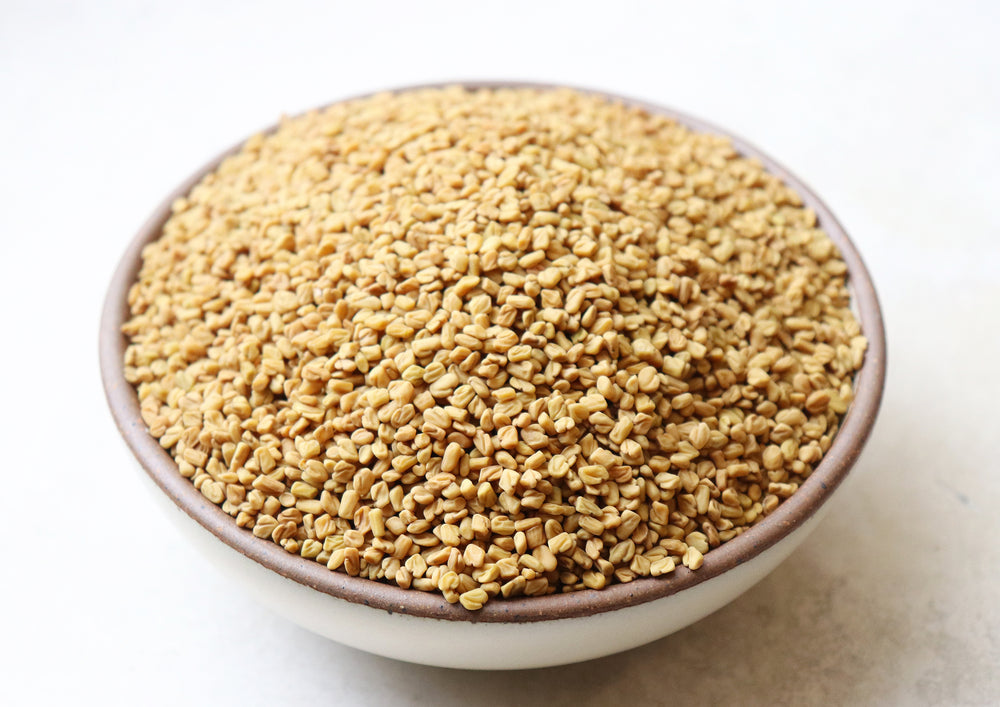
Fenugreek Seeds
Taste: More subtle than the leaves, but still nutty and slightly sweet when toasted. Bitter if not toasted or fried. Look: Amber colored, triangular seeds. Smell: Pungent & slightly sweet like maple syrup.
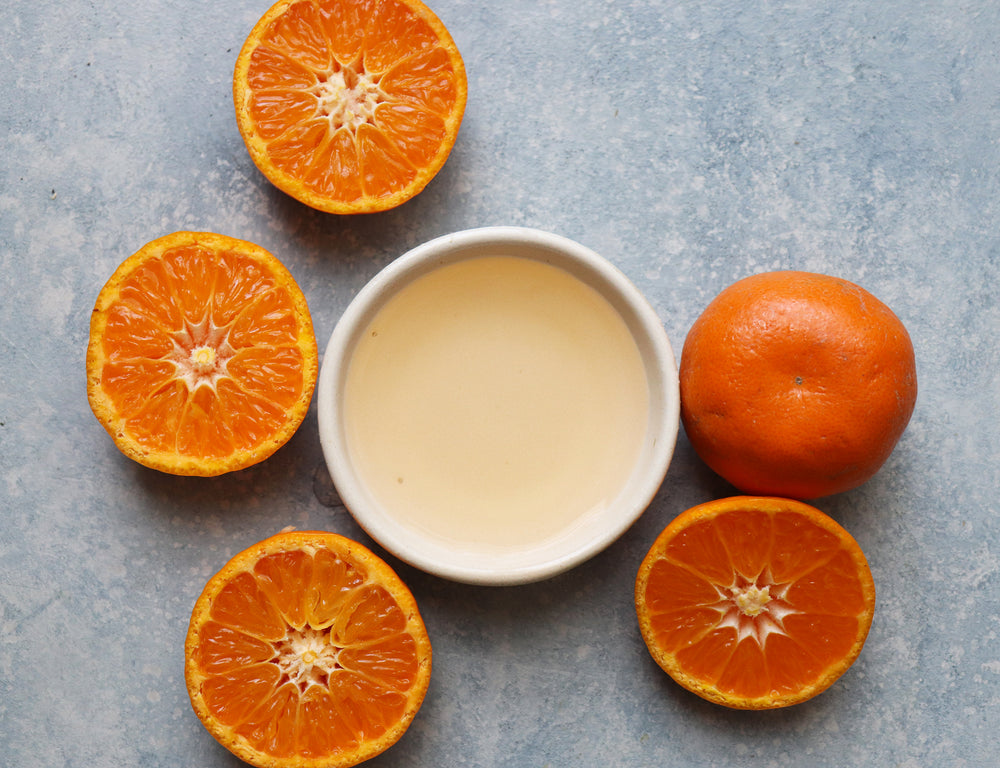
Flower Water
Also known as orange blossom water, this adds a floral citrus flavor to sweets — lovely in custards, drinks & cakes.

Flower Water
Also known as orange blossom water, this adds a floral citrus flavor to sweets — lovely in custards, drinks & cakes.
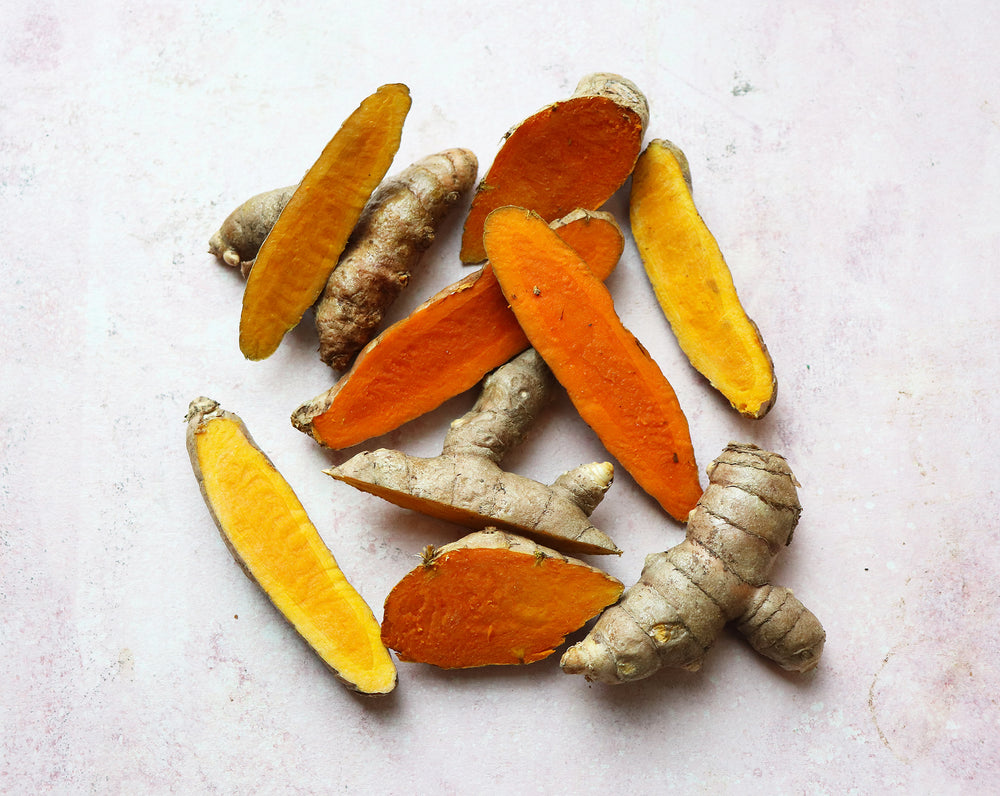
Fresh Turmeric
A fresh, vibrant root that is ground into a bright yellow powder & added to many dishes. Turmeric has an earthy taste & is very detectable to the palate if too much is added! Use in rice, dips, dressings, & even desserts to inject color & the anti-inflammatory health benefits of curcumin.

Fresh Turmeric
A fresh, vibrant root that is ground into a bright yellow powder & added to many dishes. Turmeric has an earthy taste & is very detectable to the palate if too much is added! Use in rice, dips, dressings, & even desserts to inject color & the anti-inflammatory health benefits of curcumin.
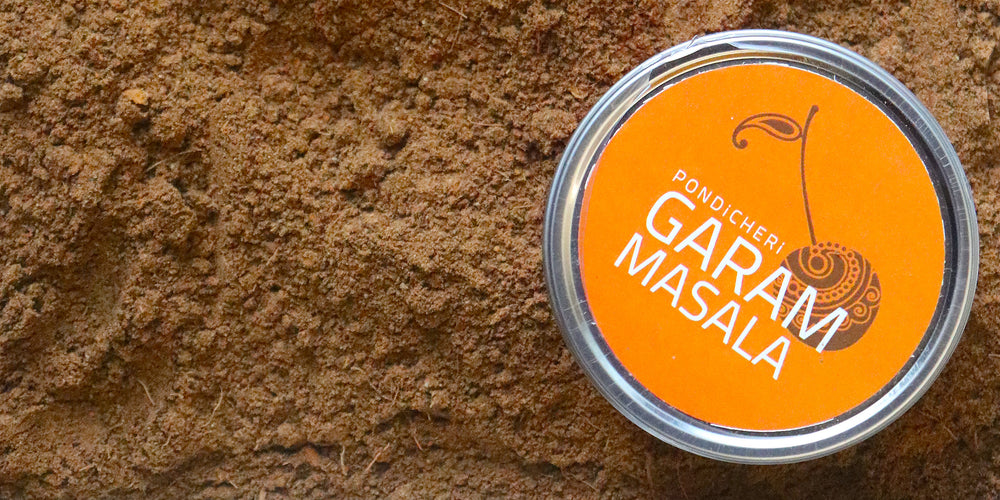
Garam Masala Tin
Warm, fragrant & savory. An aromatic masala best added at the end of cooking stews, roasts, and sauces.

Garam Masala Tin
Warm, fragrant & savory. An aromatic masala best added at the end of cooking stews, roasts, and sauces.
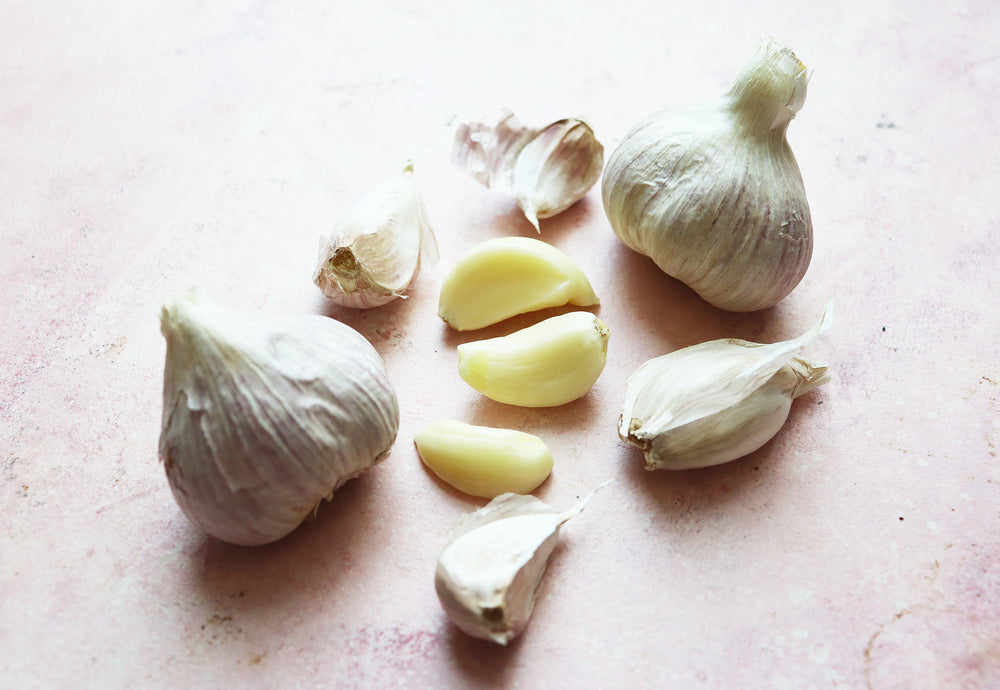
Garlic
A food with all 5 tastes (sweet, salty, bitter, pungent & astringent), the root is known in Ayurveda to reduce pain, cholesterol, inflammation, & purify blood.
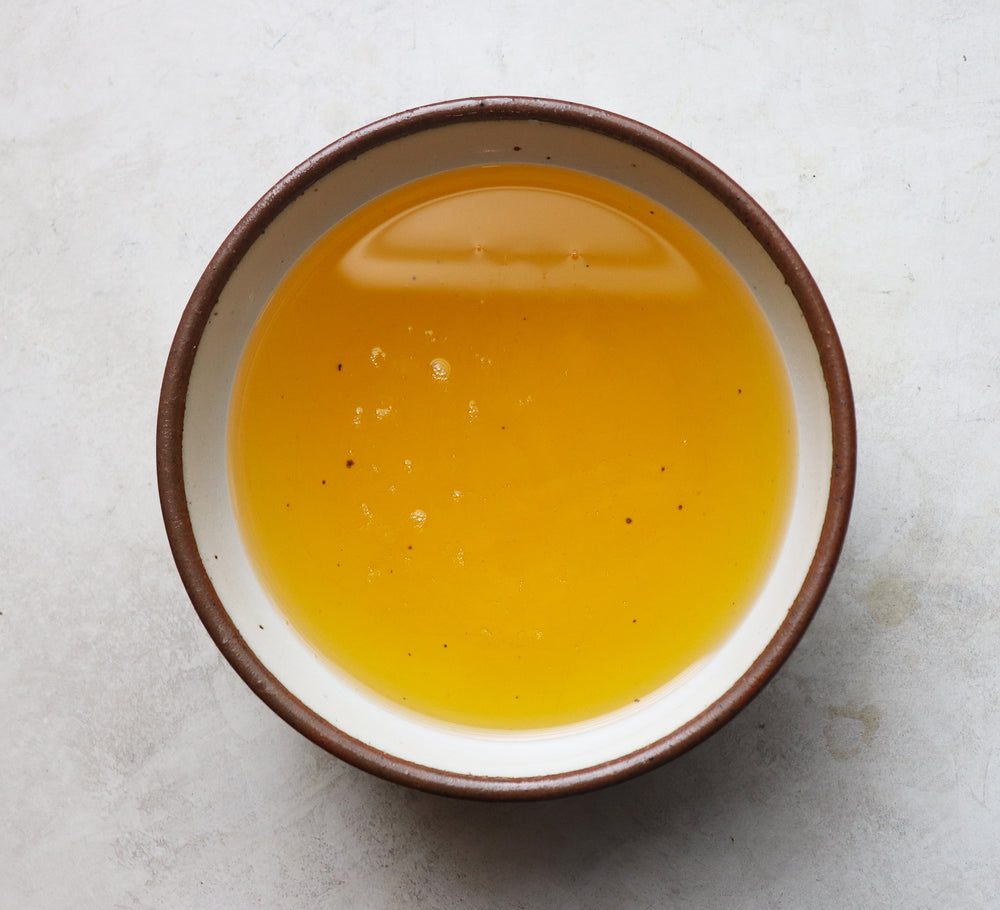
Ghee
Unsalted butter with nutty depth that has been clarified by slow cooking to remove milk solids, with anti-viral & anti-cancer properties.
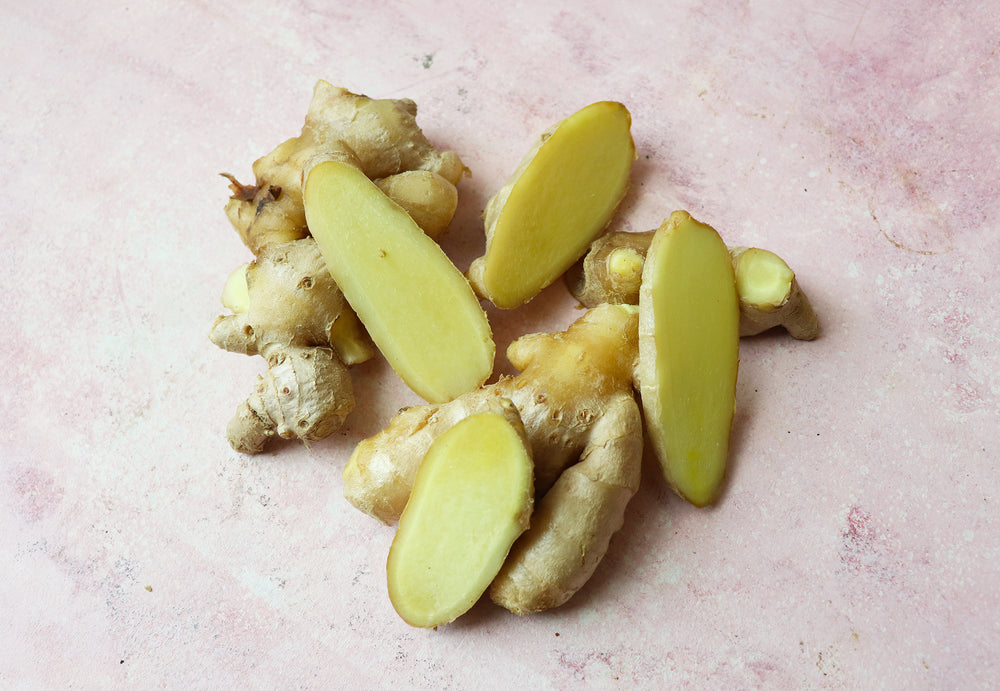
Ginger
Ginger is one of the most effective digestive aids. Combining ginger juice mixed with honey alleviates congestion & facilitates breathing by opening up wind passages.
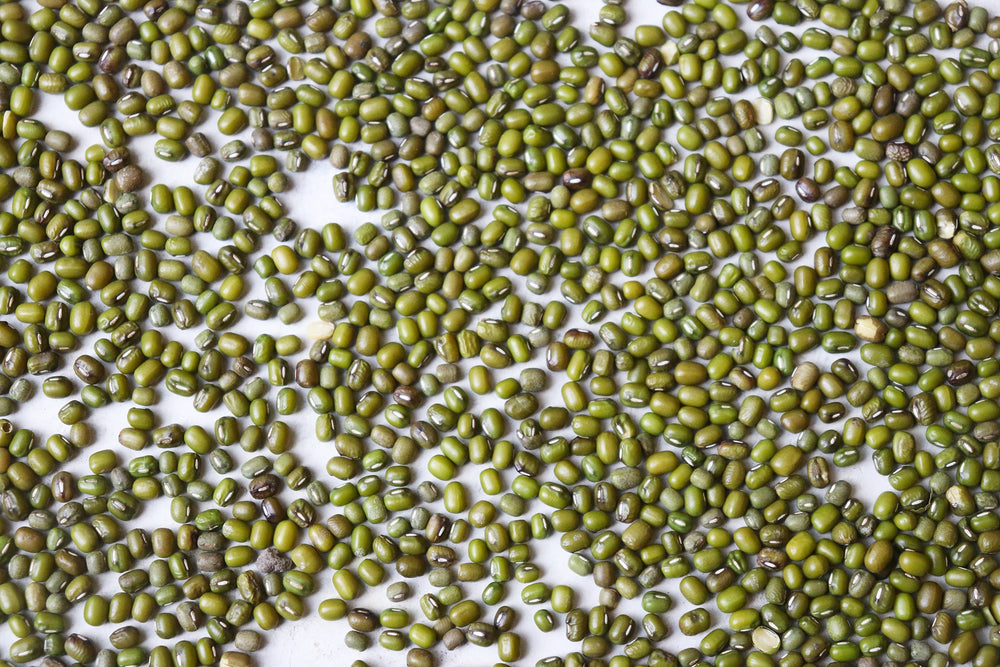
Green Moong
Often used to make dal, samosa or paratha stuffings & khichri, the light yet deeply flavored whole green moong can be easily sprouted. When cooked just right, these lentils work well in salads.
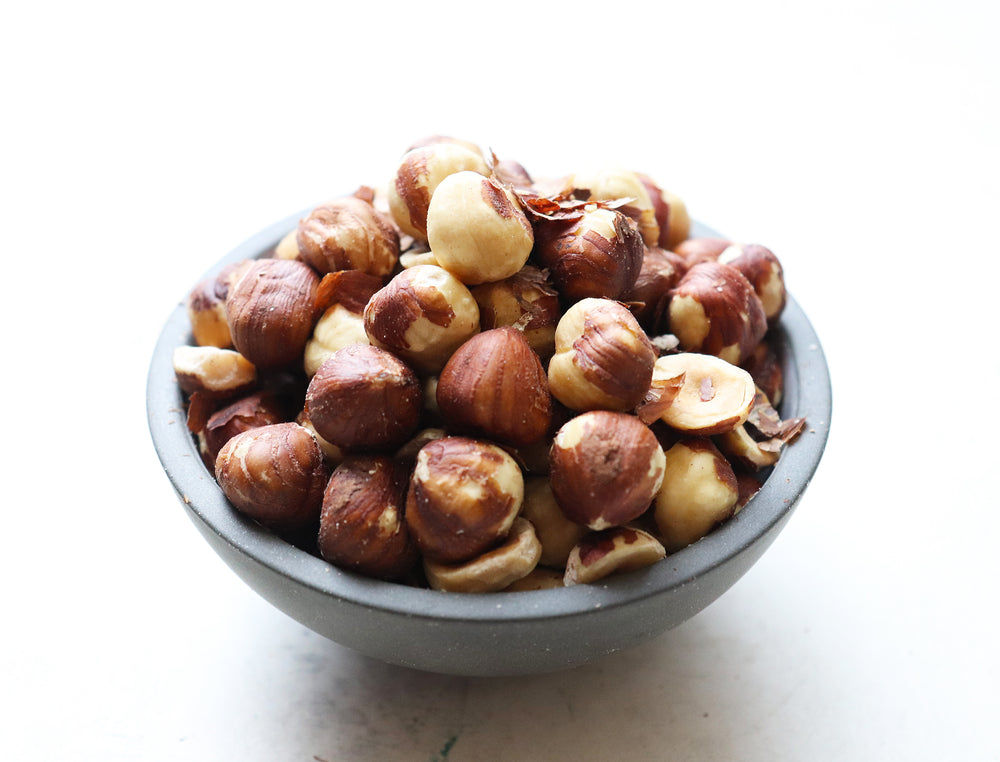
Hazelnuts
Hazelnuts have a sweet, buttery & crunchy nut that are not featured in many Indian dishes, but can add complex richness to desserts with chocolate. Try roasting with chili powder, salt, sugar & cinnamon.

Hazelnuts
Hazelnuts have a sweet, buttery & crunchy nut that are not featured in many Indian dishes, but can add complex richness to desserts with chocolate. Try roasting with chili powder, salt, sugar & cinnamon.
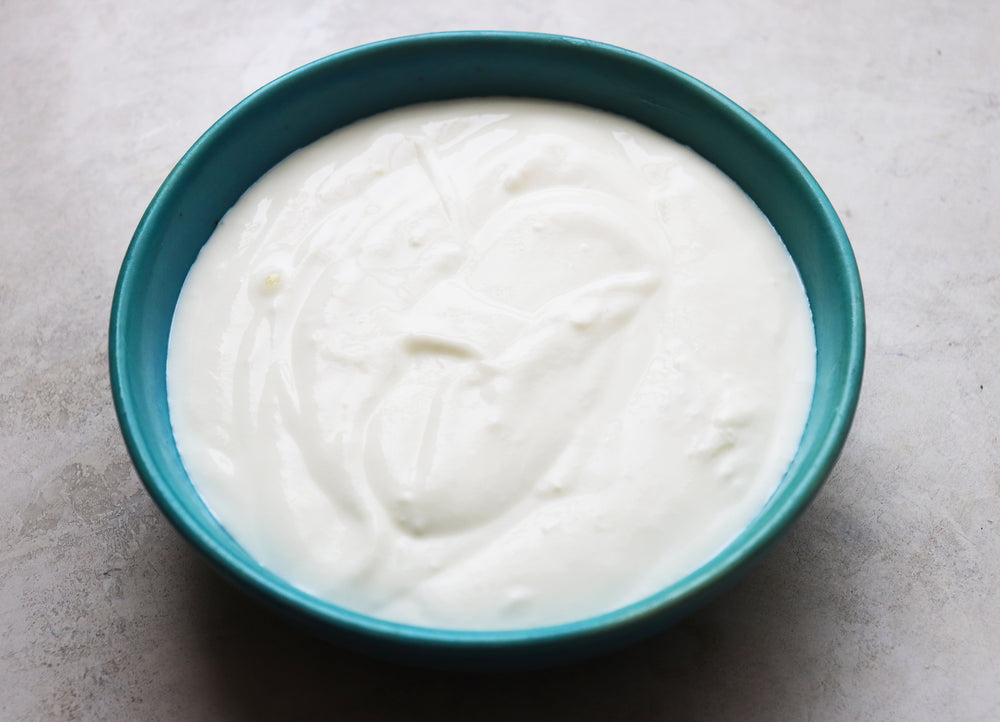
Homemade Yogurt
A staple in India used to make batters, drinks, marinades & raitas, essentially every family makes their own yogurt culture that develops flavor over time.
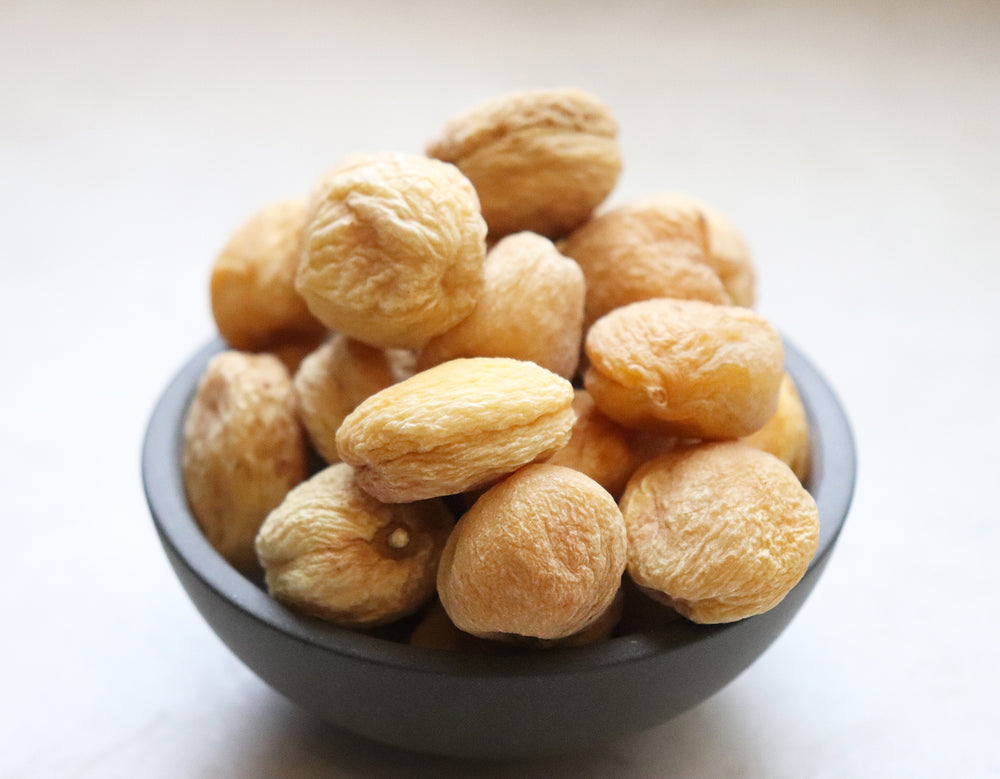
Indian Apricots
Also known as alu bukhara, these apricots are deeply flavorful yet not very sweet. They are mostly eaten as snacks & have a pit.

Indian Apricots
Also known as alu bukhara, these apricots are deeply flavorful yet not very sweet. They are mostly eaten as snacks & have a pit.
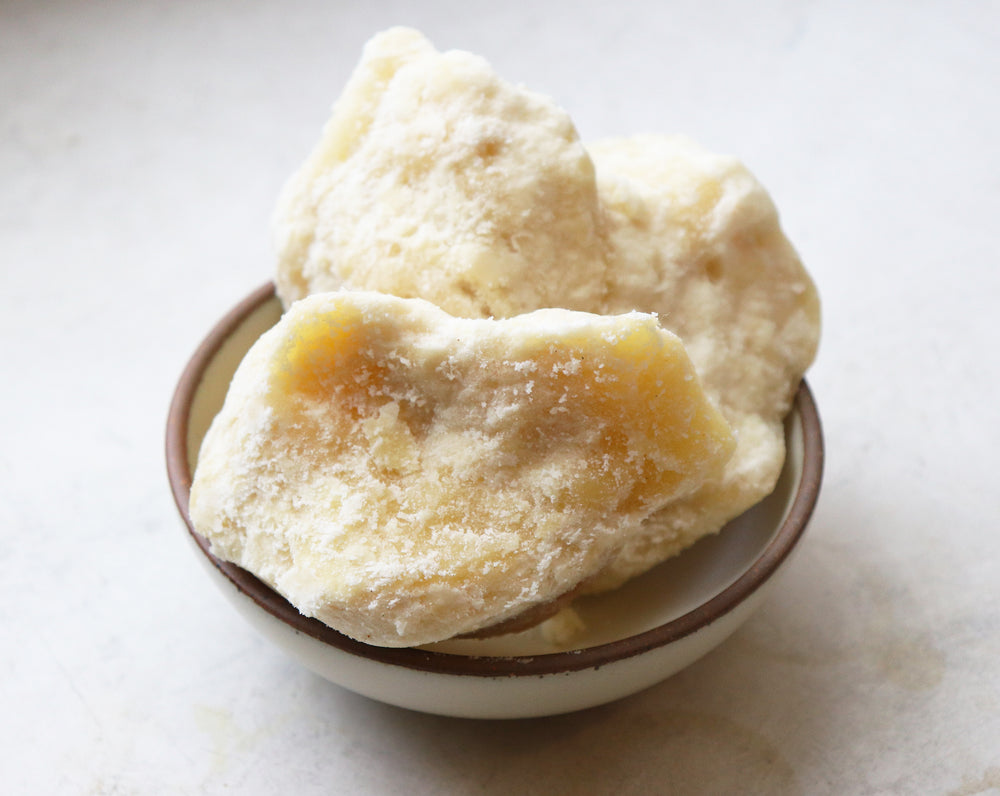
Jaggery
An unrefined sugar from the sap of palm trees or sugarcane juice is boiled down to make jaggery Taste: Between molasses and caramel, depending on the season. Not as sweet as refined sugar. Look: Yellow to golden brown in color, usually sold in a large block to be broken into chunks. Smell: Distinct, caramel sweet-like scent.

Jaggery
An unrefined sugar from the sap of palm trees or sugarcane juice is boiled down to make jaggery Taste: Between molasses and caramel, depending on the season. Not as sweet as refined sugar. Look: Yellow to golden brown in color, usually sold in a large block to be broken into chunks. Smell: Distinct, caramel sweet-like scent.
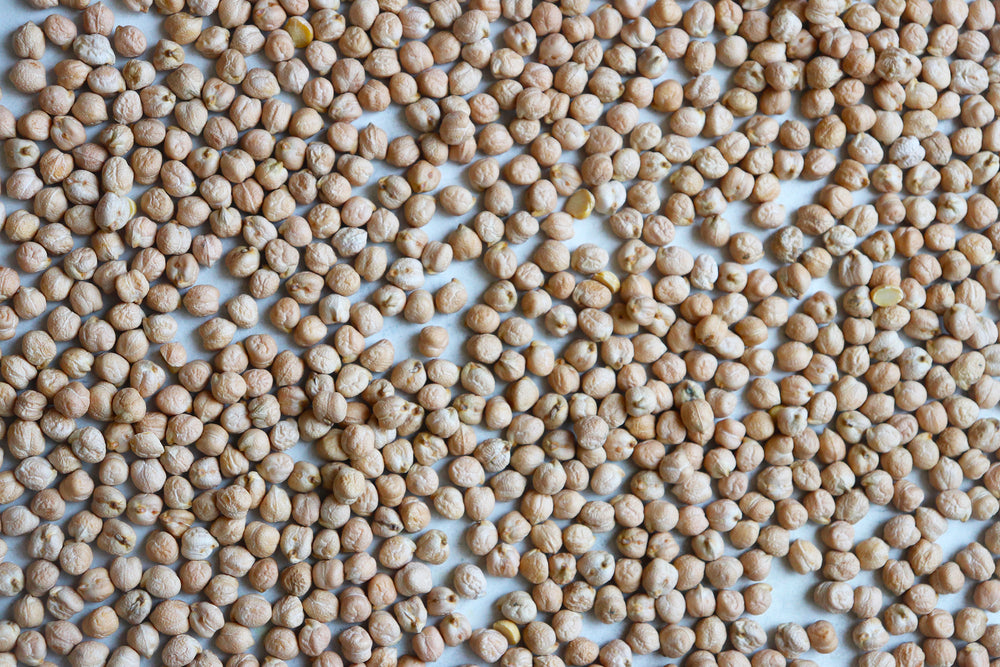
Kabuli Channa
Actually a legume, it is nutty and creamy in flavor. White garbanzos are used most commonly in India to make chole or channa masala (as it is known in the west). They can also be soaked then deep fried for snacks or ground to make dips like hummus.

Kabuli Channa
Actually a legume, it is nutty and creamy in flavor. White garbanzos are used most commonly in India to make chole or channa masala (as it is known in the west). They can also be soaked then deep fried for snacks or ground to make dips like hummus.
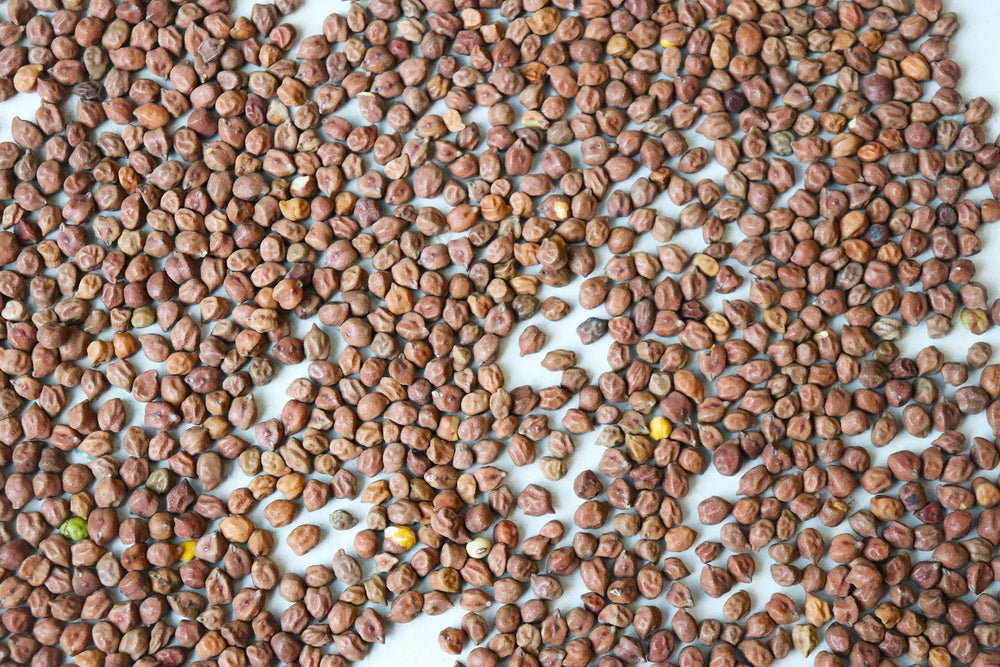
Kala Chana
The iron rich black garbanzo is much heavier & less creamy in texture than the white but boasts a deeper flavor. When puréed, they make excellent soup & are great in curries or biryanis.

Kala Chana
The iron rich black garbanzo is much heavier & less creamy in texture than the white but boasts a deeper flavor. When puréed, they make excellent soup & are great in curries or biryanis.
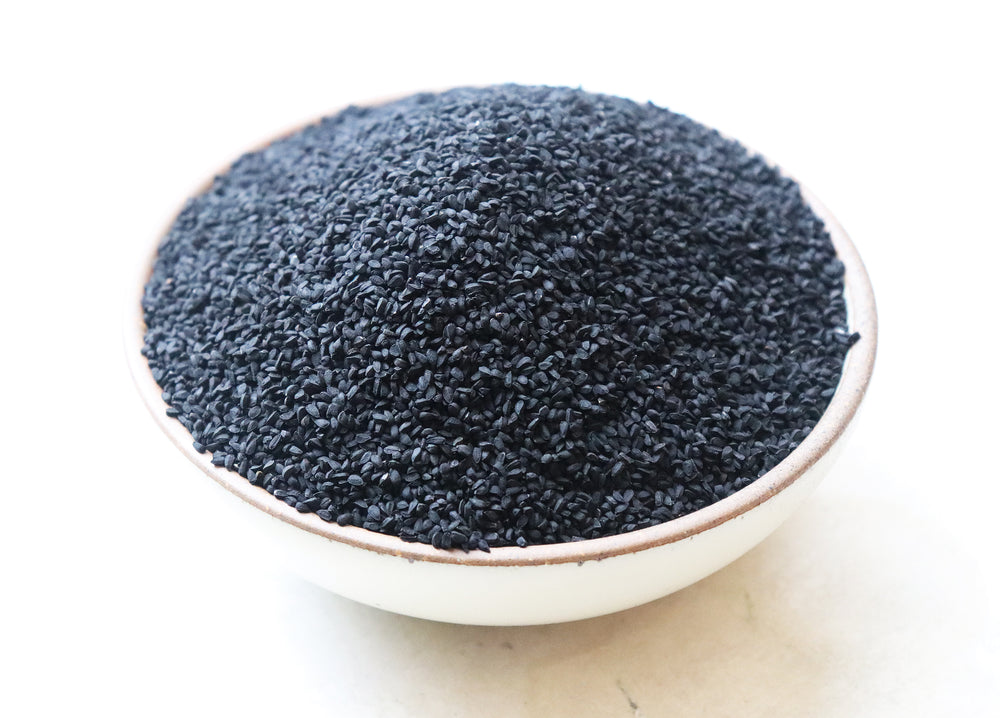
Kalonji
Often called Nigella, black onion or black caraway seed. Taste: Slight bitterness, a warm, toasted-onion flavor with an oregano-like quality. Look: Black, rounded, pear-shaped seeds (often mistaken for black sesame seeds). Smell: Faint, peppery aroma.
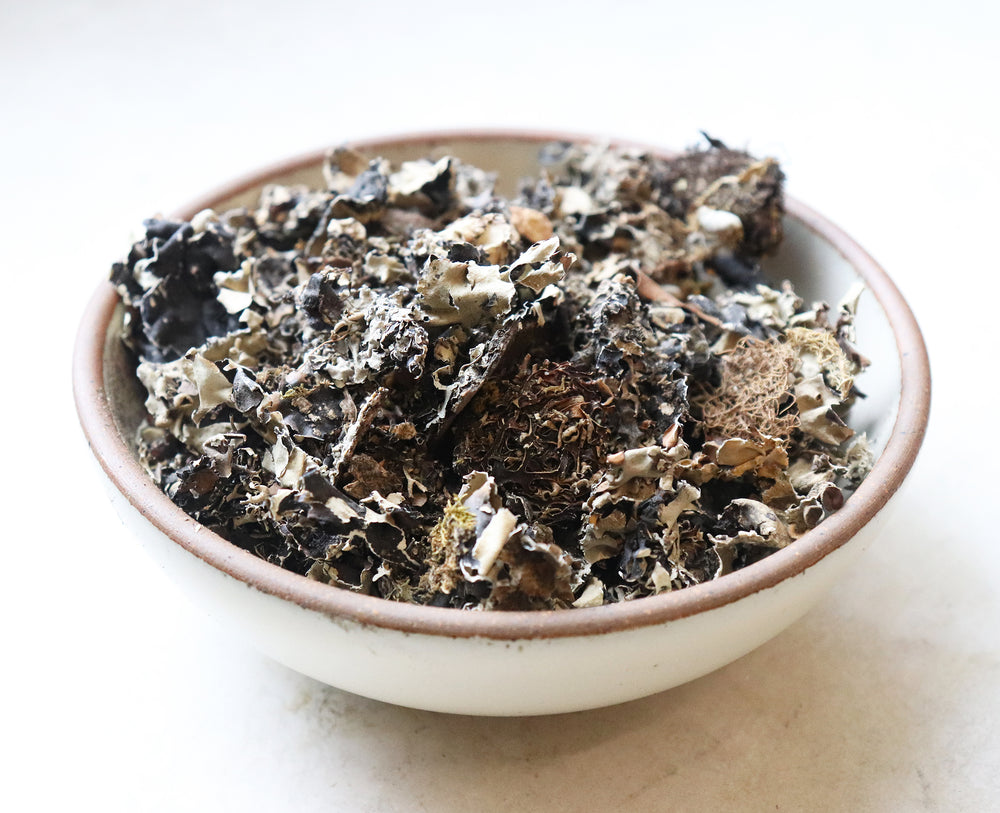
Kalpasi
Also known as ‘dagad phool’ or stone flower, kalpasi, is a lichen that grows wild on barks of trees or rocks. With a deep, dark and mysterious flavor that is only evident after it has been used in a stew or a curry along with other spices, we can safely say that kalpasi makes Indian food taste a little more Indian.

Kalpasi
Also known as ‘dagad phool’ or stone flower, kalpasi, is a lichen that grows wild on barks of trees or rocks. With a deep, dark and mysterious flavor that is only evident after it has been used in a stew or a curry along with other spices, we can safely say that kalpasi makes Indian food taste a little more Indian.
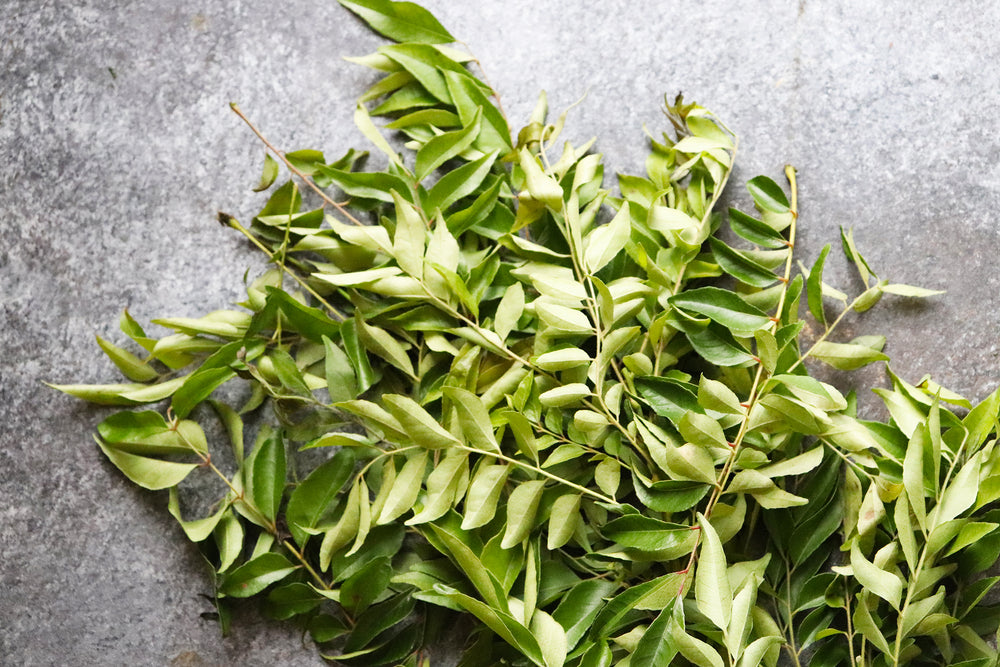
Kari Leaves
Sometimes called curry leaves, but not what curry powder is made of... Kari leaves are an intensely aromatic & warm, smaller than a bay leaf & deep green in color. They are delicious when fried and added to soups, chevdas or to garnish a curry or salad.

Kari Leaves
Sometimes called curry leaves, but not what curry powder is made of... Kari leaves are an intensely aromatic & warm, smaller than a bay leaf & deep green in color. They are delicious when fried and added to soups, chevdas or to garnish a curry or salad.
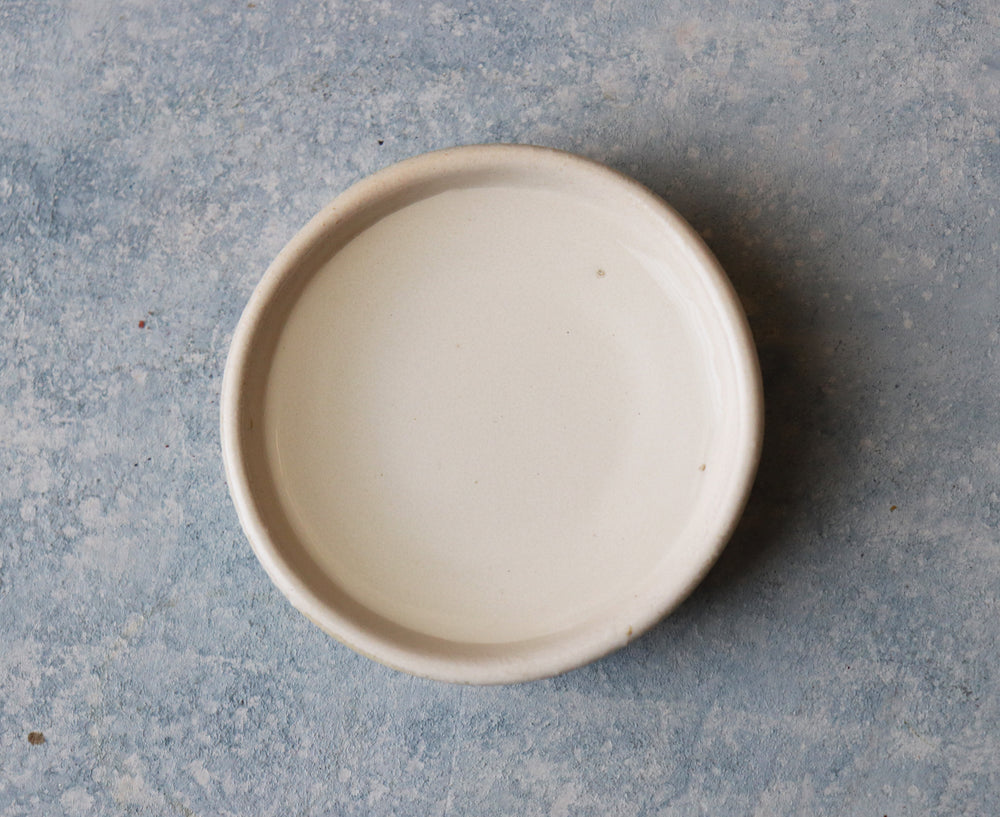
Kewra Water
Also known as screw pine or pandan, kewra water is extracted from the highly aromatic screw pine flowers. It is used in India to flavor milky sweets & to add floral notes to intense curries.
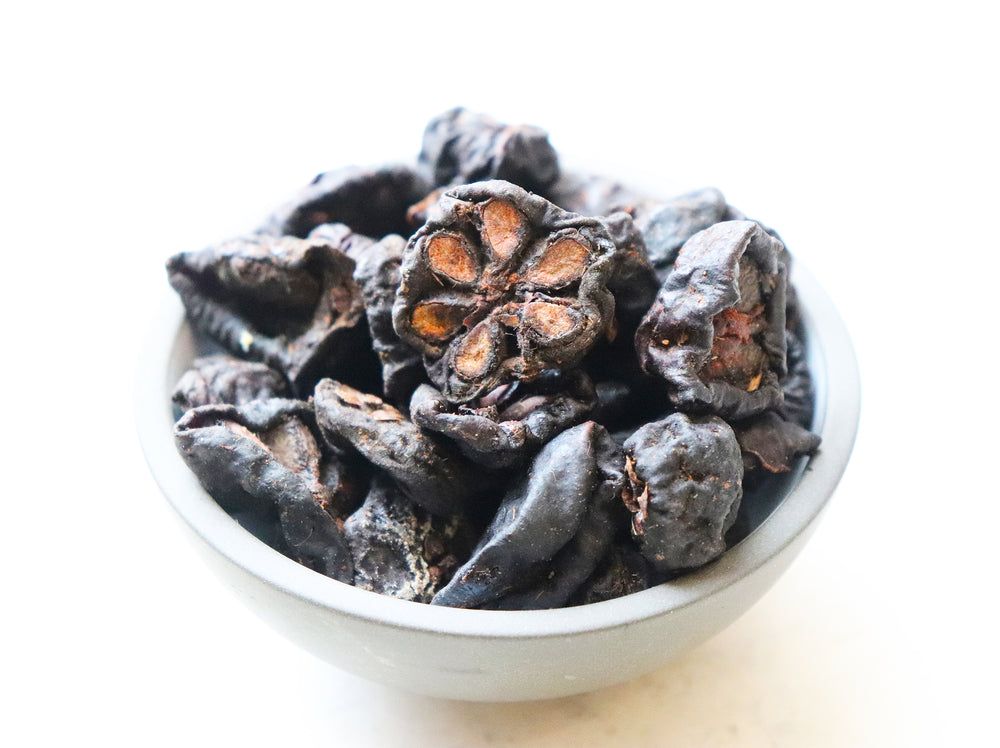
Kokum
Sold as a dry fruit with a dark purple to black rind, kokum gives foods a floral, sweet & slightly sour taste. No need to chop; simply stew the dry skins in a coconut based curry, potatoes, okra or lentils so that they release their flavor. Add slowly as a little can go a long way & flavor takes time to develop.

Kokum
Sold as a dry fruit with a dark purple to black rind, kokum gives foods a floral, sweet & slightly sour taste. No need to chop; simply stew the dry skins in a coconut based curry, potatoes, okra or lentils so that they release their flavor. Add slowly as a little can go a long way & flavor takes time to develop.
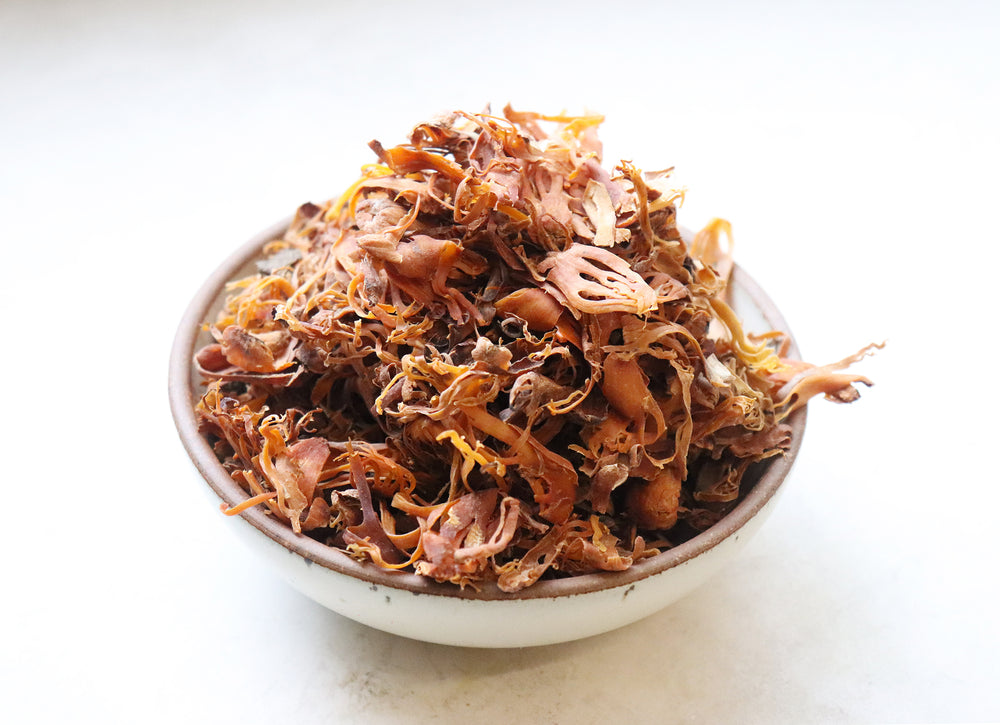
Mace
Mace is the bright red/orange ribbon that exposes the brown black shell, inside which is the nutmeg. Mace is very similar to nutmeg, but is gentler and more delicate in all categories. Taste: Warm, aromatic. Bitter in mace. Look: Mace is ribbony and tan with a pink hue. Smell: Fresh, rich, and warm with some floral notes.

Mace
Mace is the bright red/orange ribbon that exposes the brown black shell, inside which is the nutmeg. Mace is very similar to nutmeg, but is gentler and more delicate in all categories. Taste: Warm, aromatic. Bitter in mace. Look: Mace is ribbony and tan with a pink hue. Smell: Fresh, rich, and warm with some floral notes.
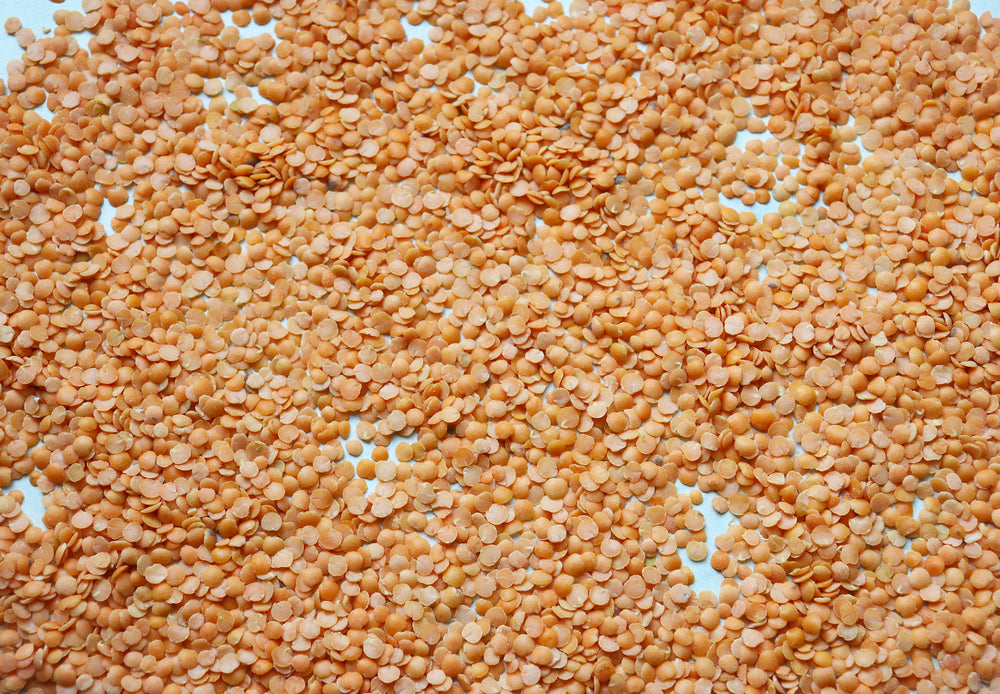
Masoor Dal
A delicate cousin of the moong dal with a similar flavor profile, it is often used in combination with the moong dal to make a simple stew or even a lentil puree. It is one of the fastest cooking lentils.
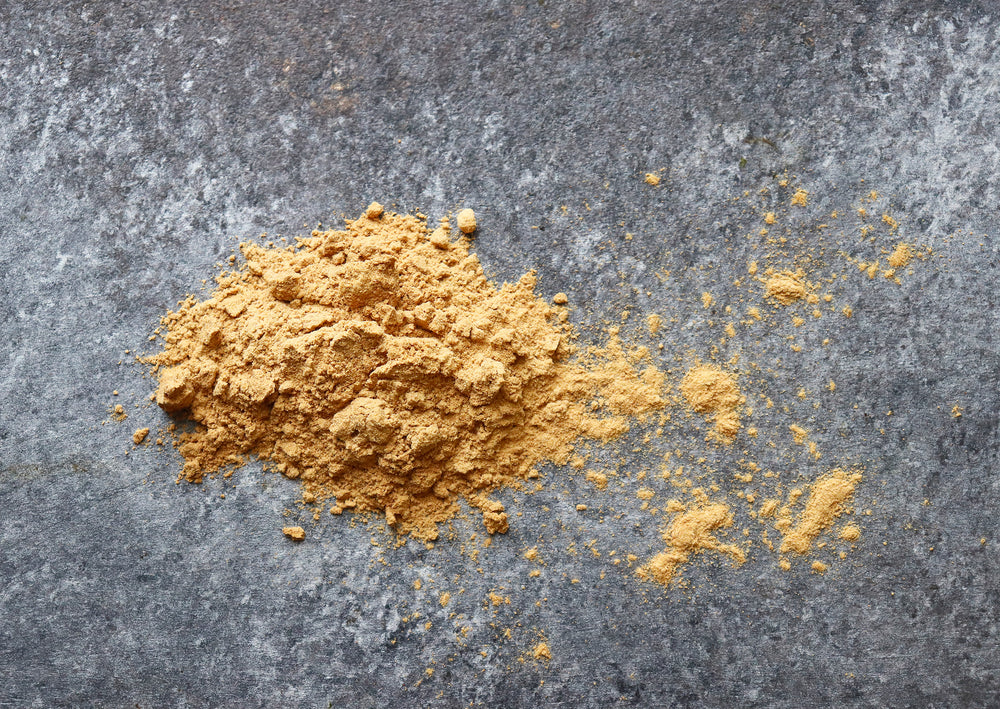
Mesquite Flour
A gluten-free flour with low glycemic index made from the dried, ground pods of the mesquite tree. It adds a nutty & hazelnut-like flavor; use only as a partial substitution in cookie recipes to add flavor & nutrition.

Mesquite Flour
A gluten-free flour with low glycemic index made from the dried, ground pods of the mesquite tree. It adds a nutty & hazelnut-like flavor; use only as a partial substitution in cookie recipes to add flavor & nutrition.
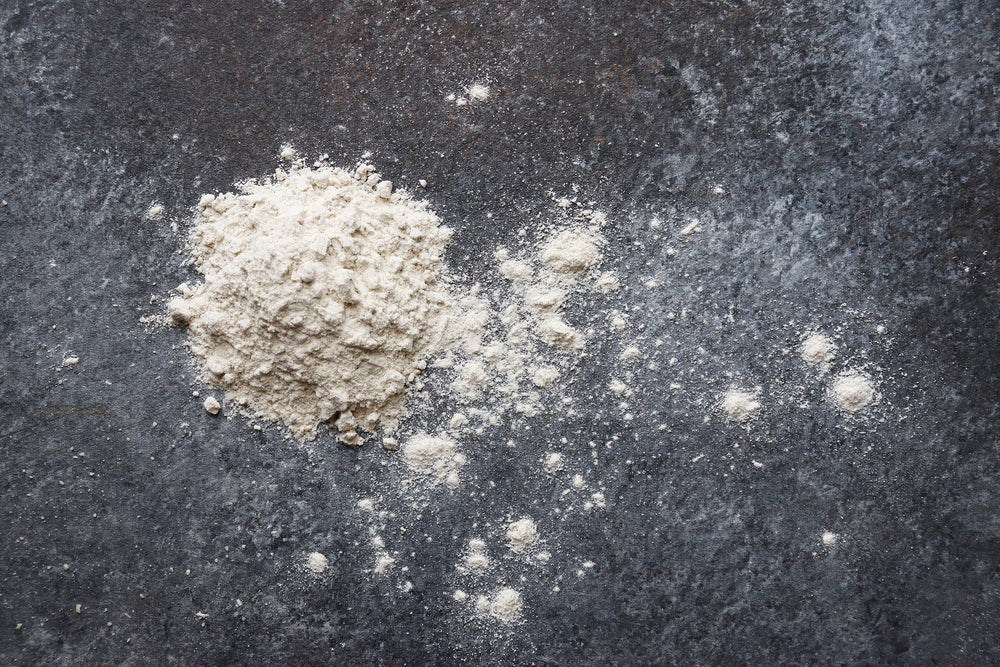
Millet
A high protein grain, millet & millet flour has been used in India for thousands of years to make breads, khichri & porridges.

Millet
A high protein grain, millet & millet flour has been used in India for thousands of years to make breads, khichri & porridges.
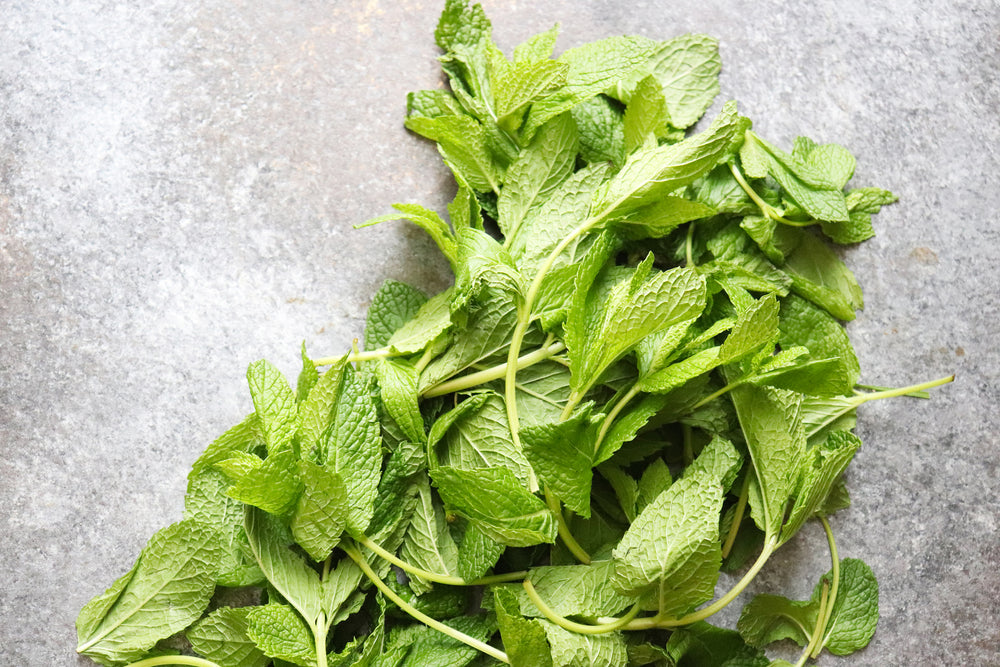
Mint
The fragrant herb beloved around the world – however in India, it is used more in savory cooking like masalas or chutneys than in sweet. Mint is also a wonderful herb to add to chai.
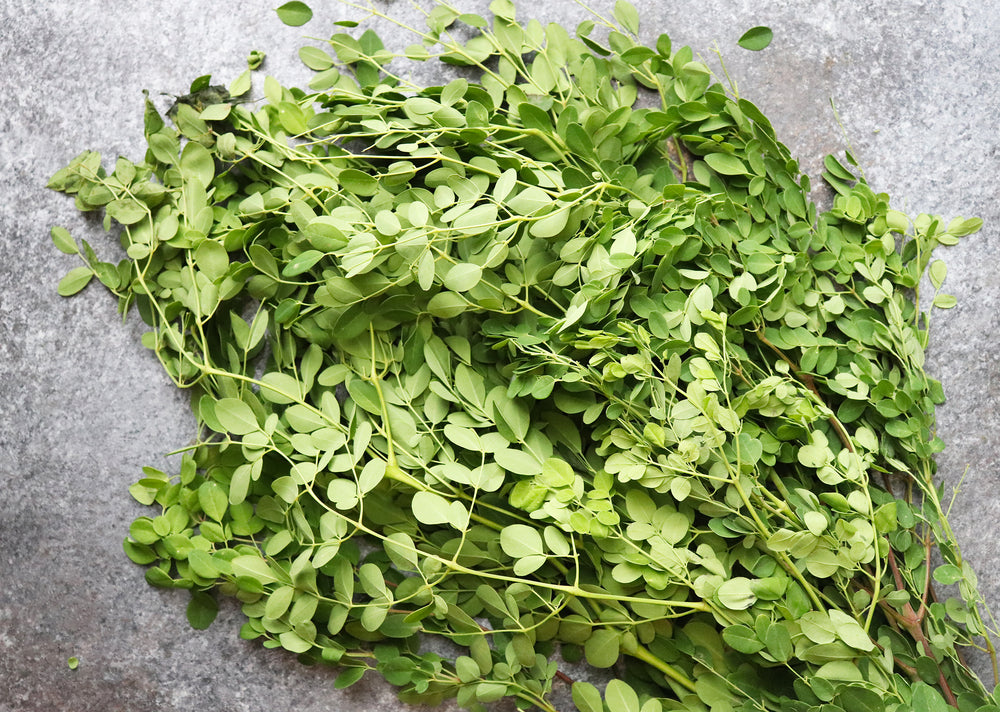
Moringa
Also known as the miracle tree native to North India it was eaten in medieval times by Romans & Greeks for energy. it is one of the most health enhancing superfoods.
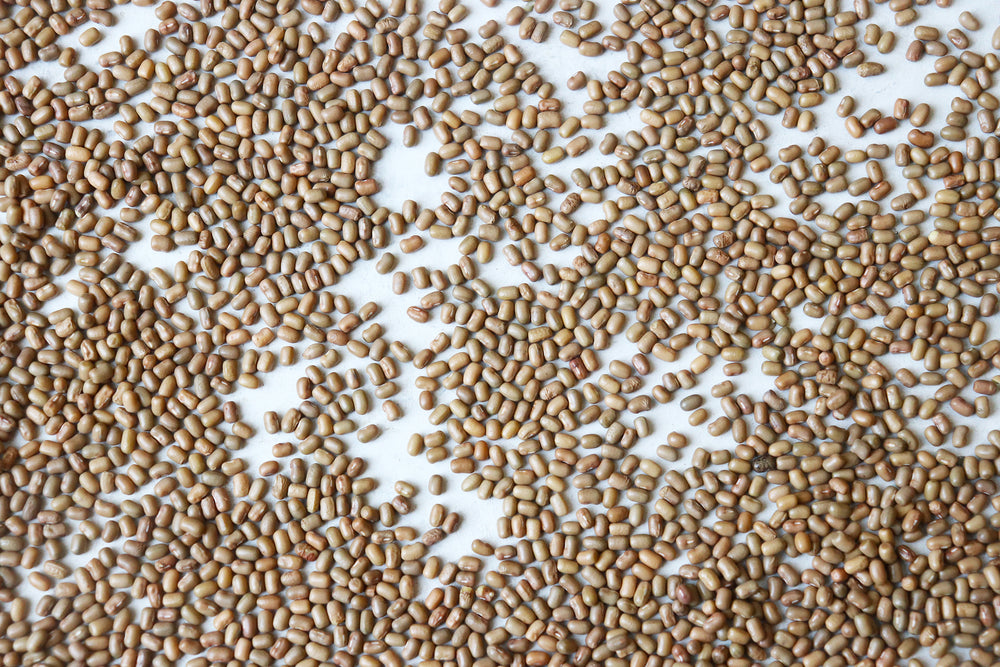
Moth
A light but intensely flavored dal, moth can be sprouted to make a curry known traditionally as Usal or soaked and fried to make a snack called Dal Moth.
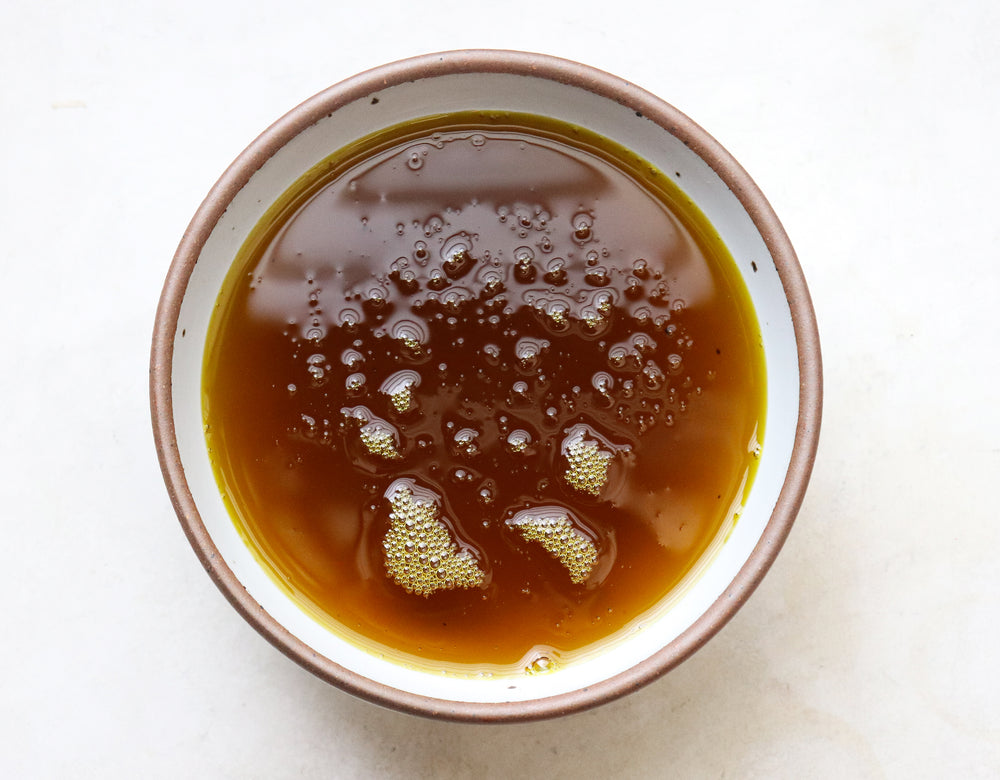
Mustard Oil
A pungent oil with a peppery taste similar to horseradish. In the US, mustard oil is often sold with a warning 'for external use only' but Indians have been cooking with the oil for millenia. Heating it destroys the erucic acid. Pop with cumin seeds then add to salads, vegetables or dal for a kick.

Mustard Oil
A pungent oil with a peppery taste similar to horseradish. In the US, mustard oil is often sold with a warning 'for external use only' but Indians have been cooking with the oil for millenia. Heating it destroys the erucic acid. Pop with cumin seeds then add to salads, vegetables or dal for a kick.
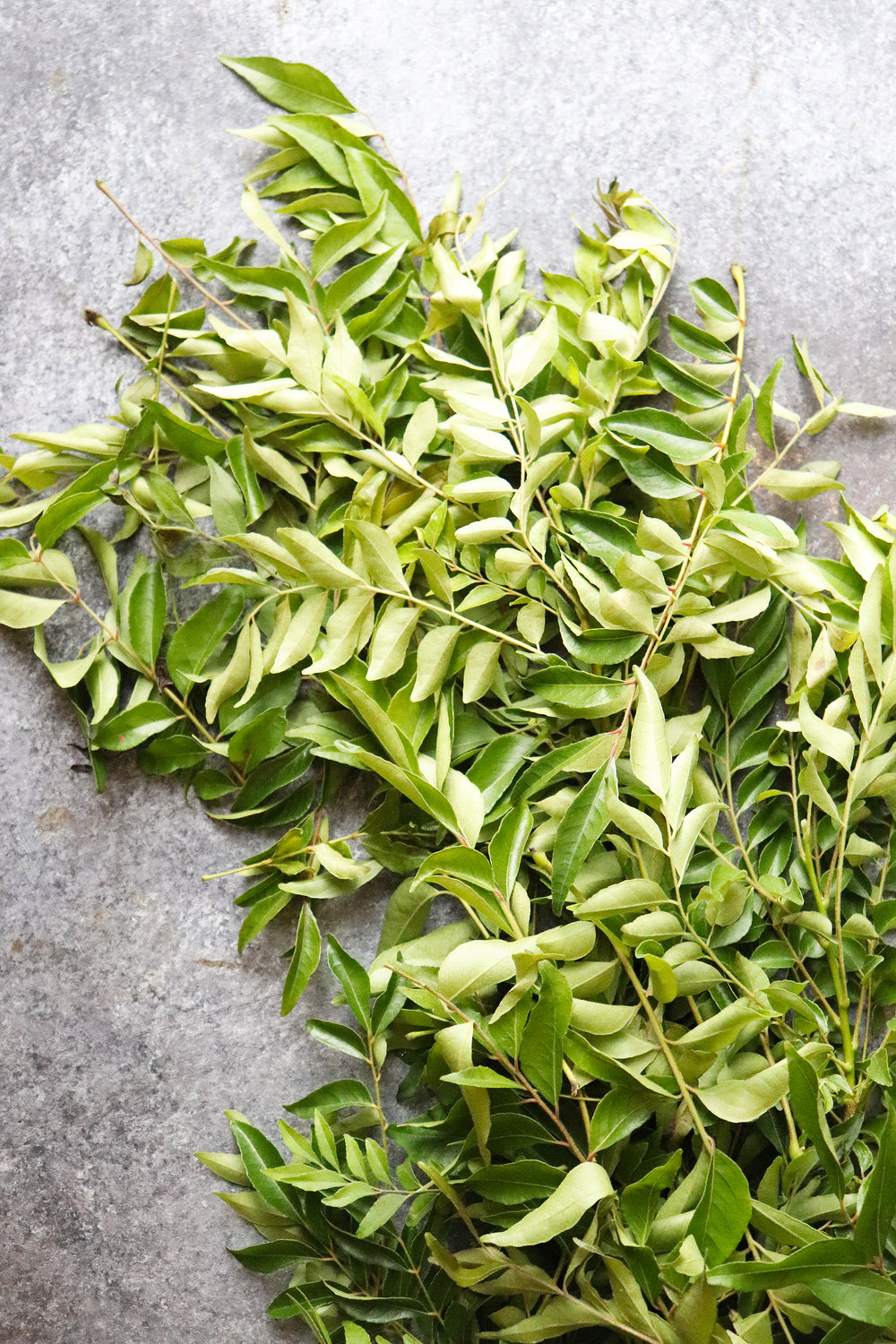
Neem
A green leaf from the tree native to India, neem is not for everyone & comes with a list of precautions. *Consult your physician before using any Ayurvedic herbs.

Neem
A green leaf from the tree native to India, neem is not for everyone & comes with a list of precautions. *Consult your physician before using any Ayurvedic herbs.
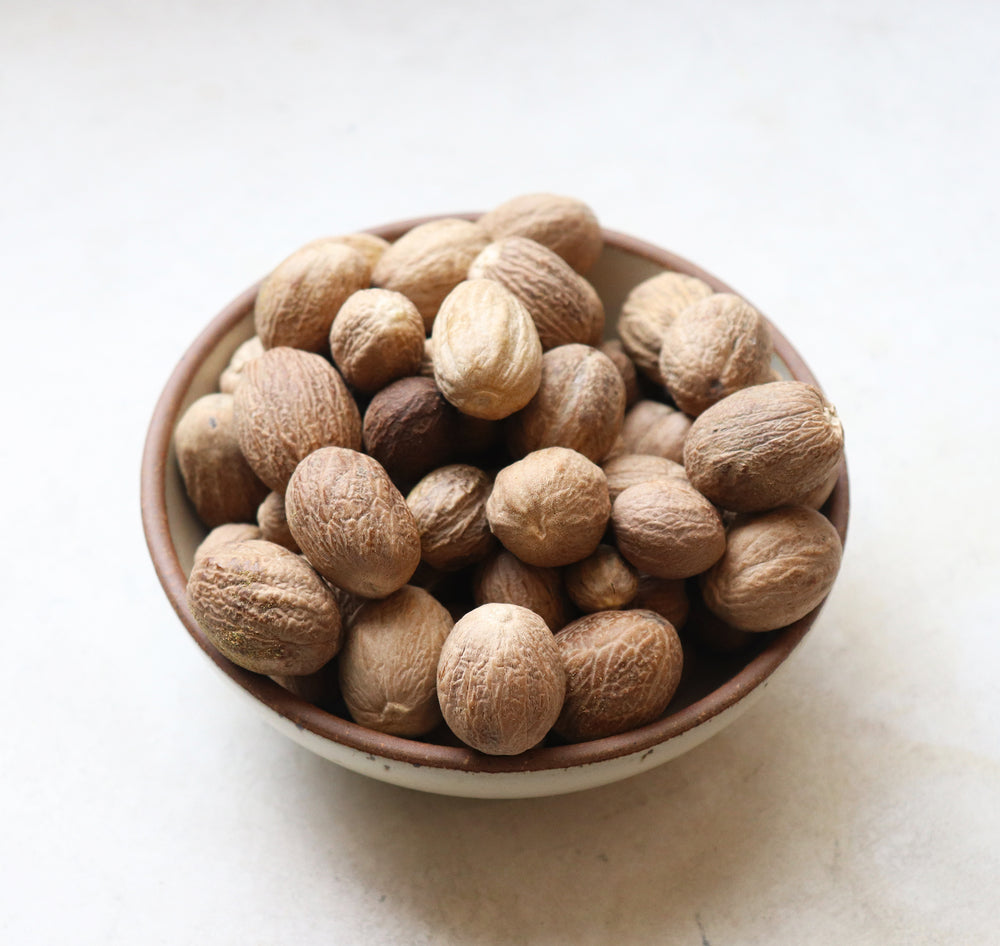
Nutmeg
Mace is the bright red/orange ribbon that exposes the brown black shell, inside which is the nutmeg. Mace is very similar to nutmeg, but is gentler and more delicate in all categories. Taste: Warm, aromatic. Sweetish in nutmeg. Look: Nutmeg is a large, round seed. Smell: Fresh, rich, and warm with some floral notes.

Nutmeg
Mace is the bright red/orange ribbon that exposes the brown black shell, inside which is the nutmeg. Mace is very similar to nutmeg, but is gentler and more delicate in all categories. Taste: Warm, aromatic. Sweetish in nutmeg. Look: Nutmeg is a large, round seed. Smell: Fresh, rich, and warm with some floral notes.
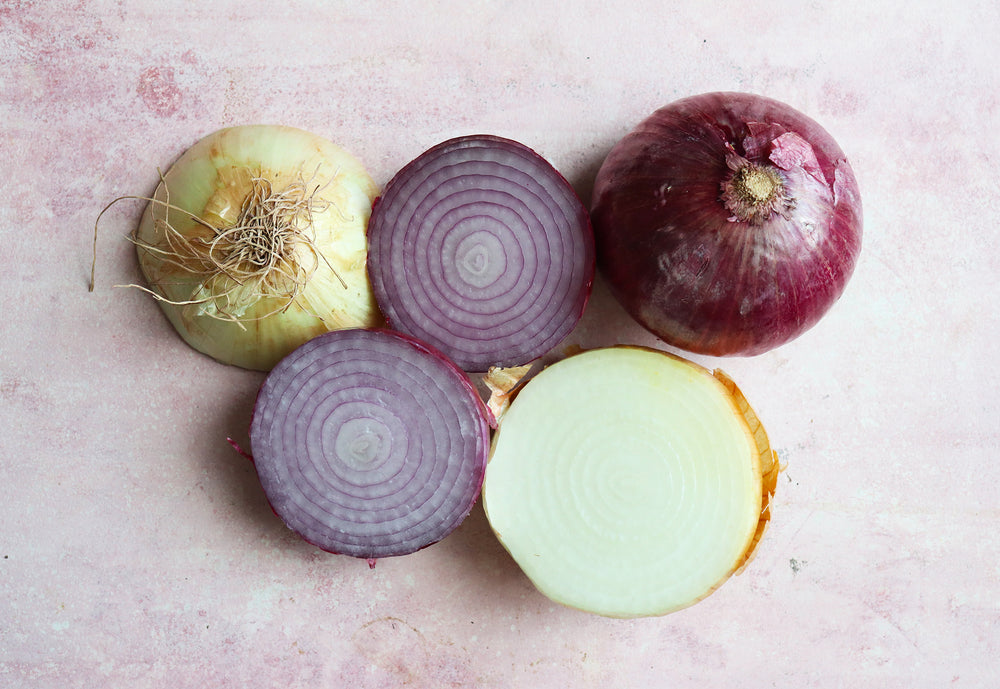
Onions
A staple in Indian cooking from marinades to raitas, onions are extremely versatile depending on how they are chopped & cooked. Try caramelizing them for a sweet, umami flavor or add raw, diced onions to raitas.
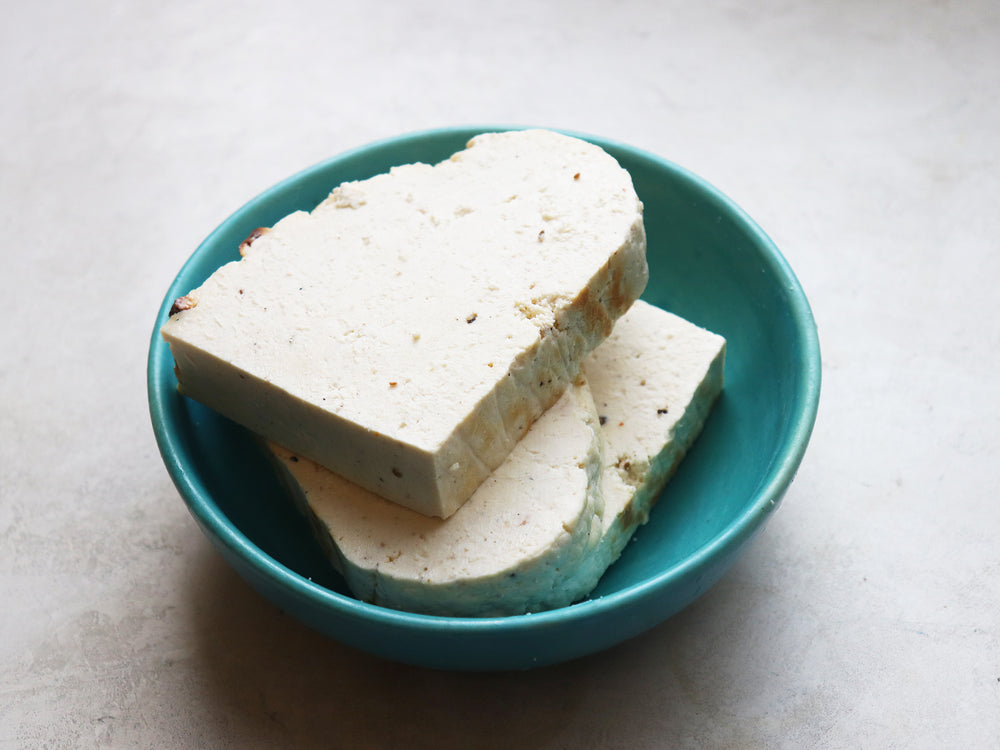
Paneer
Traditional Indian cow’s milk cheese that is crumbly, soft & non-melting. Paneer easily takes on the flavors its cooked with; it can be left plain or flavored with spices like ajwain.
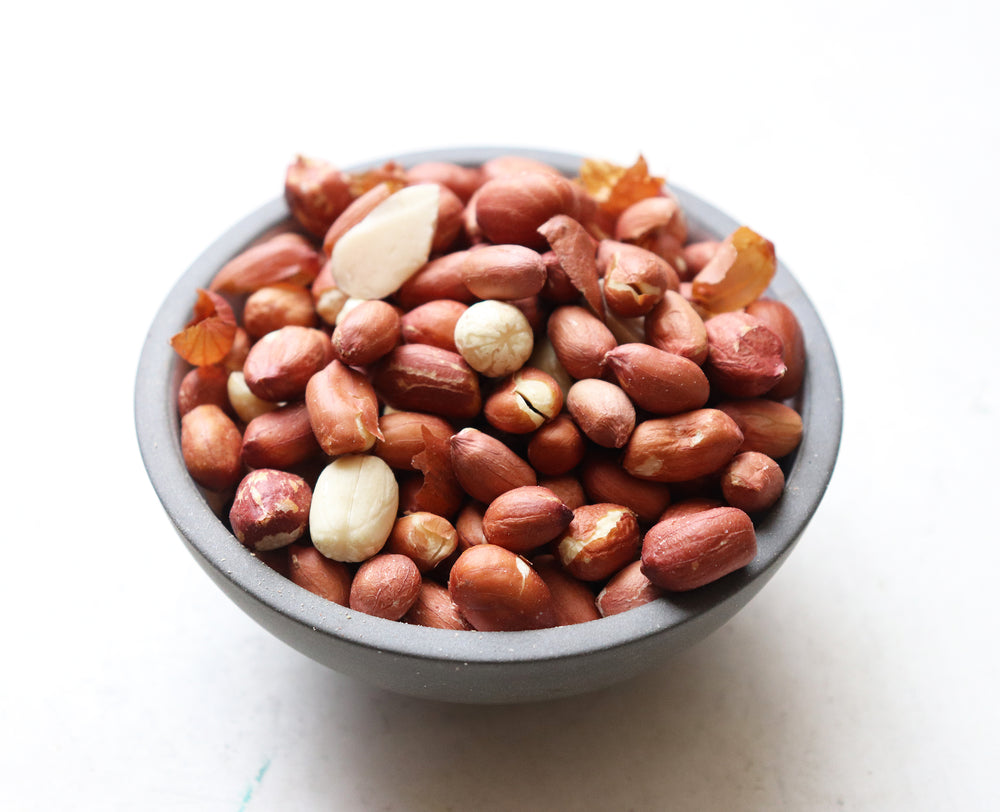
Peanuts
Peanuts or ground nuts as they are called in Gujarat, are used to make snacks like chevdas, brittles & sweets. They are often boiled in their shells with chili powder & salt.
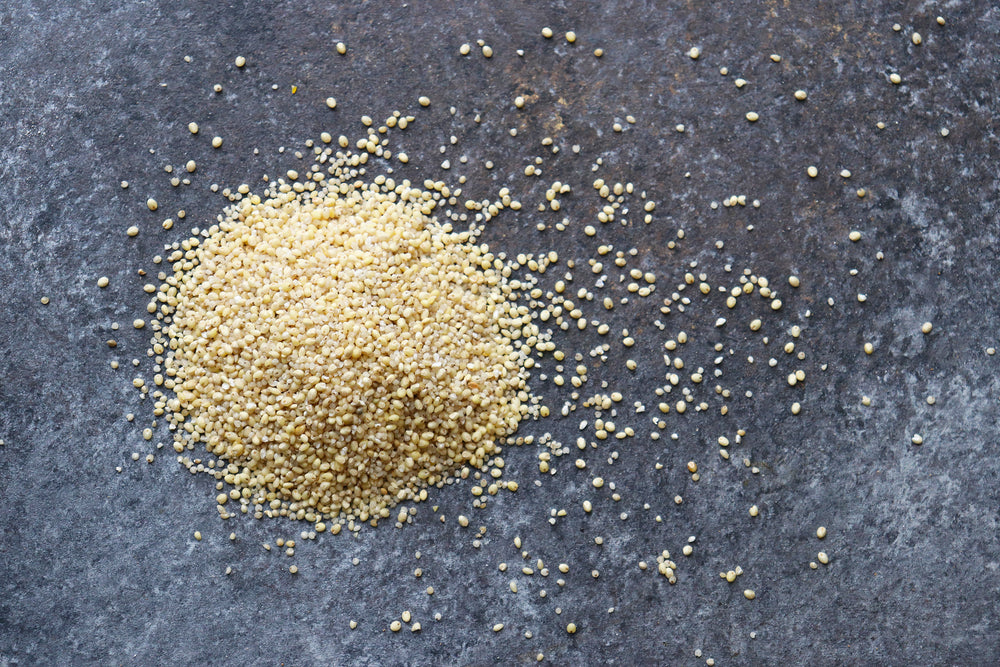
Pearl Millet
Grown throughout India, pearl millet, a source of high fiber and protein, is used for making pilafs, khichri and dosas. Given its quick growth period and minimum use of water, 2023 was named the Year of the Millet by the United Nations.

Pearl Millet
Grown throughout India, pearl millet, a source of high fiber and protein, is used for making pilafs, khichri and dosas. Given its quick growth period and minimum use of water, 2023 was named the Year of the Millet by the United Nations.
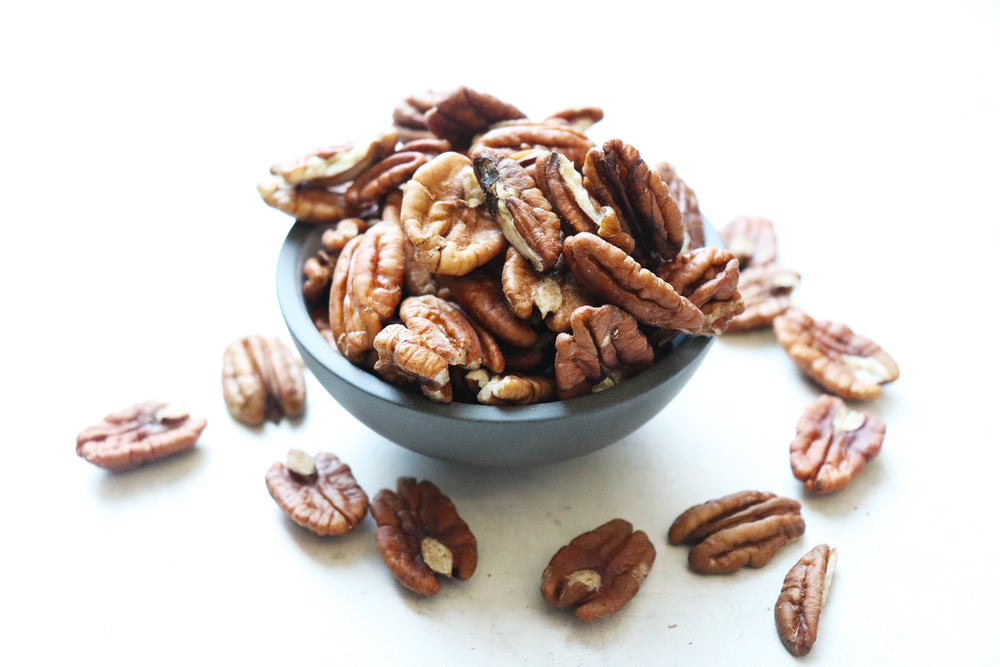
Pecans
The state nut of Texas, pecans are close cousins of walnuts with a rich buttery flavor. They can be used interchangeable with walnuts and work well in pies, salads and toasted as a snack.
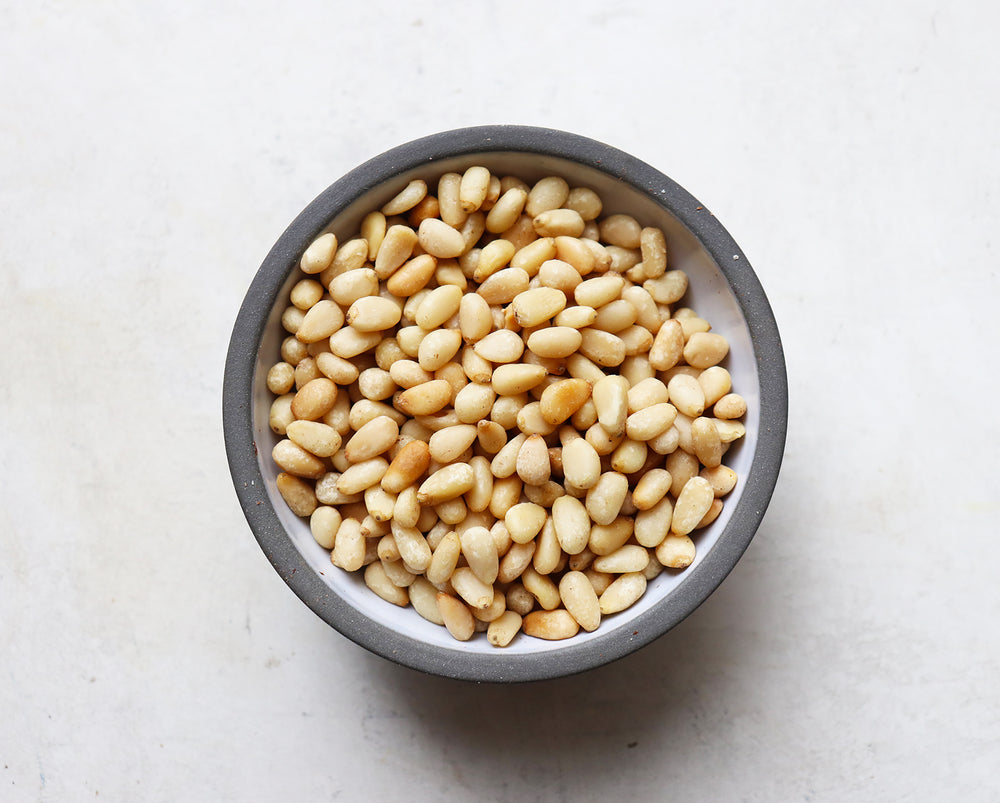
Pine Nuts
Indian pine nuts, chilgoza, are long and thin with a deep, rich buttery flavor. They are even delicious in a shell! Used mostly to garnish biryanis and sweets during holiday time, pine nuts are among the most expensive nuts in the world.
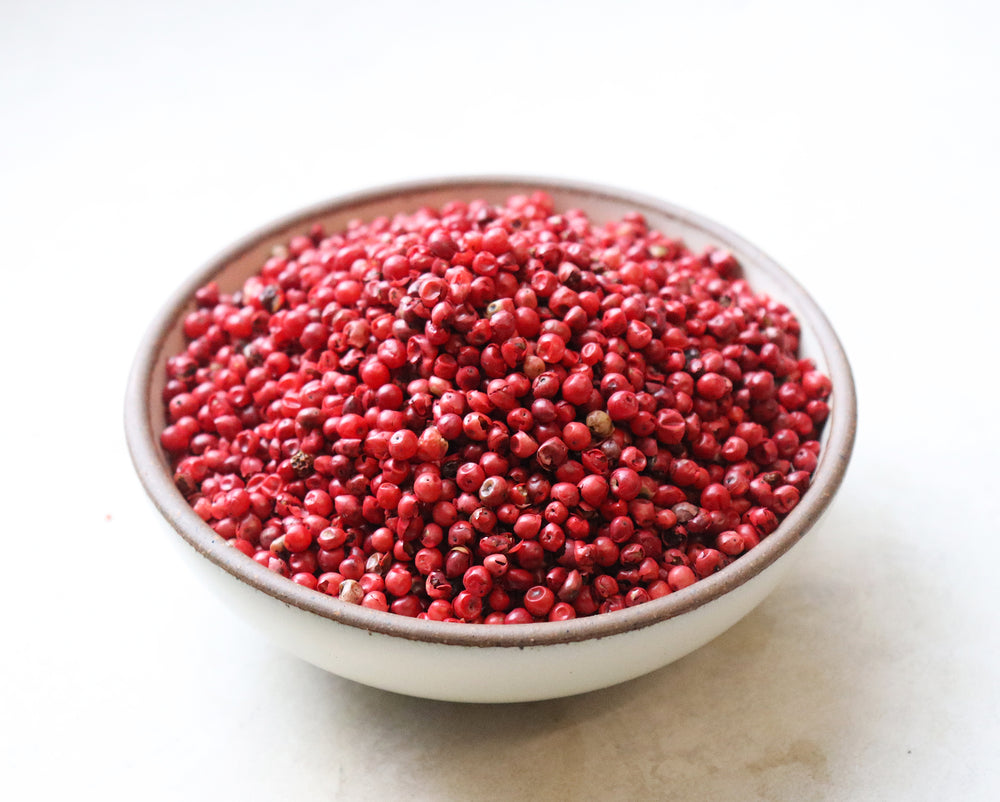
Pink Peppercorn
Pink peppercorns are not from the same pepper vine as black, green, and white pepper. They are berries that come from the Brazilian pepper tree. Taste: Slightly sweet flavor. Look: Fully ripened red-pink berry. Preserved in brine. Smell: Sharp & peppery.

Pink Peppercorn
Pink peppercorns are not from the same pepper vine as black, green, and white pepper. They are berries that come from the Brazilian pepper tree. Taste: Slightly sweet flavor. Look: Fully ripened red-pink berry. Preserved in brine. Smell: Sharp & peppery.
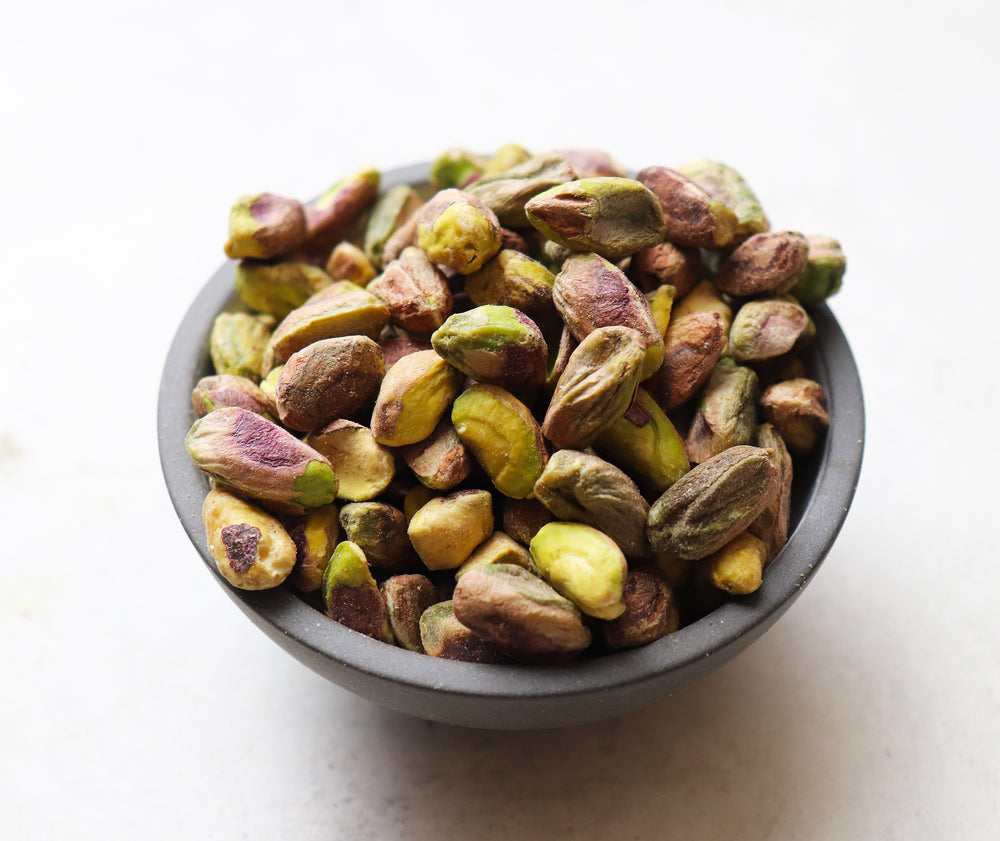
Pistachios
Pistas, as they are called in India, are used primarily in mithai, kulfi & ice creams. Saffron pistachio is a classic ice cream flavor found all over India.
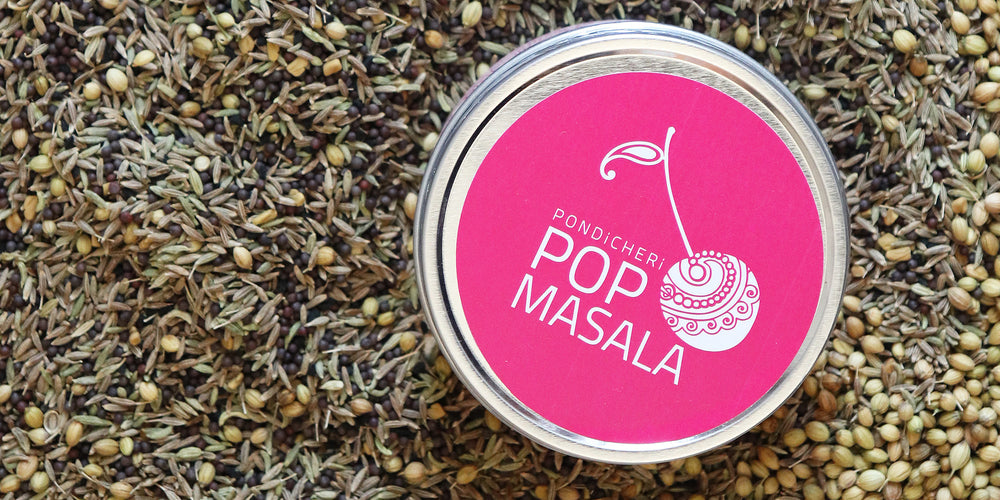
Pop Masala Tin
Burst of crunchy flavor. A mixture of six whole spices, this masala is best fried or ‘popped’ in oil before adding to foods.
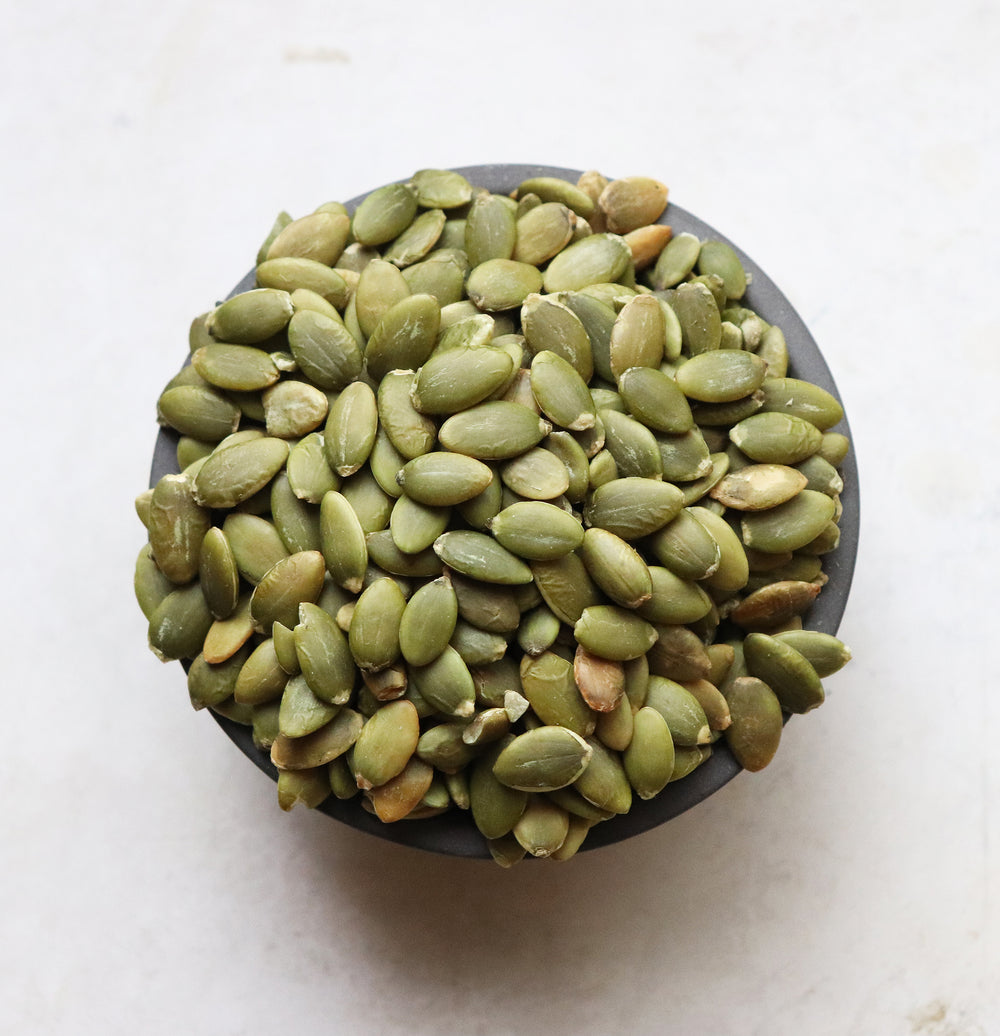
Pumpkin Seeds
Delicious toasted or raw, these seeds are iron rich & used mainly to garnish sweets or added to chevdas for snacks.
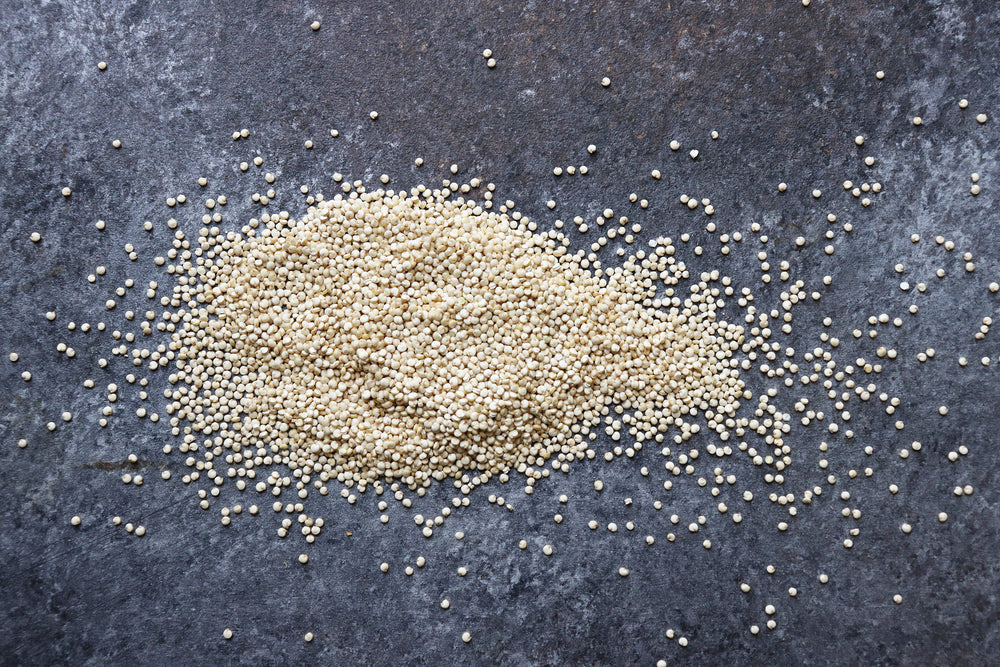
Quinoa
Fluffier & lighter in taste than other quinoa varieties, this protein packed pseudo grain (has nutritional properties closer to that of a seed than a grain) is a delicious addition to khichri, salads & even baked goods.
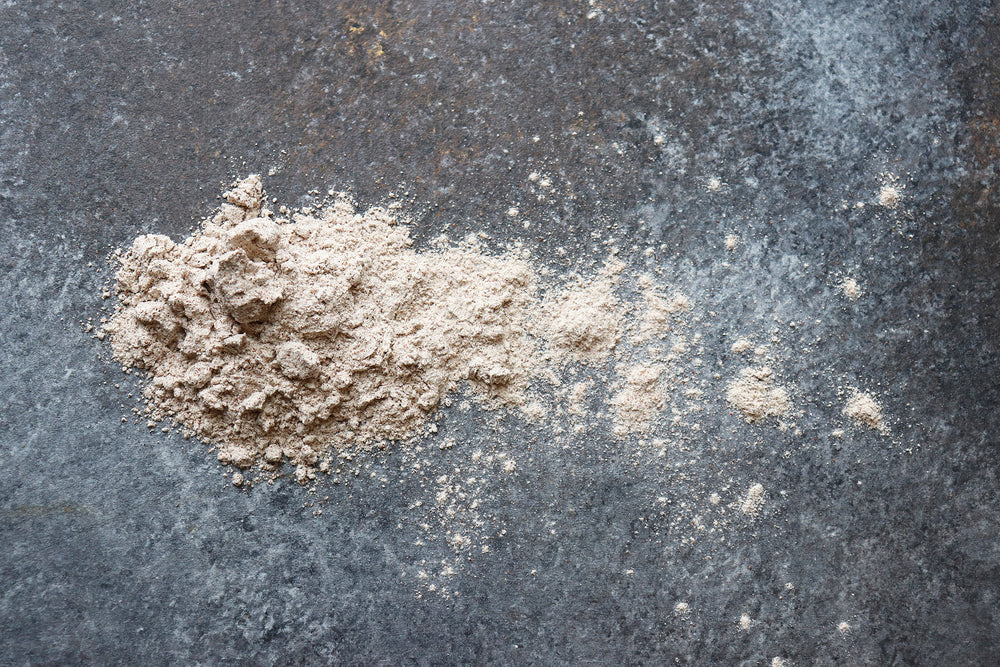
Ragi
A finger millet native to India, ragi flour is high in protein & mineral content. It can be used to supplement dosa or idli batters for enhanced flavor & nutrition.

Ragi
A finger millet native to India, ragi flour is high in protein & mineral content. It can be used to supplement dosa or idli batters for enhanced flavor & nutrition.
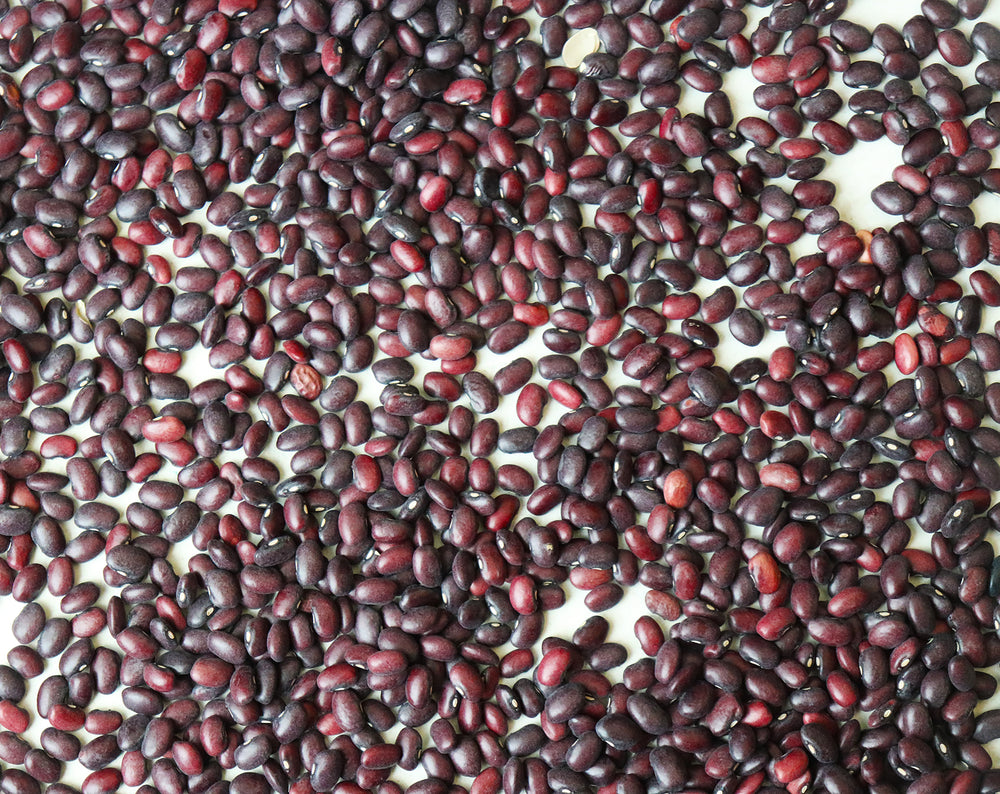
Rajma
Also known as kidney beans, these are most commonly used to make a Punjabi curry called Rajma. There are large & small varieties with indistinguishable flavor between the two.
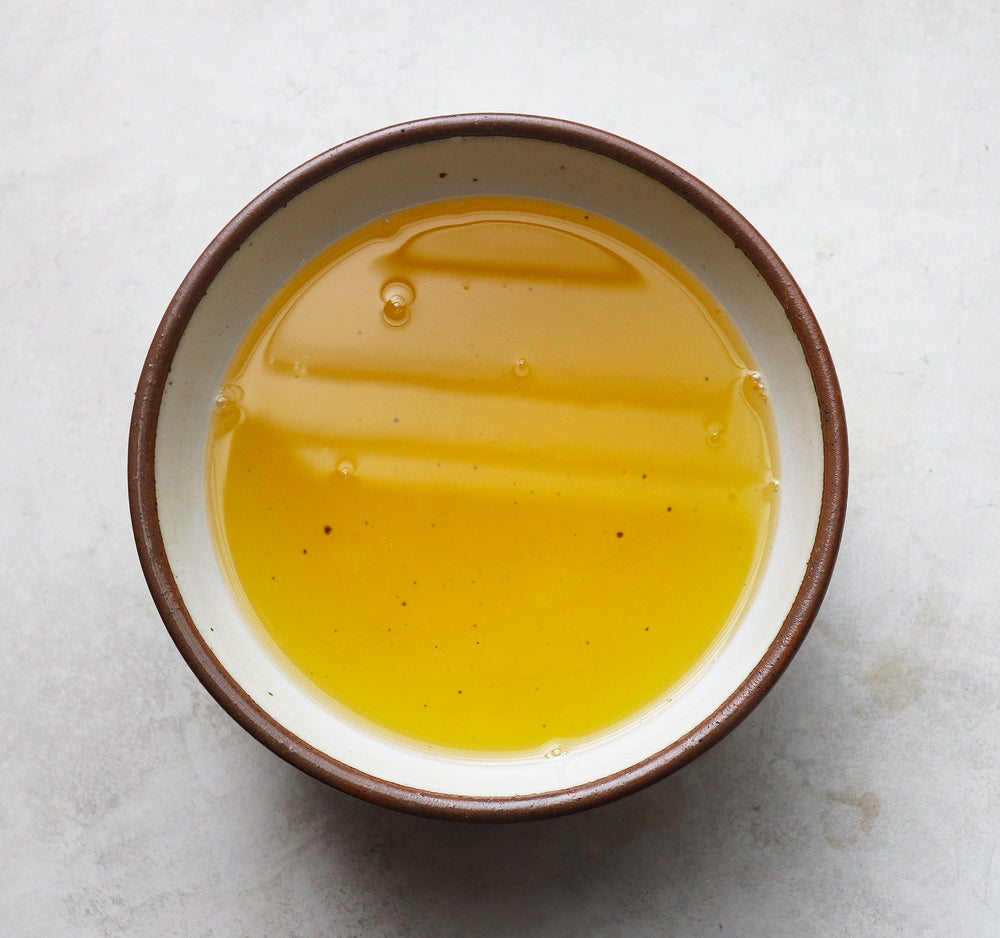
Rice Bran Oil
With a high smoke point of 450 deg F, rice bran oil, which is extracted from the outer bran of the rice kernel is a good neutral flavorless oil to use in cooking, but, it is also very good for deep frying.
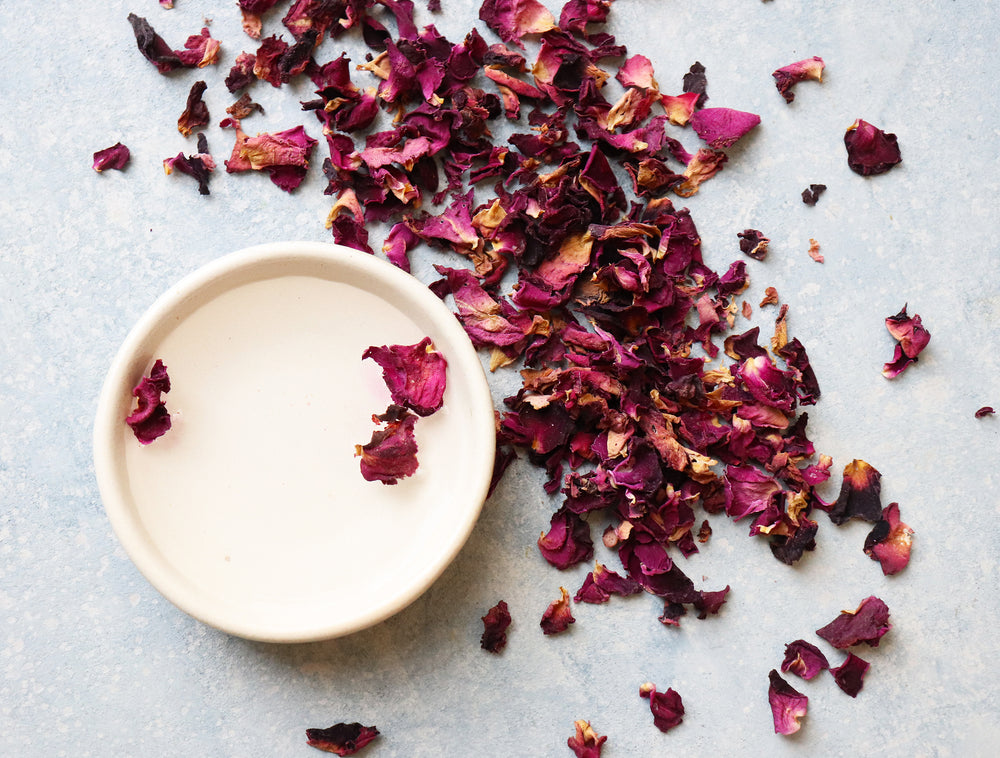
Rose Water
Used for millennia in desserts around India, the water is extracted from fragrant rose petals. It can also be used to add a floral element to curries.
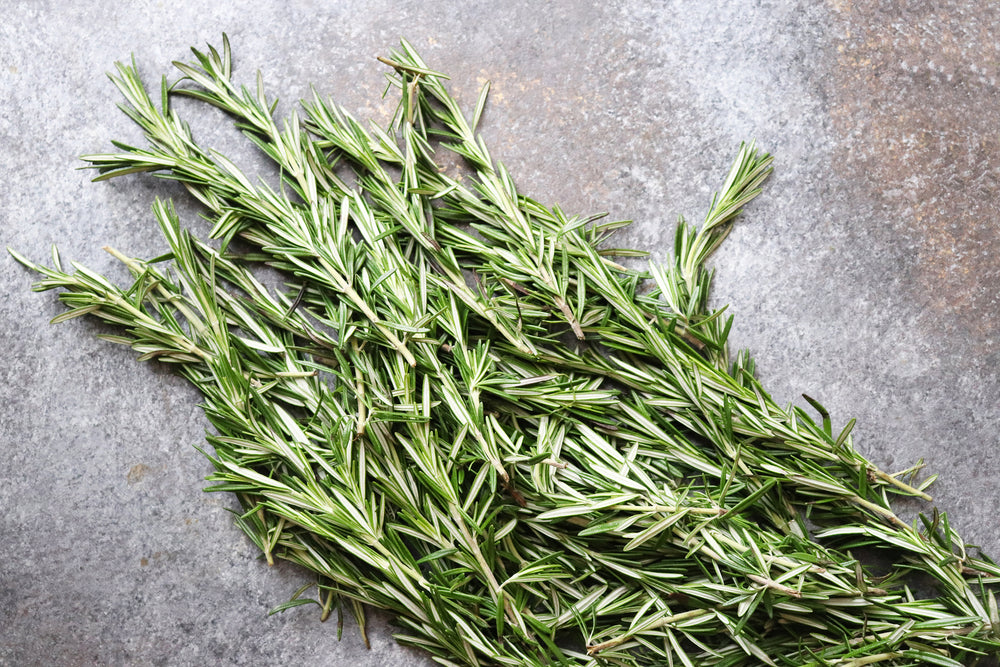
Rosemary
Uncommon in Indian cooking, however versatile rosemary can be an interesting addition to cakes & cookies with its slightly acidic flavor & strong piney & oily fragrance.

Rosemary
Uncommon in Indian cooking, however versatile rosemary can be an interesting addition to cakes & cookies with its slightly acidic flavor & strong piney & oily fragrance.
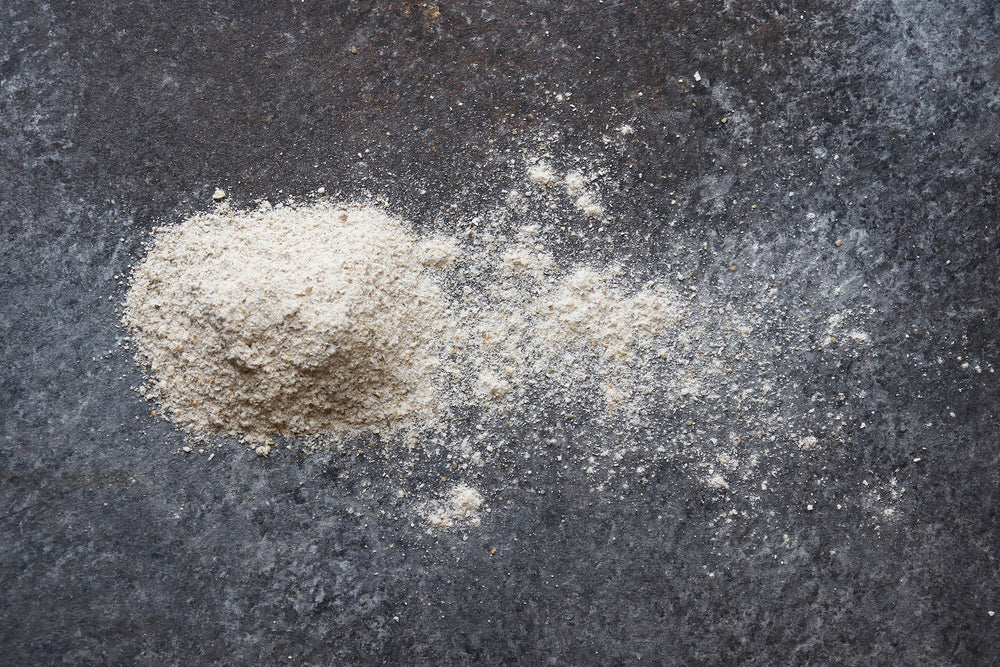
Rye
Originally from Asia but not used very much in India, rye flour has unusual carbohydrates and proteins resulting in a distinctive flavor. Rye flakes can be substituted for rice to make poha, the popular Gujarati breakfast.
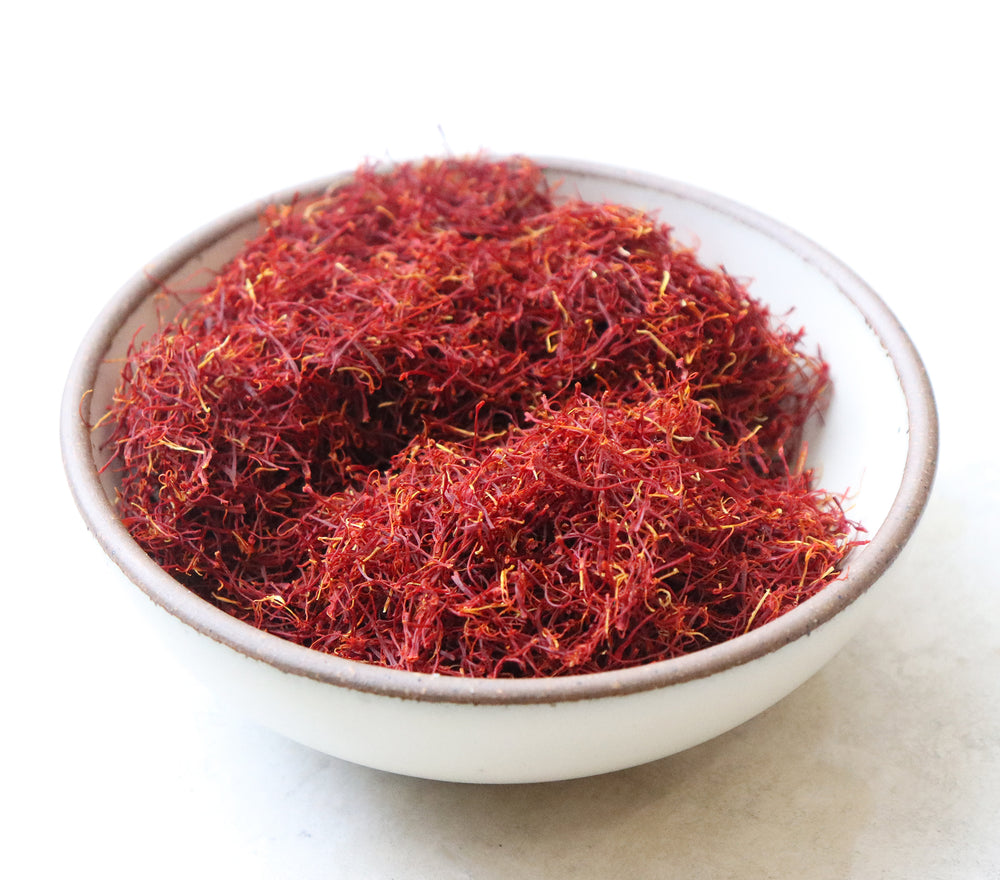
Saffron
Known as the “Queen of Spices”, it is the most expensive spice in the world today. Taste: Floral, sweet, aromatic taste. Look: Bright red to orange threads. Smell: Distinctive musky, woody, with a hay-like fragrance.
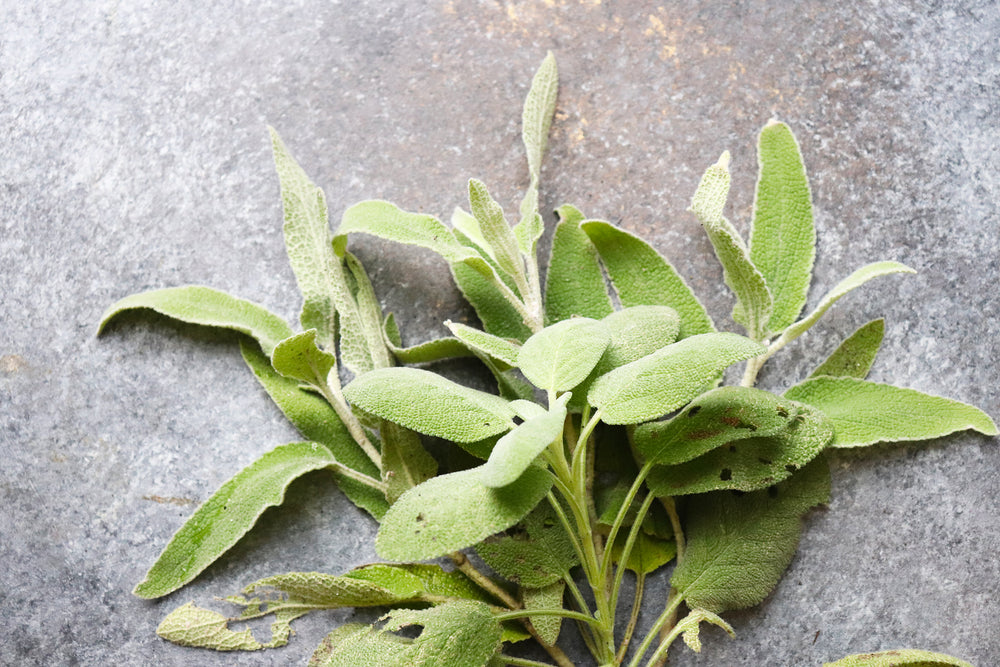
Sage
Herbaceous, piney & minty herb with a soft, fuzzy leaf. It fries beautifully and can be added as a crispy garnish to rice, meats or stews. Sage is known to have anti-microbial & antioxidant properties.
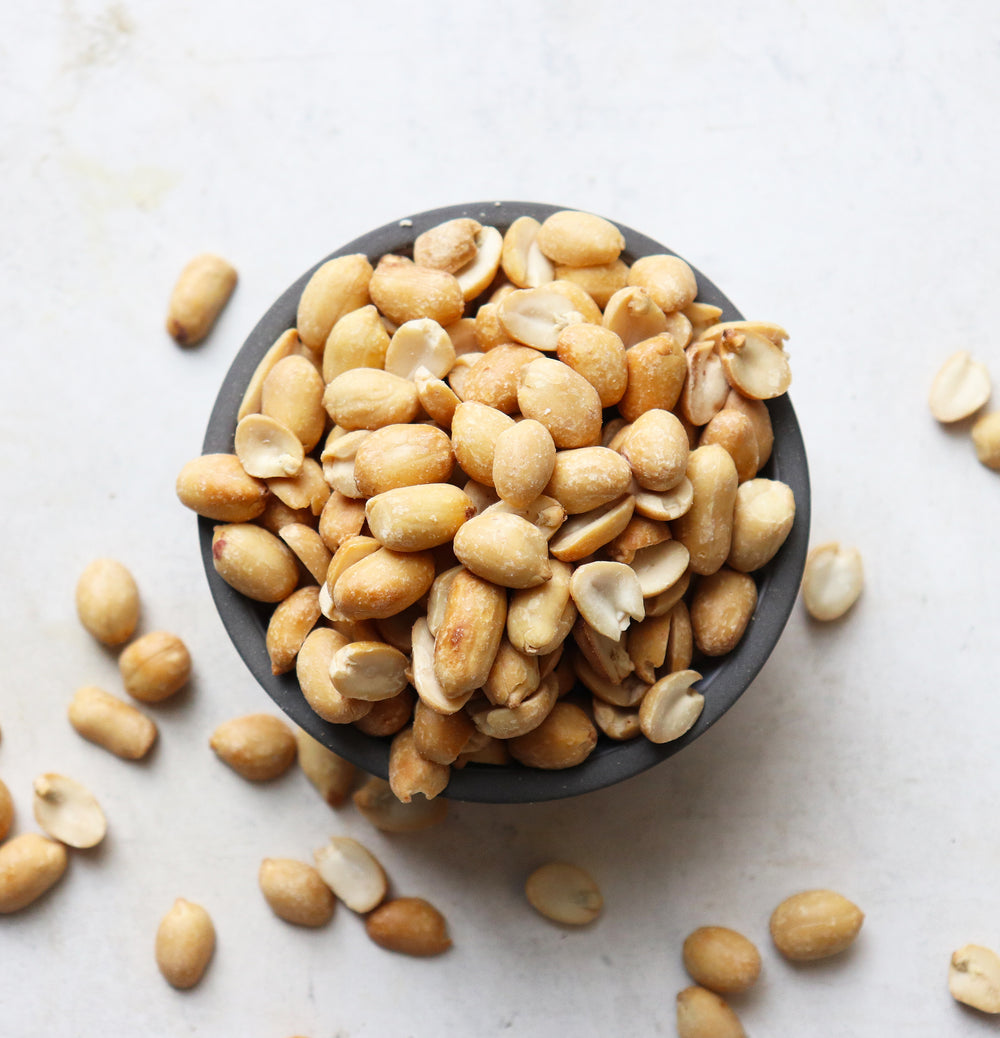
Sand Peanuts
Commonly seen in the streets of Gujarat, sand peanuts were a particular favorite of Mahatma Gandhi. Roasting these peanuts with skins over sand & salt imparts a tremendous flavor. The sand is sifted off, leaving them with a richly salted toasted flavor.

Sand Peanuts
Commonly seen in the streets of Gujarat, sand peanuts were a particular favorite of Mahatma Gandhi. Roasting these peanuts with skins over sand & salt imparts a tremendous flavor. The sand is sifted off, leaving them with a richly salted toasted flavor.
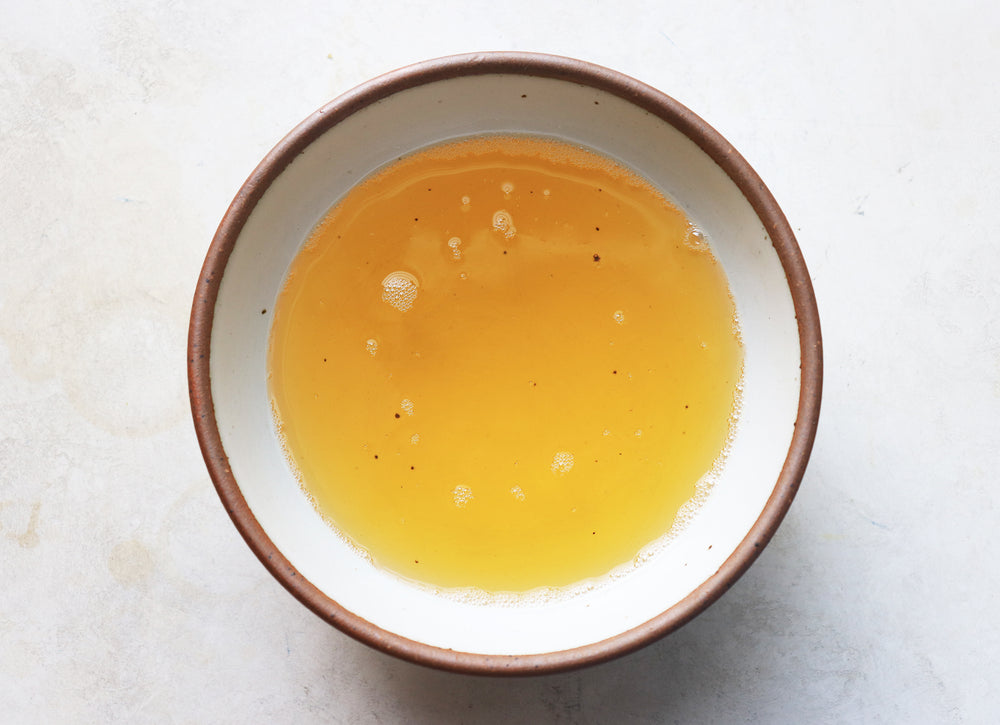
Sesame Oil
Nutty aroma with neutral flavor. Heating the oil brings out a deep toasted aroma & taste. Pairs well with ginger & citrus.
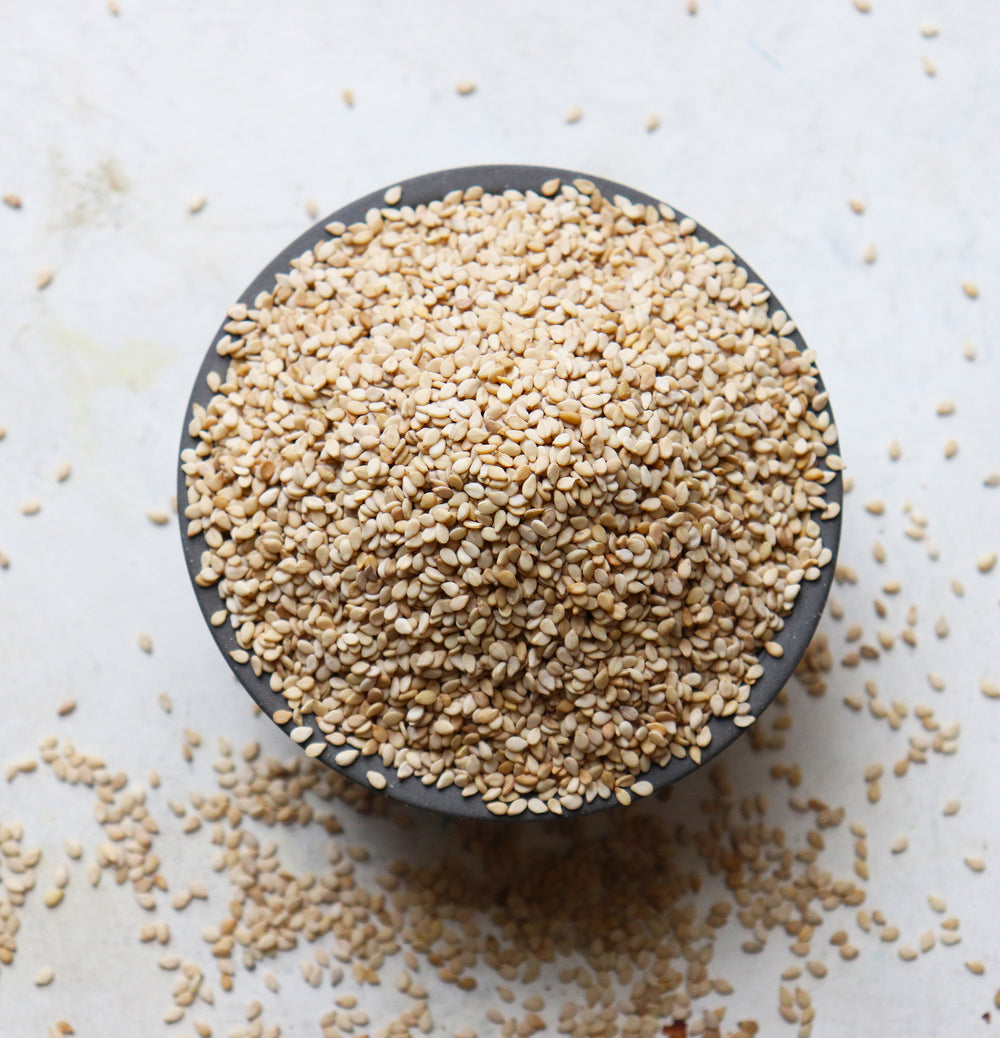
Sesame Seeds
Considered a highly nutritious seed especially for bone development, sesame seeds or til are used in chutneys, desserts & brittles.
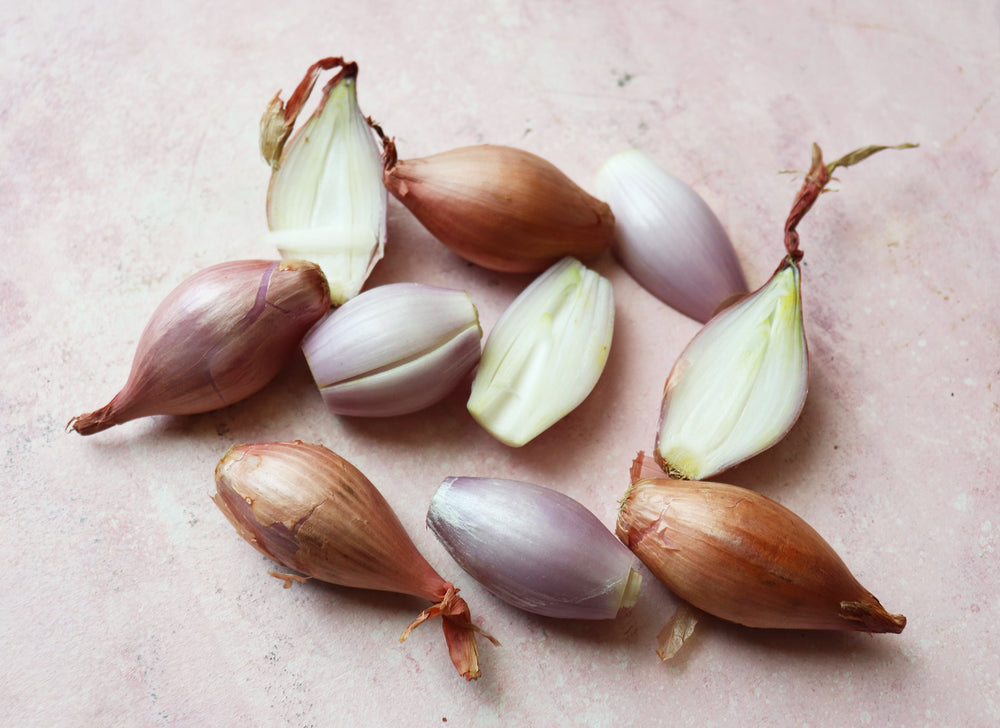
Shallots
A mild, sweeter onion with a purplish coloring. Try searing on a hot skillet with oil, chop & add to rice dishes, meat marinades or sandwich spreads. Shallots pair especially well with peppery arugula.
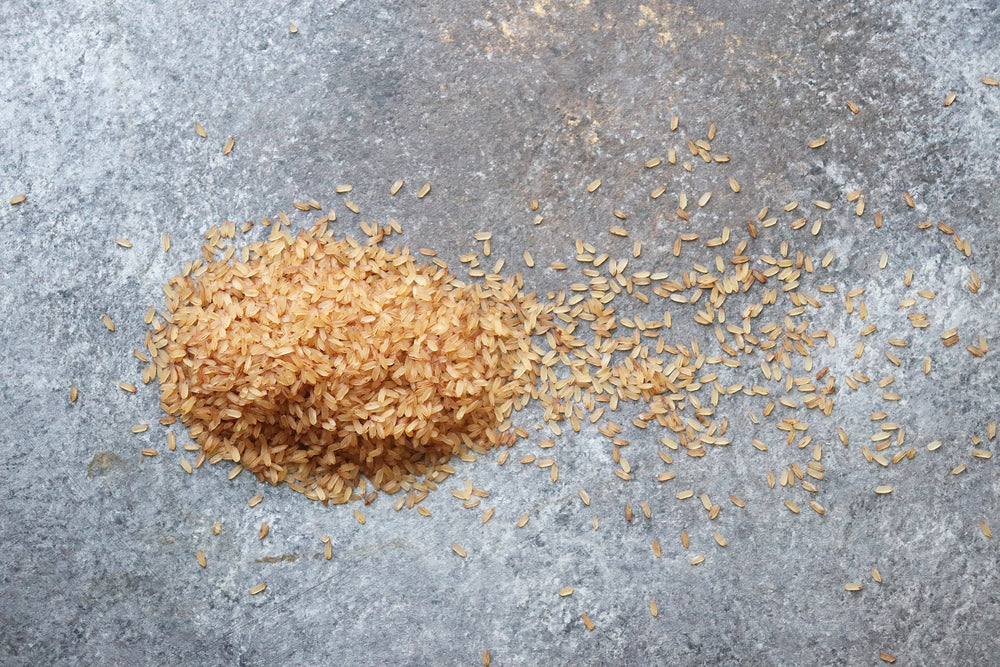
South Indian Red Rice
Originally from Kerala and also known as rosematta rice, red rice has a robust earthy flavor. It works great in stews and will hold its shape over long periods of cooking.

South Indian Red Rice
Originally from Kerala and also known as rosematta rice, red rice has a robust earthy flavor. It works great in stews and will hold its shape over long periods of cooking.
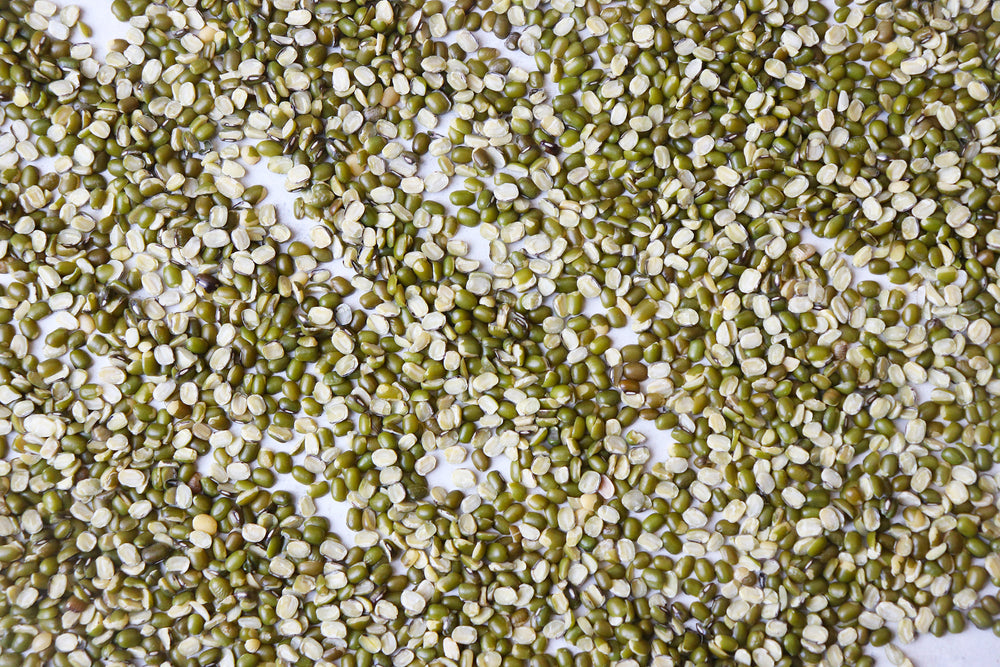
Split Green Moong
Moong dal with its green outer skin can be turned into a dal or stew like any other. It can also be lightly boiled and then drained and added to salads.

Split Green Moong
Moong dal with its green outer skin can be turned into a dal or stew like any other. It can also be lightly boiled and then drained and added to salads.
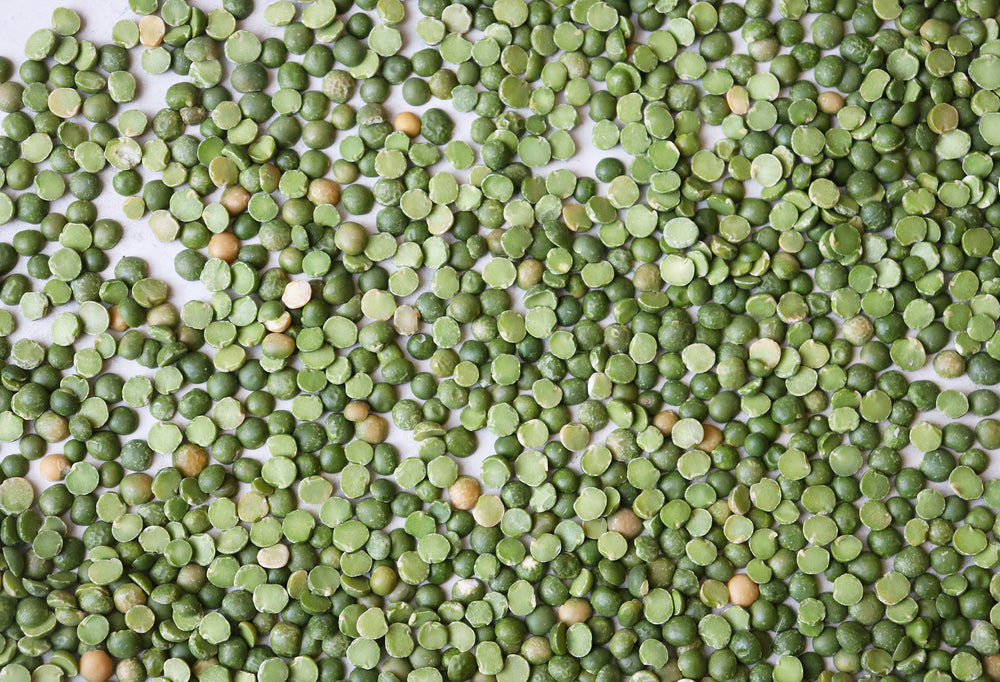
Split Green Peas
Common in the west but not so in India, these flavor-filled dried field peas are not actually a lentil but can be treated as such. Use them to make soups, stews, and salads.

Split Green Peas
Common in the west but not so in India, these flavor-filled dried field peas are not actually a lentil but can be treated as such. Use them to make soups, stews, and salads.
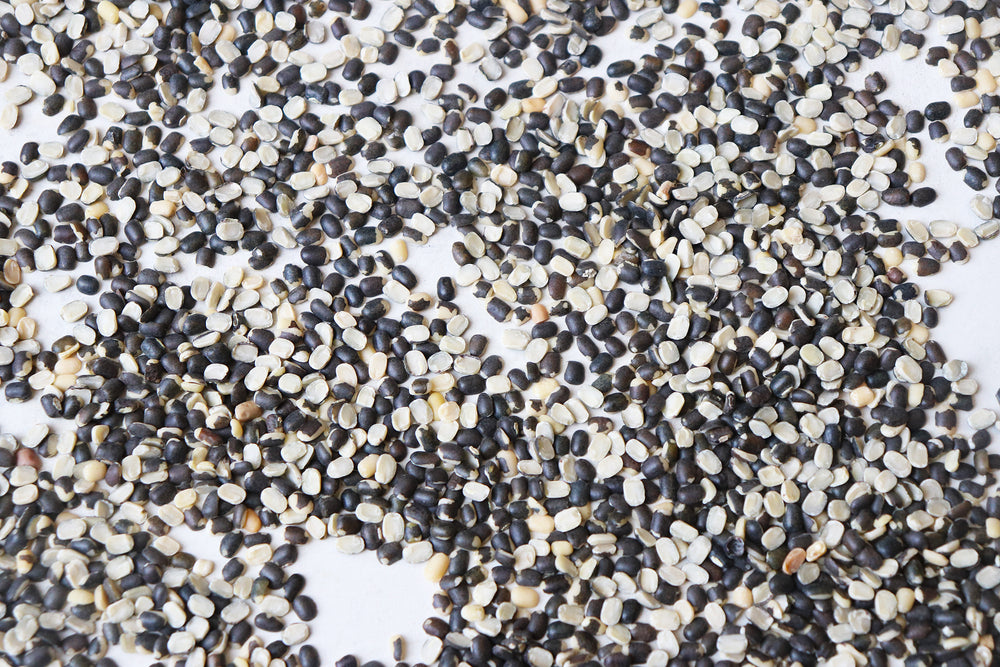
Split Urad
Split urad has a black coating so be sure to cook it longer than usual. Also, this dal can be used in dosa batters, however the batter will have a light grey color.

Split Urad
Split urad has a black coating so be sure to cook it longer than usual. Also, this dal can be used in dosa batters, however the batter will have a light grey color.
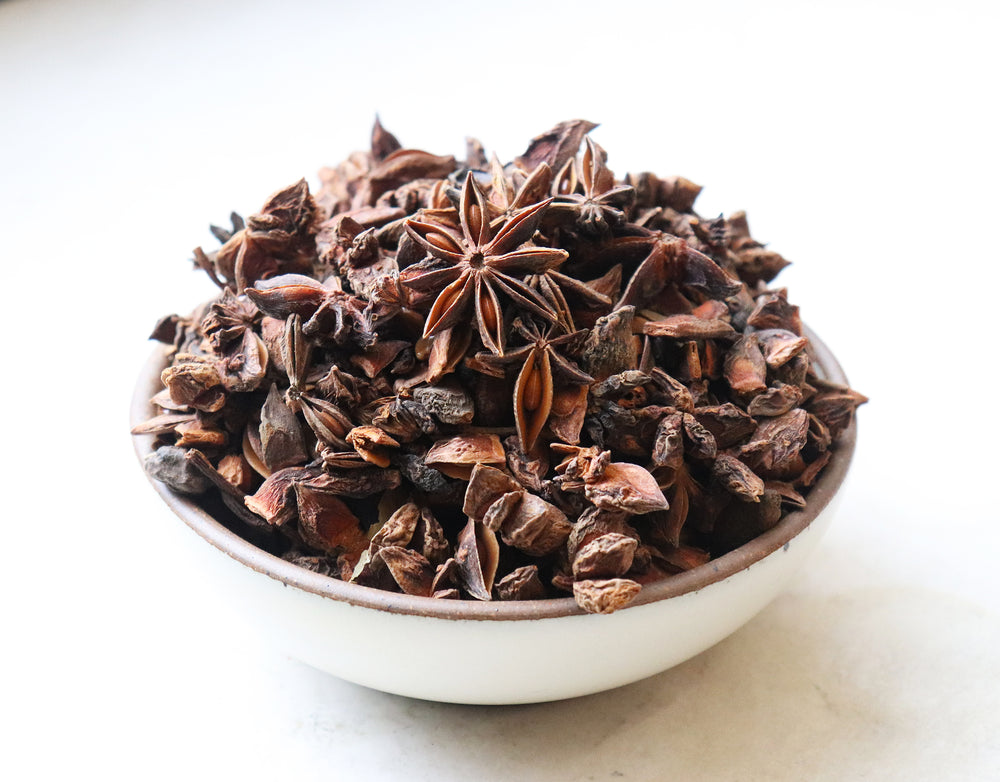
Star Anise
The warm, sweet, floral star anise pod has been used in Indian cooking for thousands of years Taste: Sweet, anise and licorice-like flavor. Look: A striking star-shaped woody fruit of a tree in the magnolia family. Smell: Licorice and fennel-like aroma.
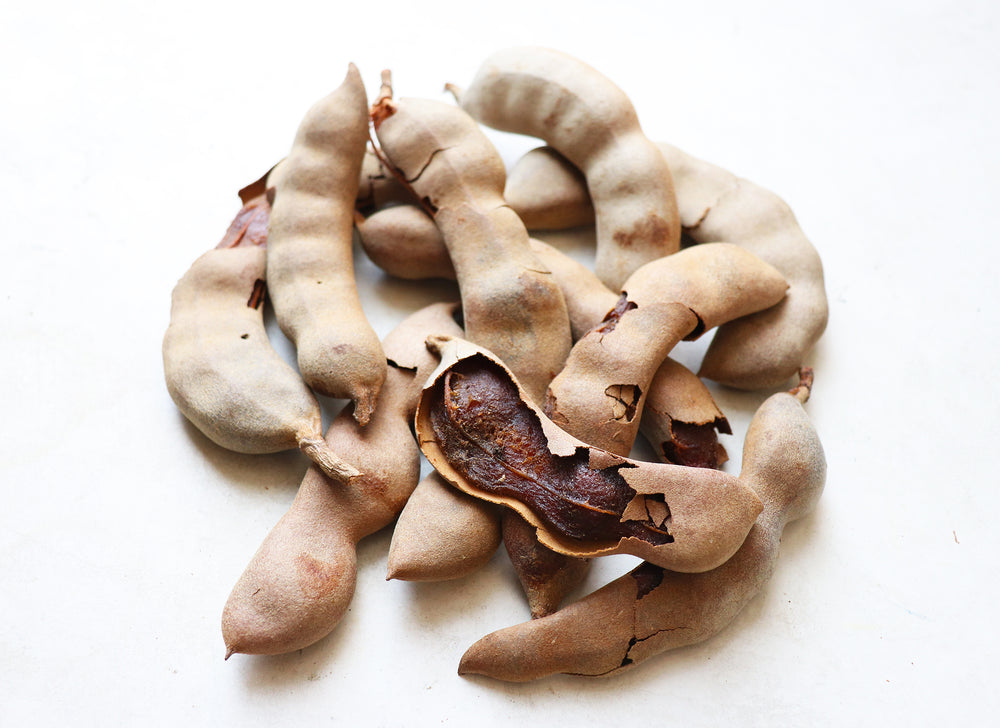
Tamarind
A sour fruit that can be found dried and compressed into packages, which can be rehydrated & added to curries, chutneys or drinks.
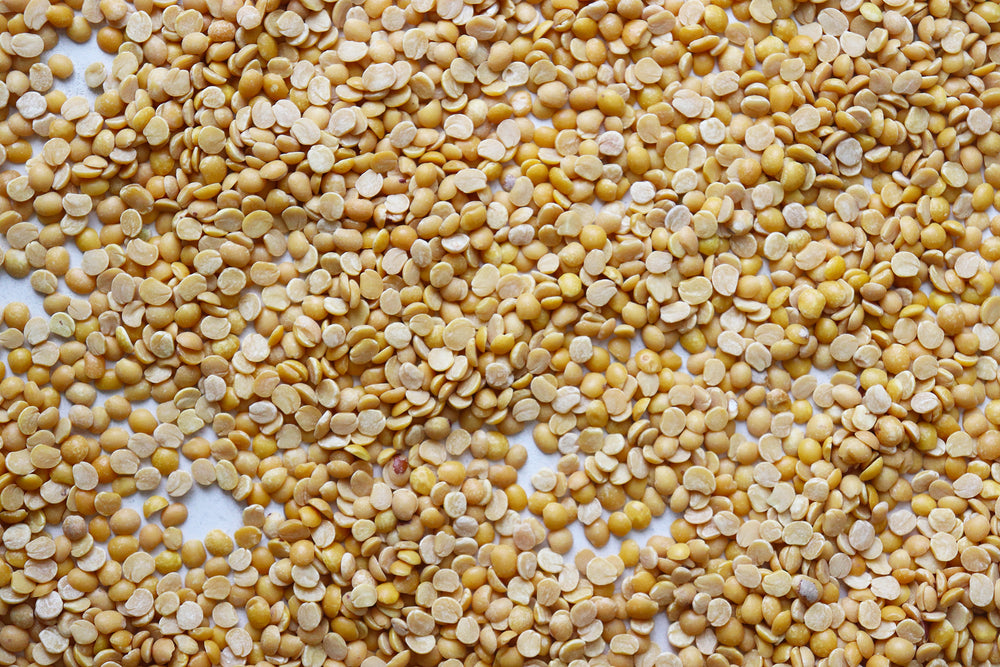
Toor Dal
A flat yellow lentil is the base that makes up sambhar or rasam, the quintessential soup of South India. In Gujarat, this dal is also used to make the traditional daily dal. It is best used as a puree or can be added to vegetable soups for thicker base.

Toor Dal
A flat yellow lentil is the base that makes up sambhar or rasam, the quintessential soup of South India. In Gujarat, this dal is also used to make the traditional daily dal. It is best used as a puree or can be added to vegetable soups for thicker base.
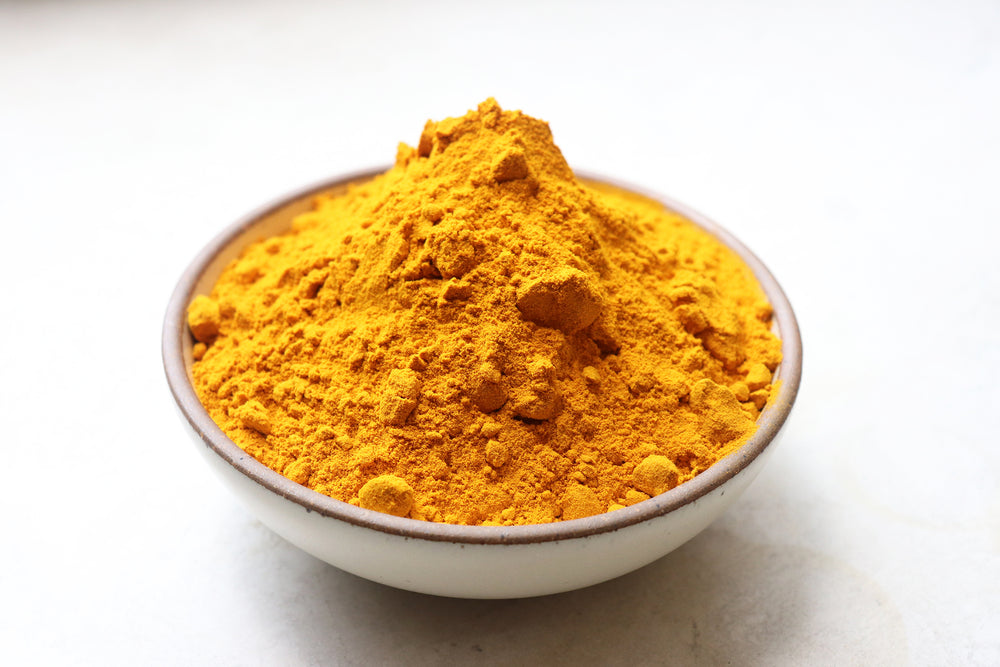
Turmeric
Taste: Sweet, slightly bitter, musky, nutty taste. More often used for the color it imparts rather than the flavor. Look: Orange root (when fresh) and an orange-yellow powder when dried. Smell: Bright yet earthy scent.
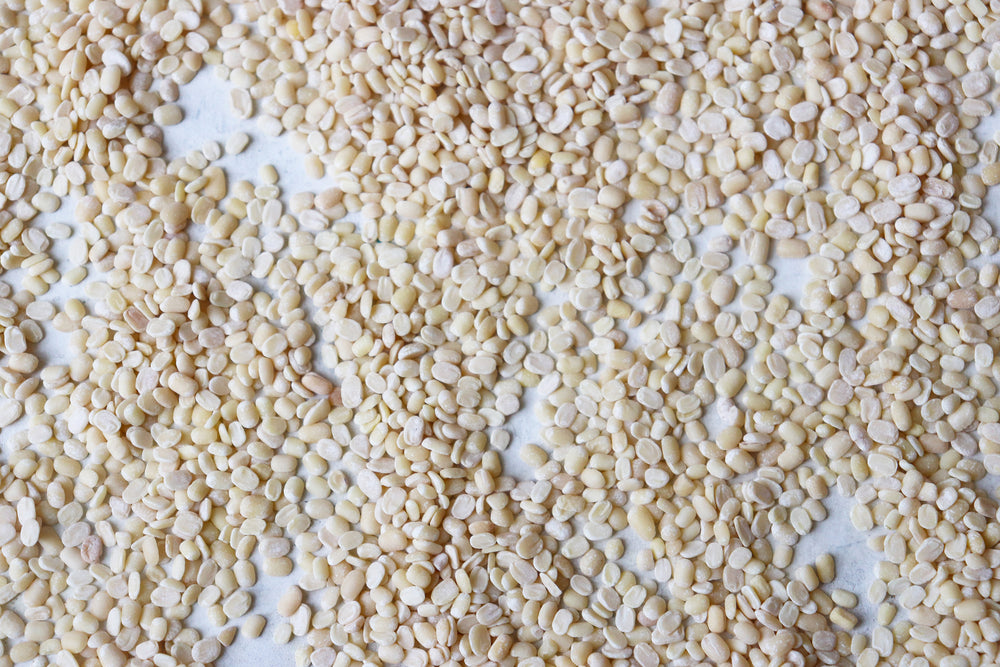
Urad Dal
Mostly used in accompaniment with rice to make a fermented dosa batter, urad dal can also be used to make dals or other bean stews.

Urad Dal
Mostly used in accompaniment with rice to make a fermented dosa batter, urad dal can also be used to make dals or other bean stews.
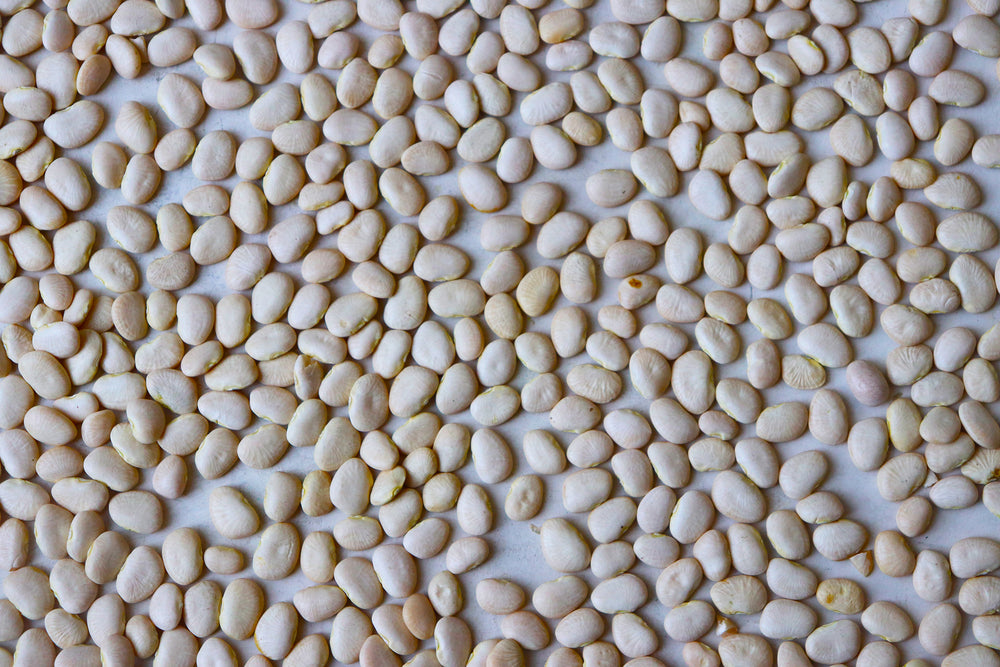
Val
There are two varieties of val: sweet & bitter. Both are mainly used in Gujarat to make a simple stew. When puréed, they make a delicious spread for toast.

Val
There are two varieties of val: sweet & bitter. Both are mainly used in Gujarat to make a simple stew. When puréed, they make a delicious spread for toast.
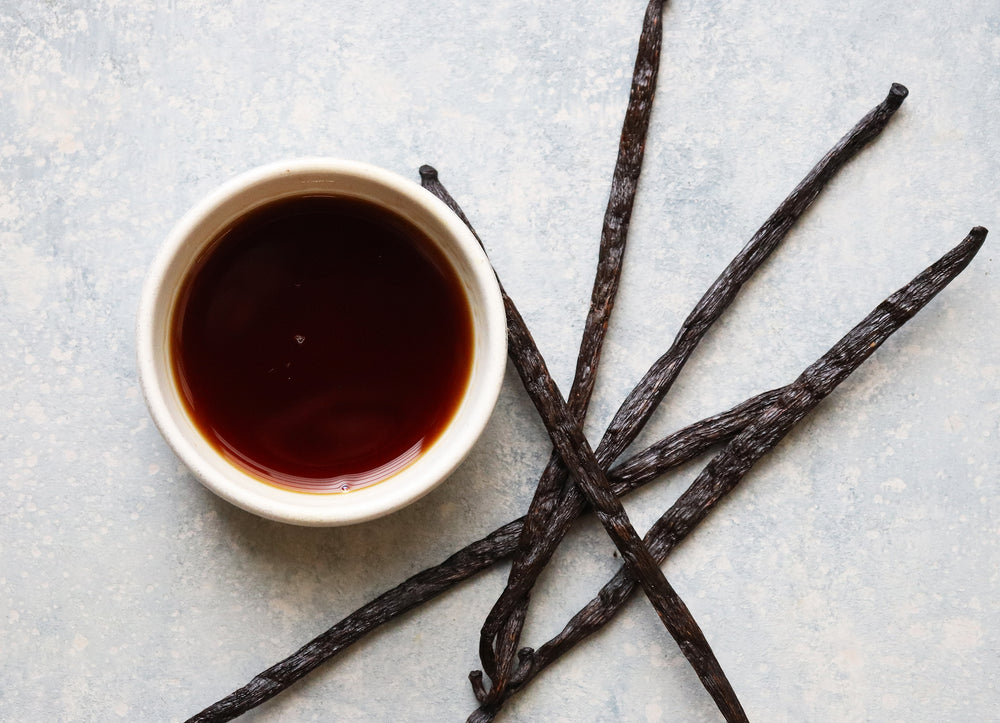
Vanilla Extract
Not a very common ingredient in Indian cooking, vanilla is primarily known for its use in sweet applications. It can also make a savory marinade with black pepper on shrimp or added to yogurt with sugar, water & cardamom for a sweet lassi.
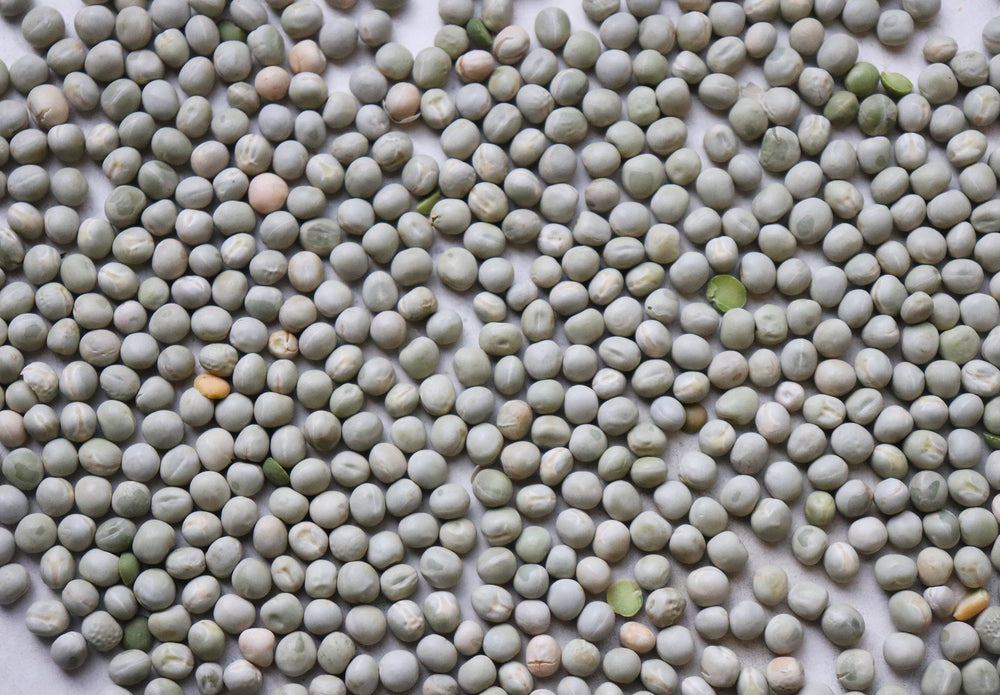
Vatana
These dried green peas are commonly used in savory stuffings or to make a hearty stew.

Vatana
These dried green peas are commonly used in savory stuffings or to make a hearty stew.
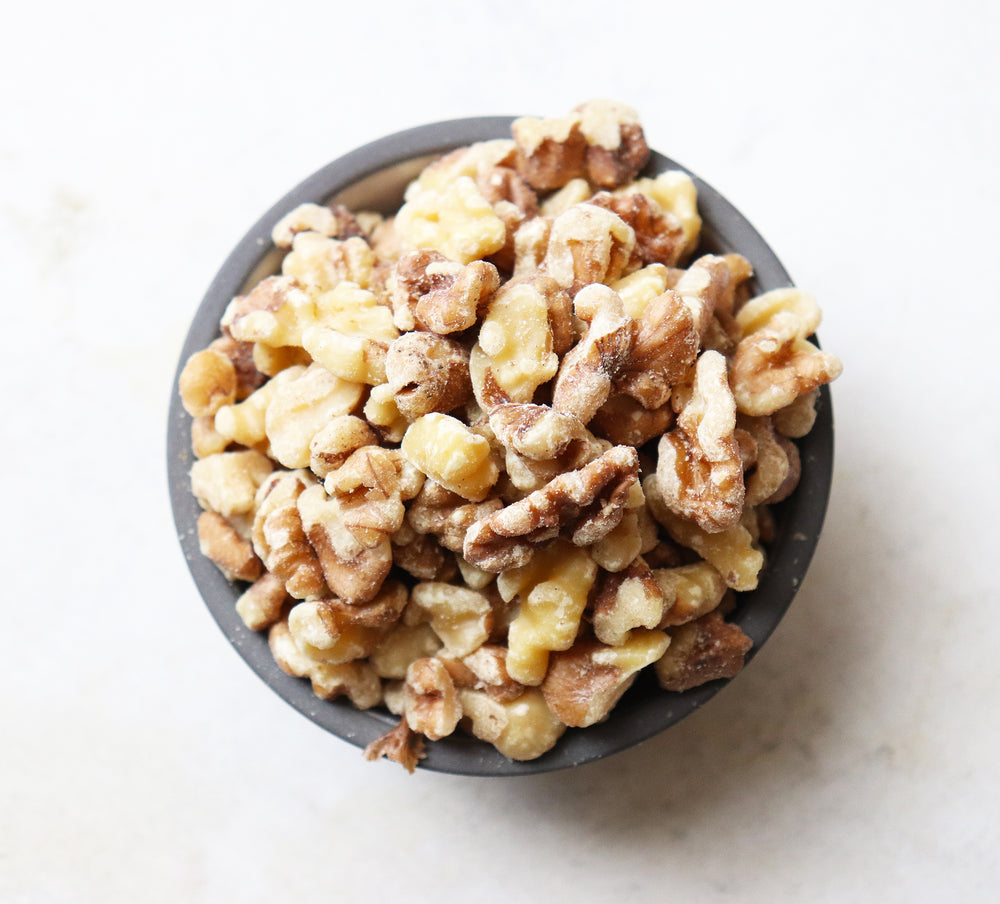
Walnuts
Considered one of the most nutritious and strengthening nuts in India, akhrot (walnuts) are eaten raw as snacks and used extensively in desserts.
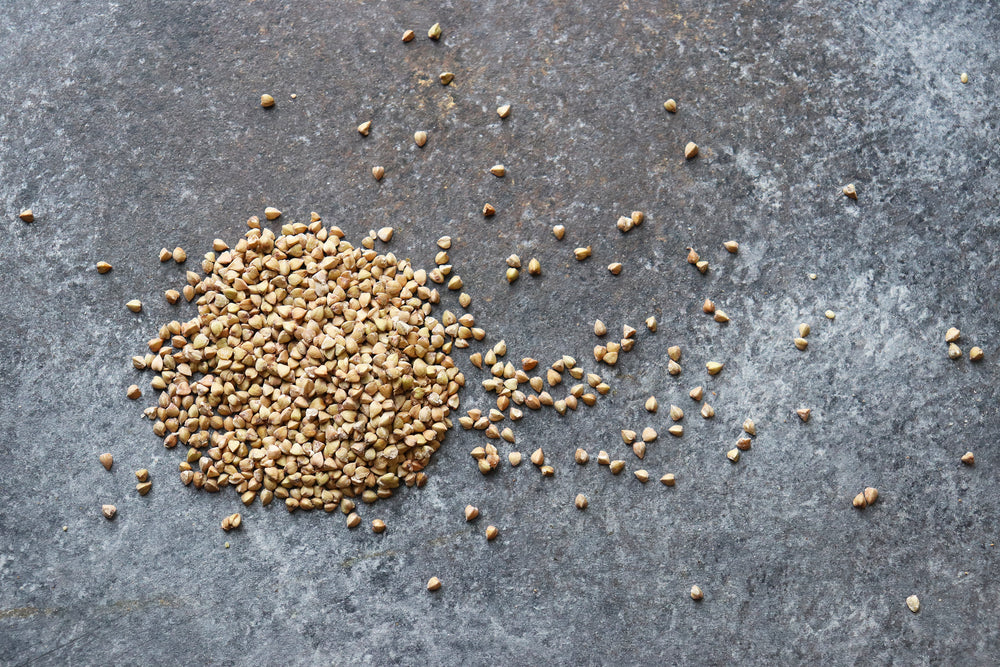
Whole Buckwheat
Whole buckwheat kernels, a relative of the sorrel and rhubarb family, can be sprouted and then added to breads, turned into a pilaf or a stew. Whole buckwheat can also be added to salads and to pastry crusts or crumbles.
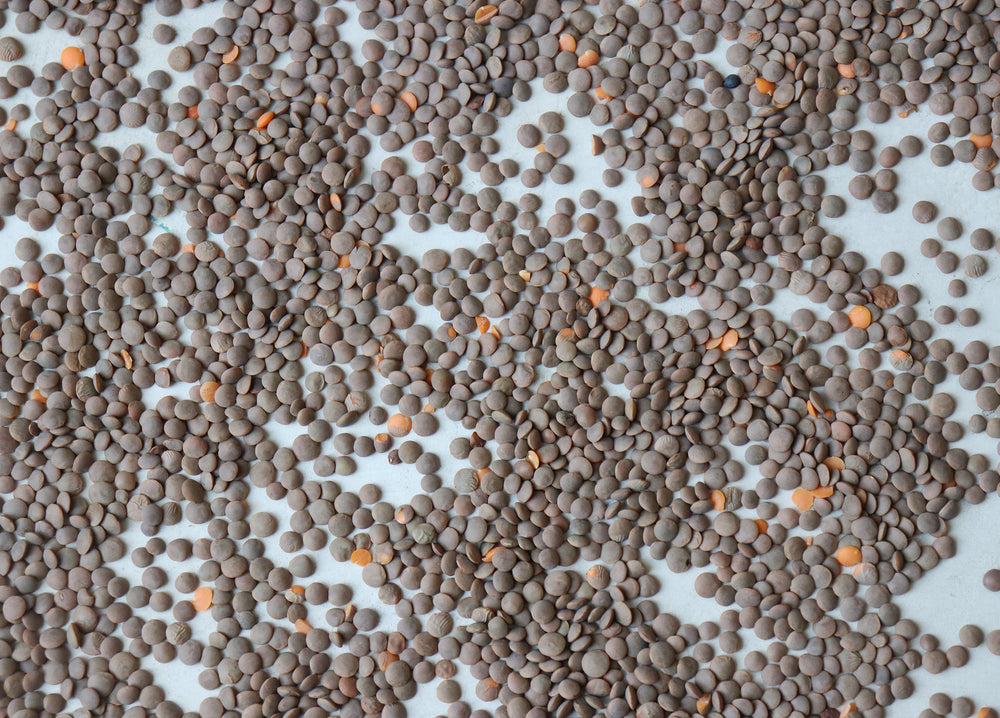
Whole Masoor Dal
Whole masoor dal can be treated as a bean and turned into a stew or a dal. Given it’s fairly thick outer skin, it takes much longer cook than the dal itself.

Whole Masoor Dal
Whole masoor dal can be treated as a bean and turned into a stew or a dal. Given it’s fairly thick outer skin, it takes much longer cook than the dal itself.
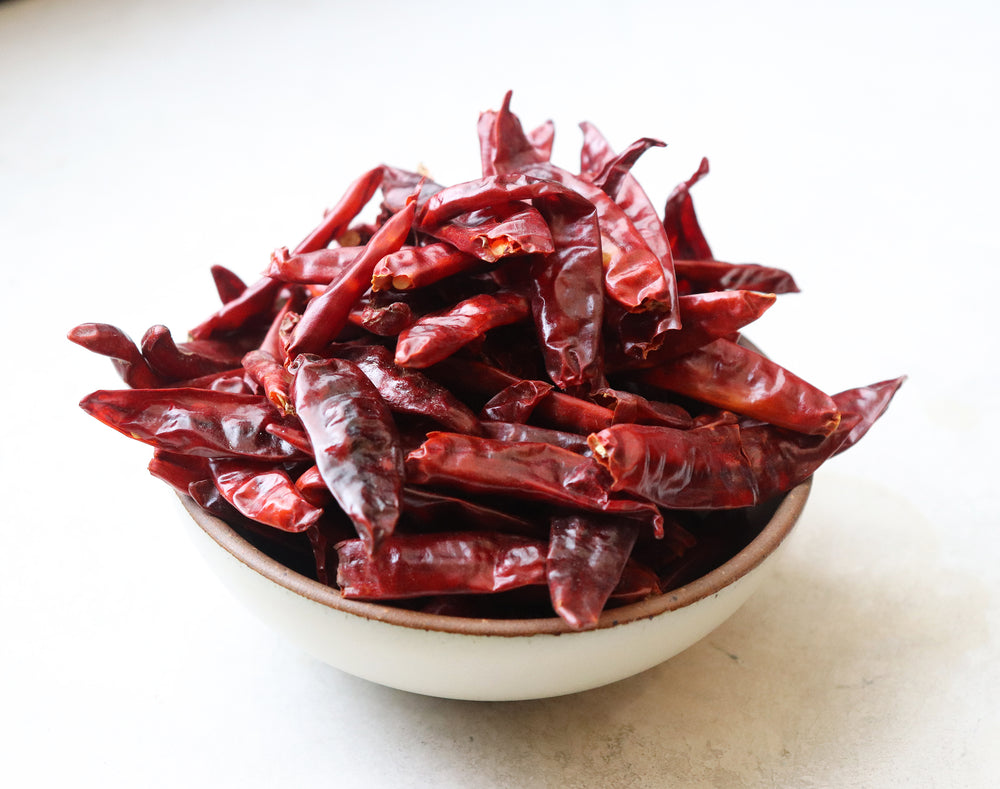
Whole Red Chili
Red chiles are integral to the cuisine of India and mostly, whole red chiles are used for popping stews or dals or toasted and ground in a masala. Similar to the arbol chile of Mexico, the whole red chiles are grown in the southern state of Andhra Pradesh, India.

Whole Red Chili
Red chiles are integral to the cuisine of India and mostly, whole red chiles are used for popping stews or dals or toasted and ground in a masala. Similar to the arbol chile of Mexico, the whole red chiles are grown in the southern state of Andhra Pradesh, India.
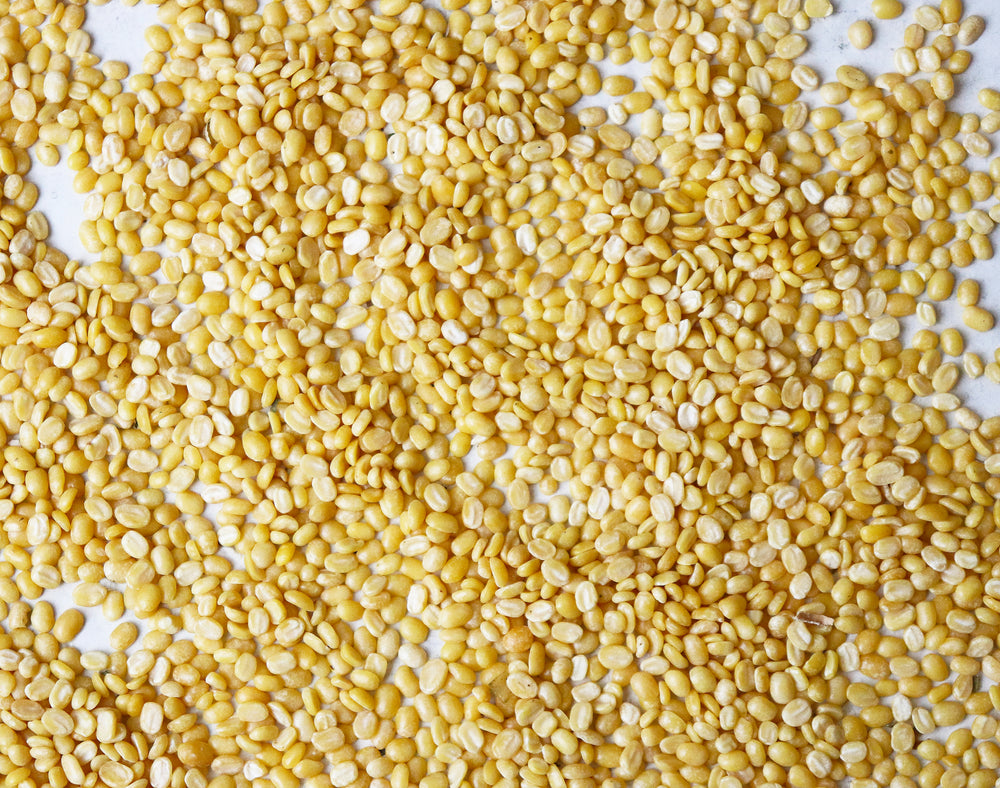
Yellow Moong
The most basic and common dal used throughout India – it cooks the fastest and is the lightest on the stomach for digestion.
Recipes that use
Recipes that use
Recipes that use
Recipes that use
Recipes that use
Recipes that use
Recipes that use
Recipes that use
Recipes that use
Recipes that use
Recipes that use

Masalas that go well with beans
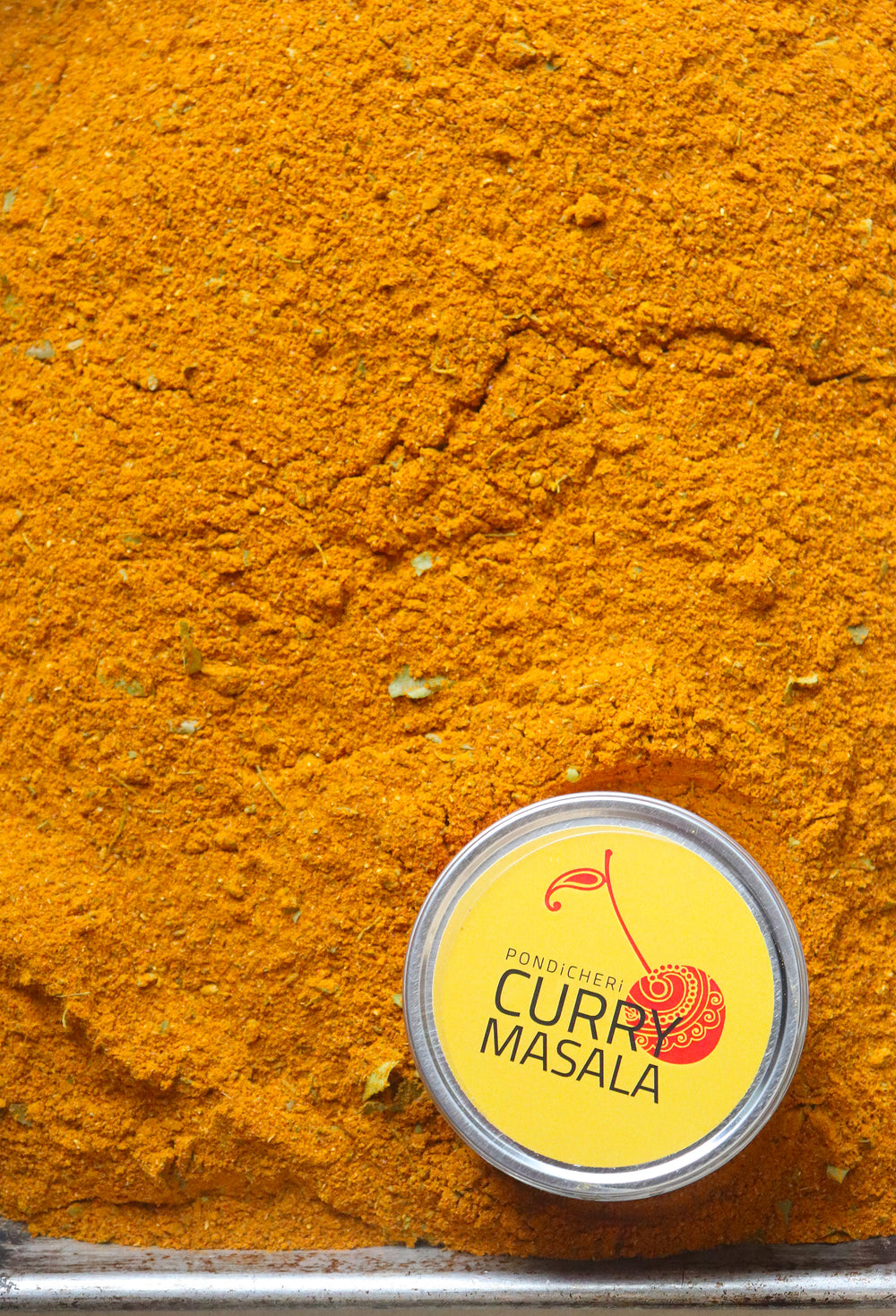



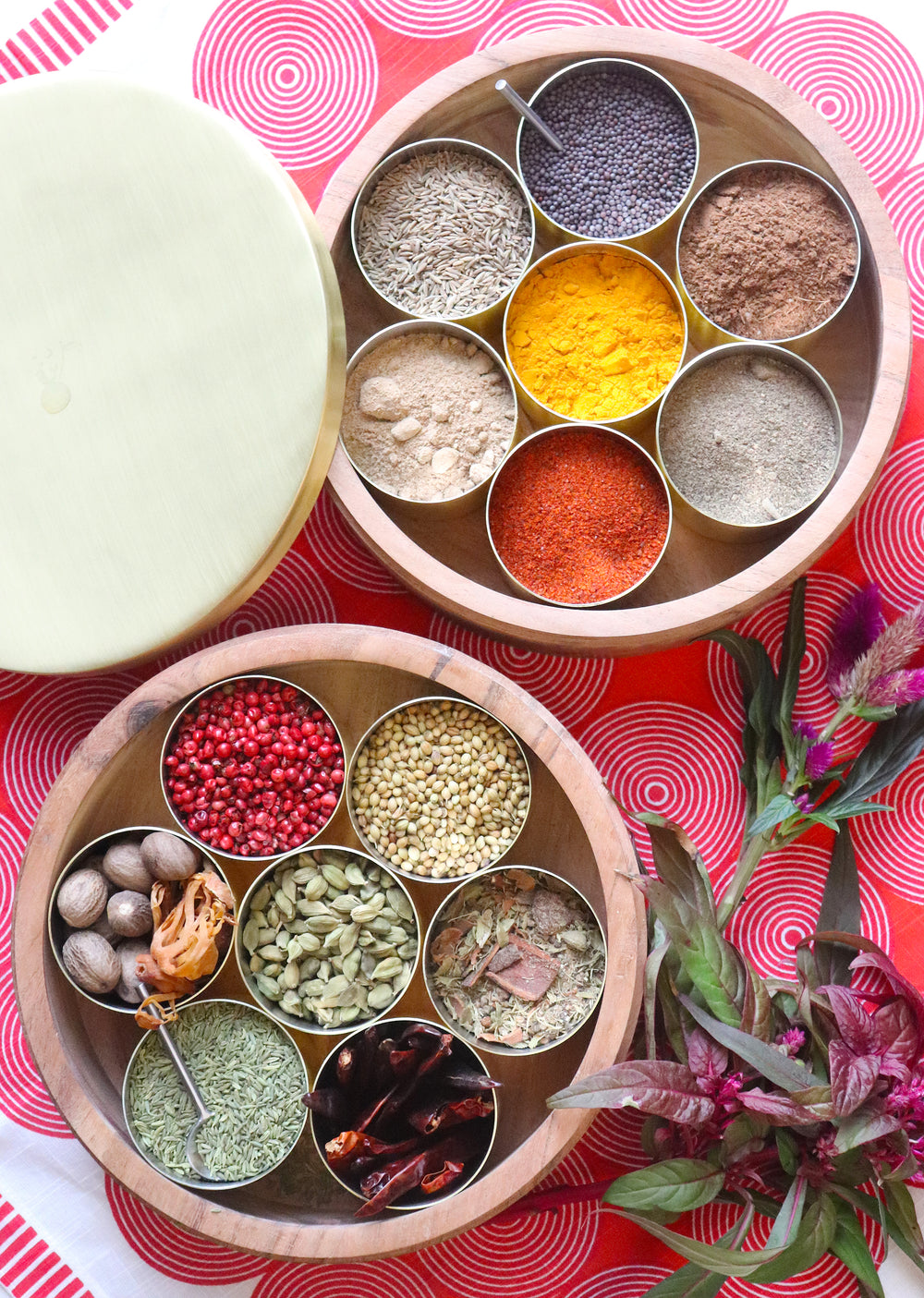
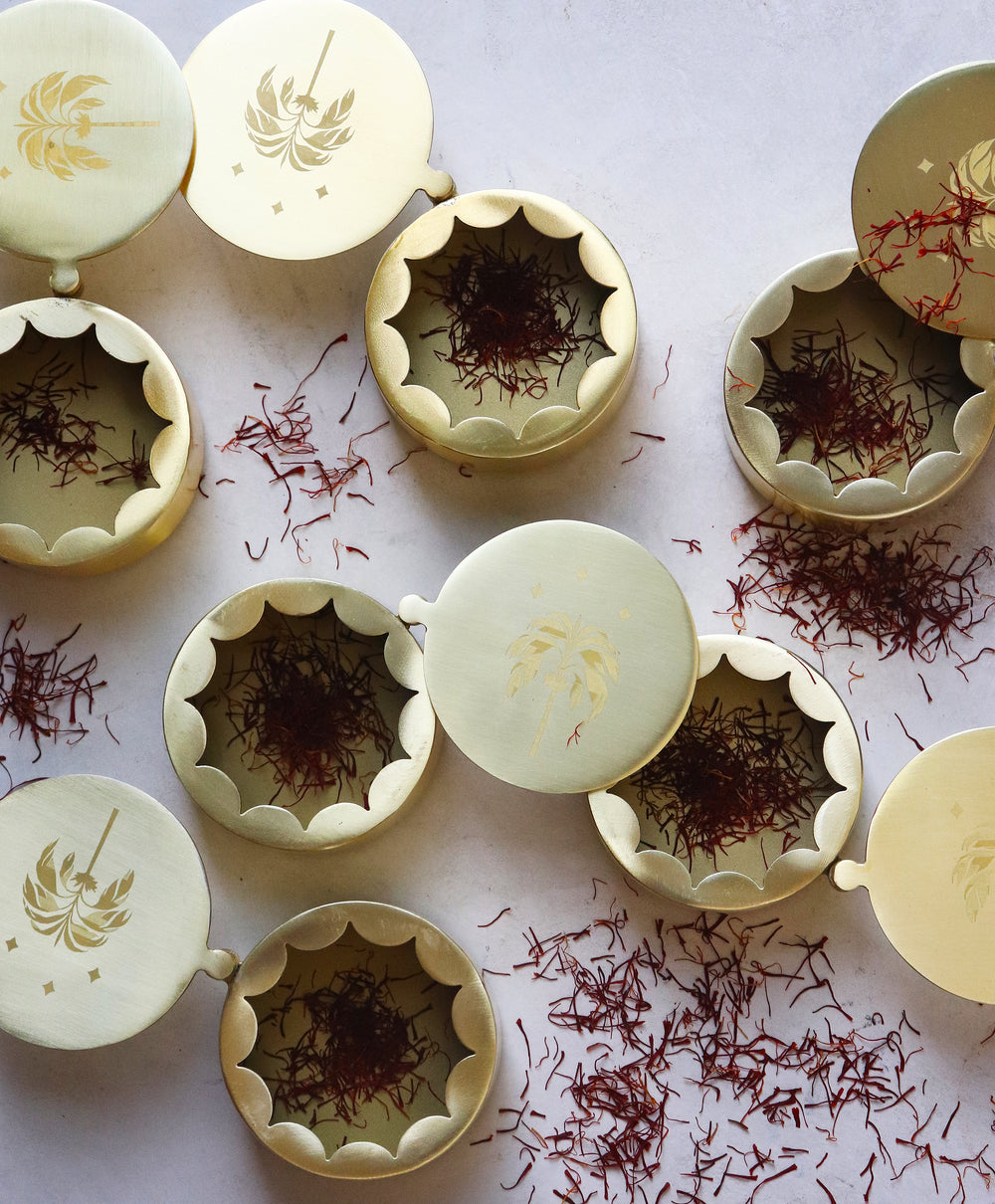

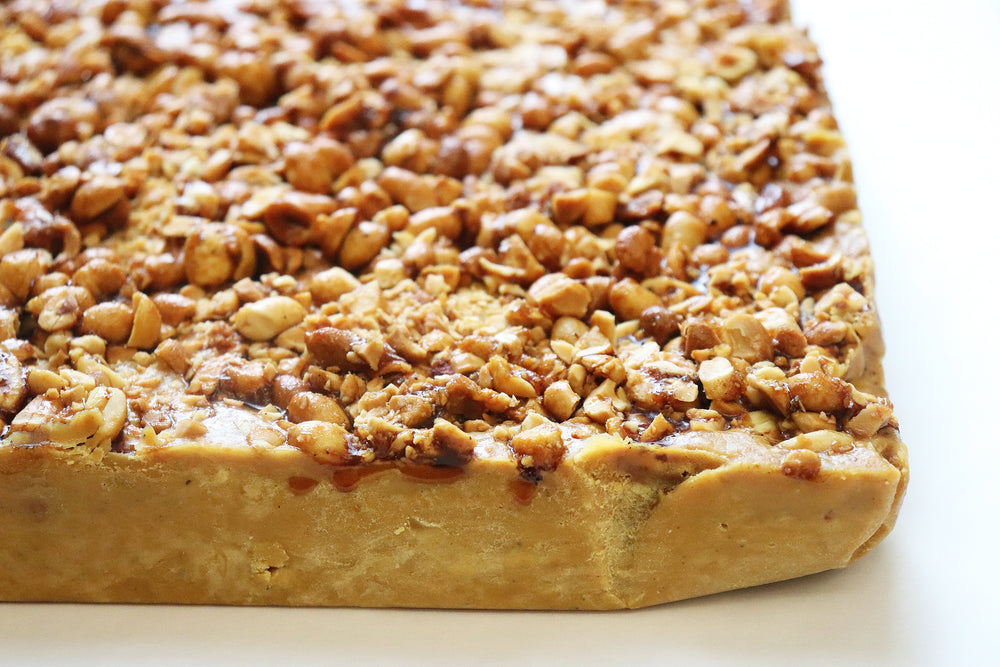
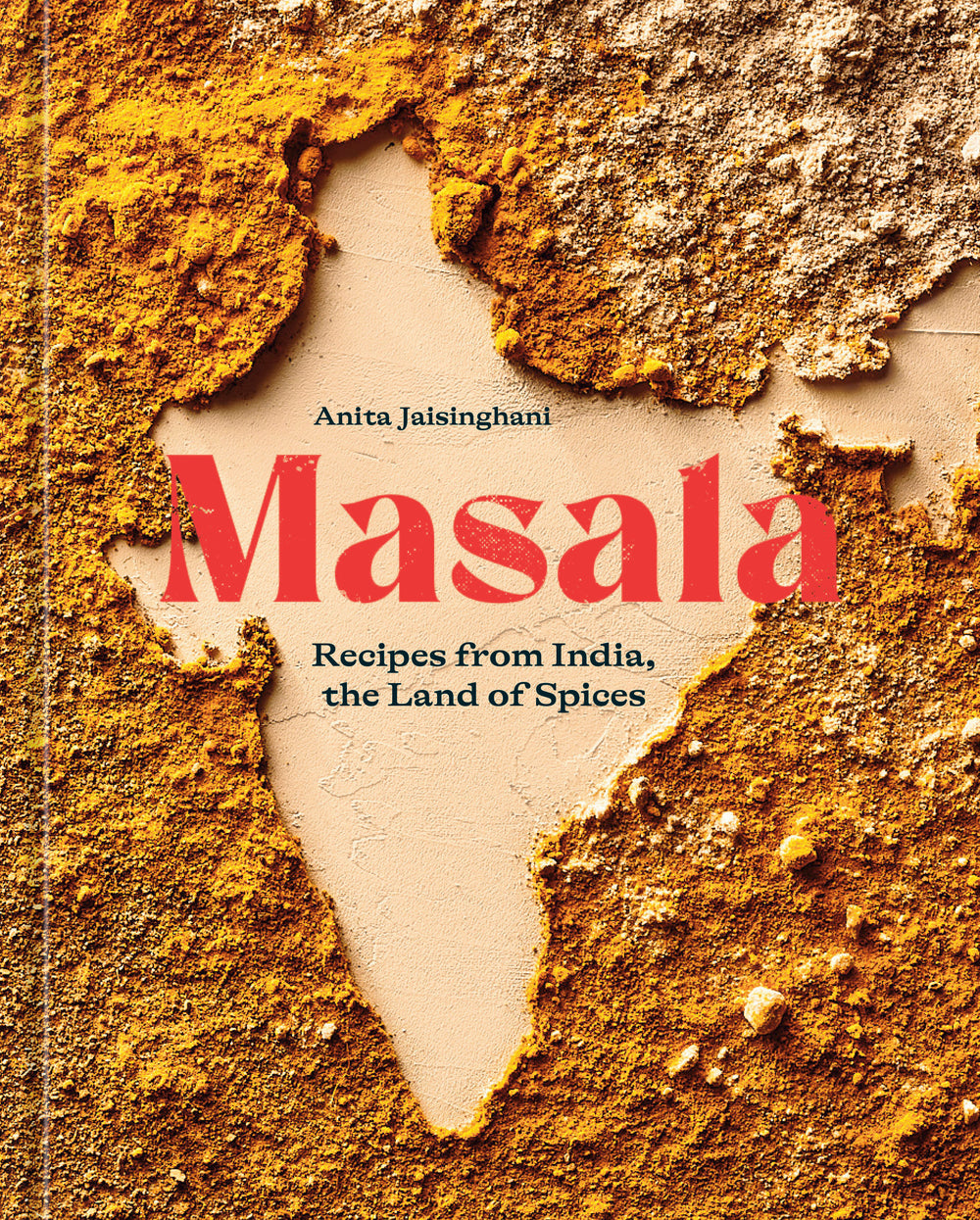




MASALA TINS FOR PURCHASE
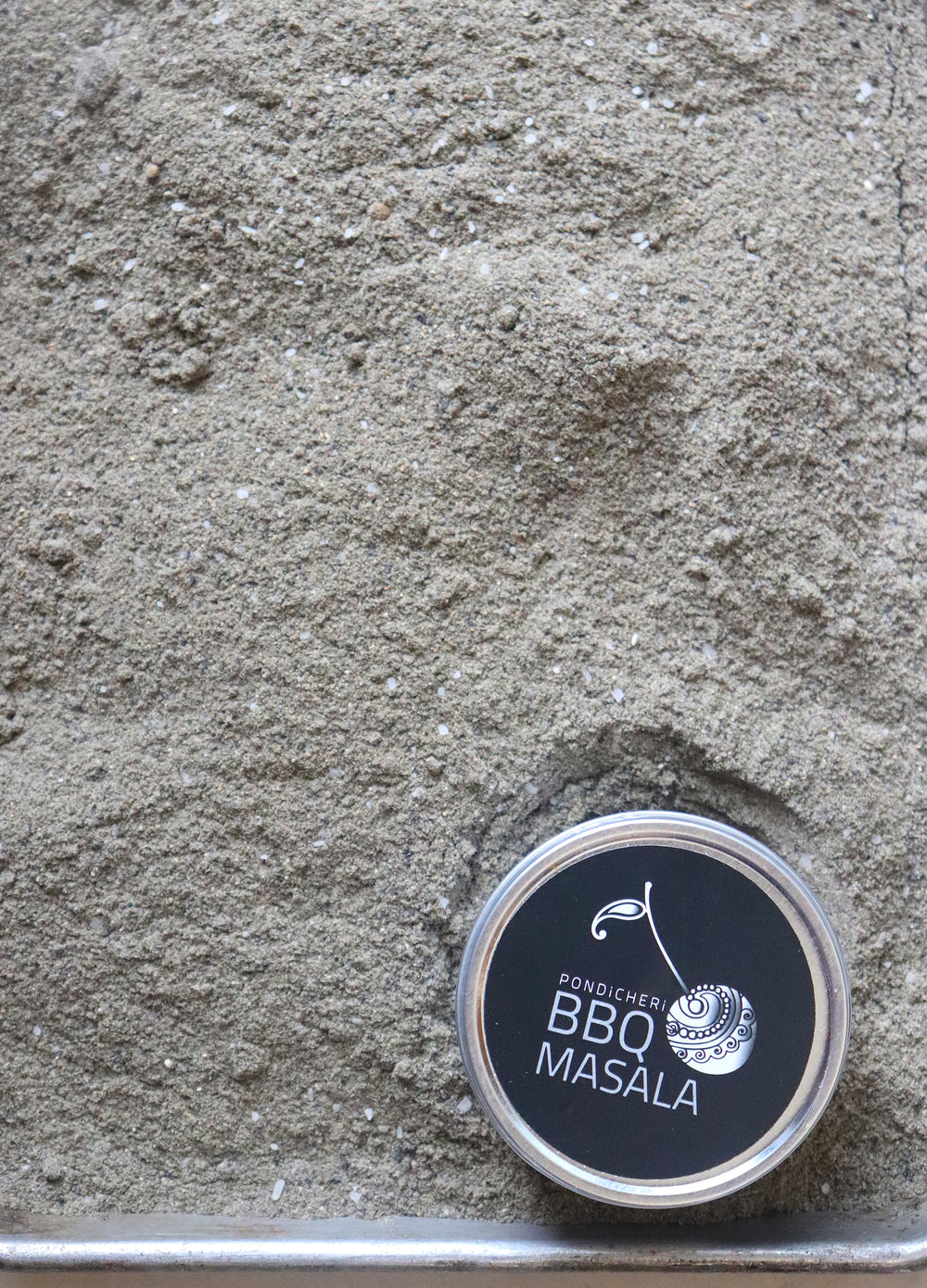
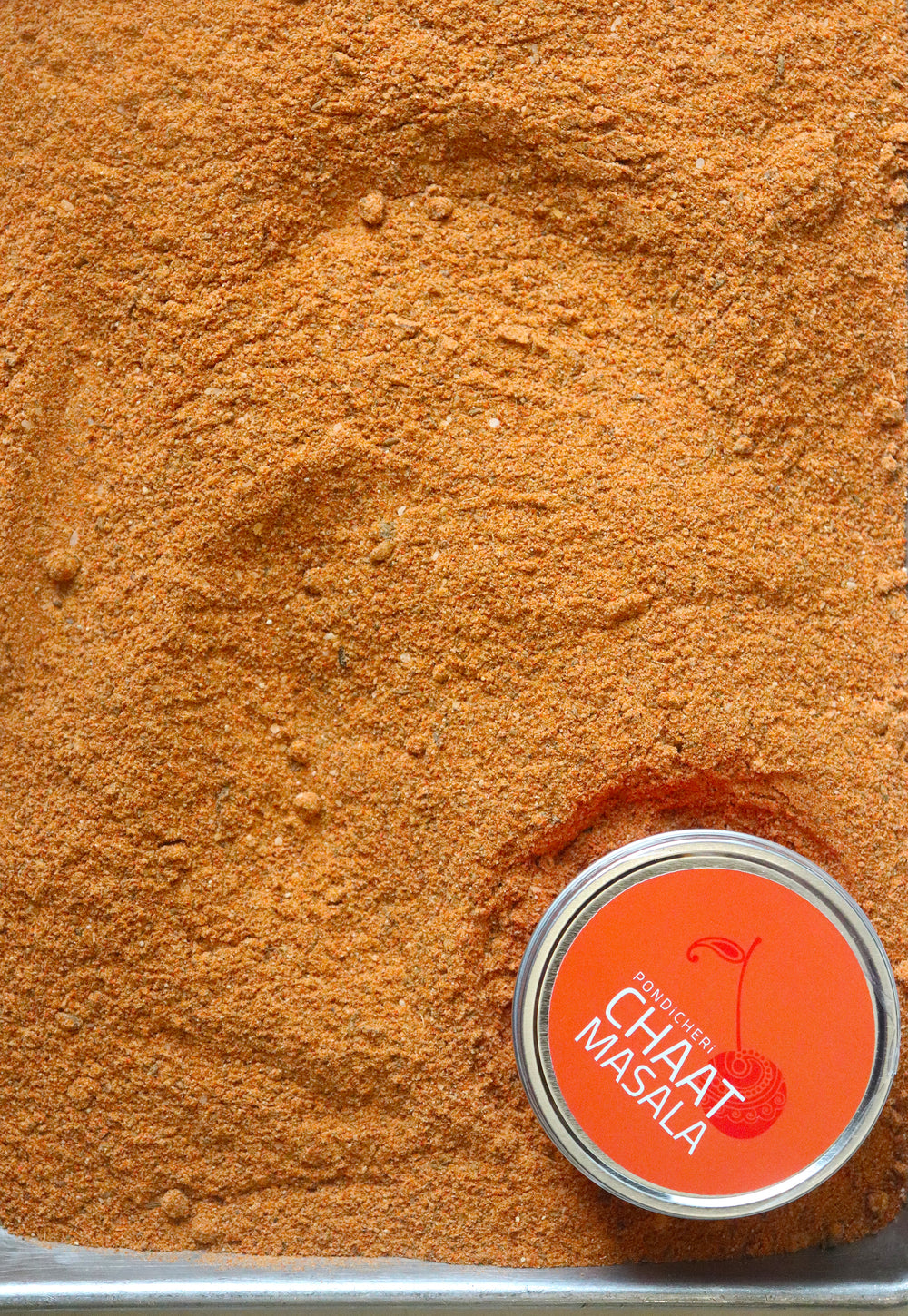
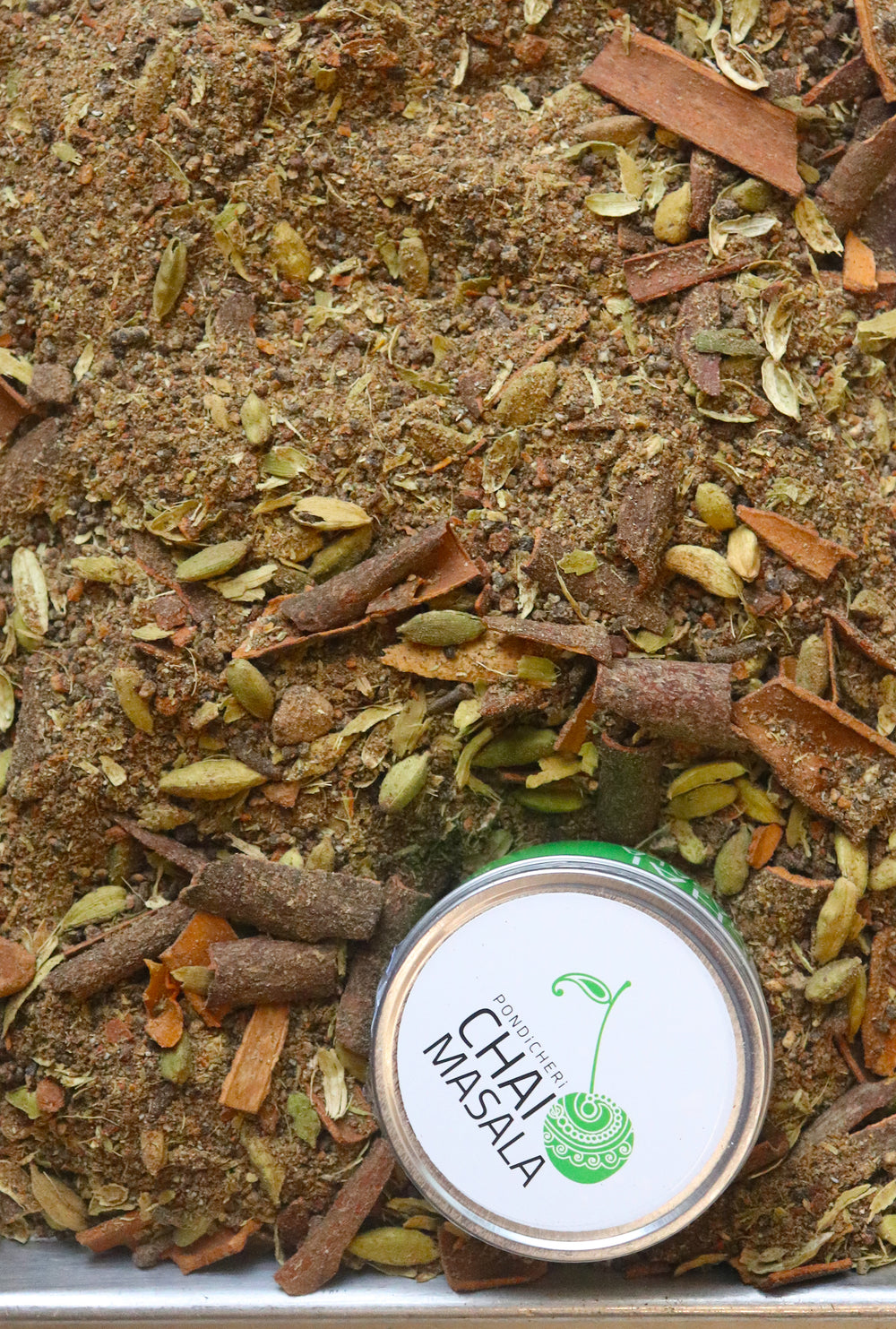
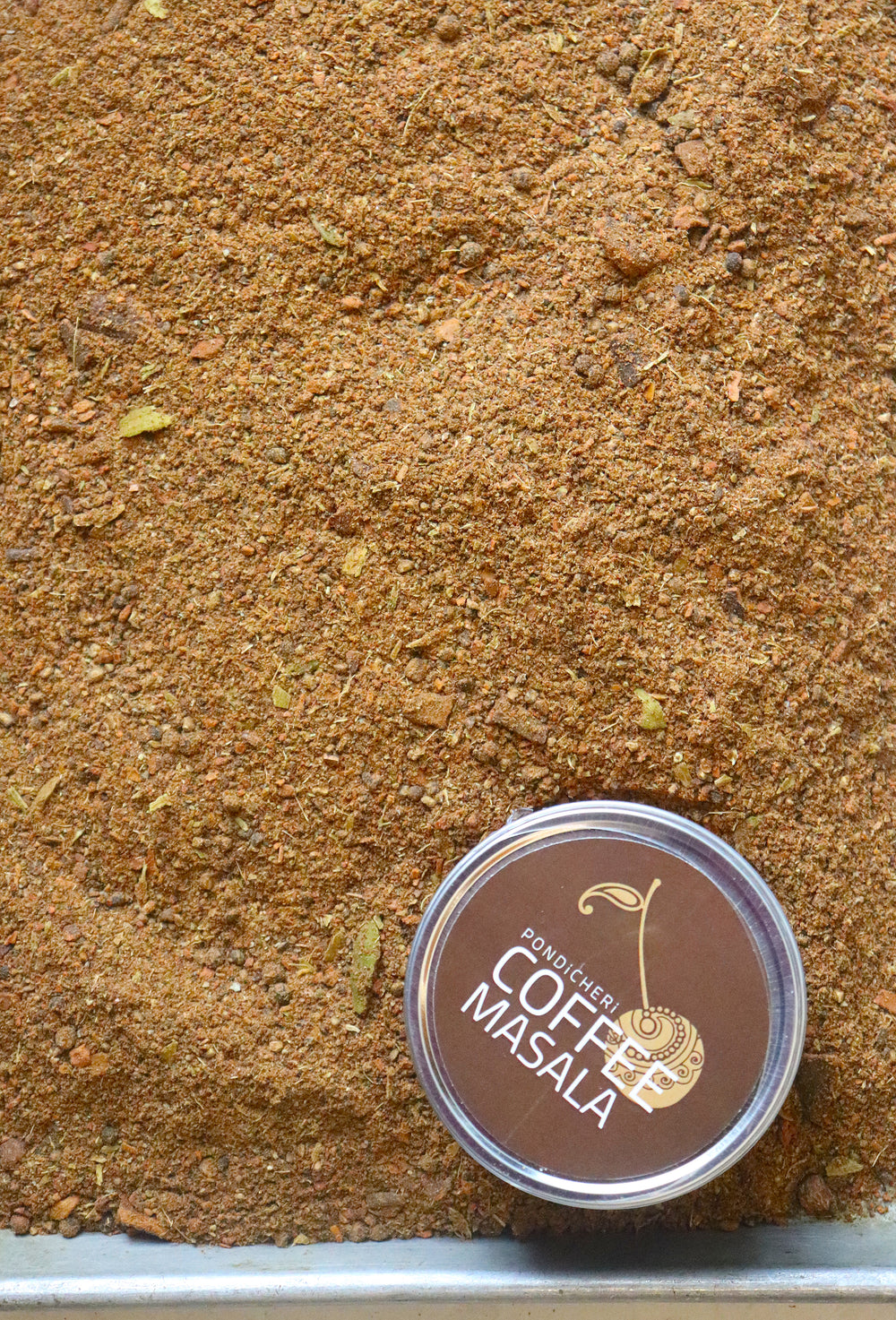

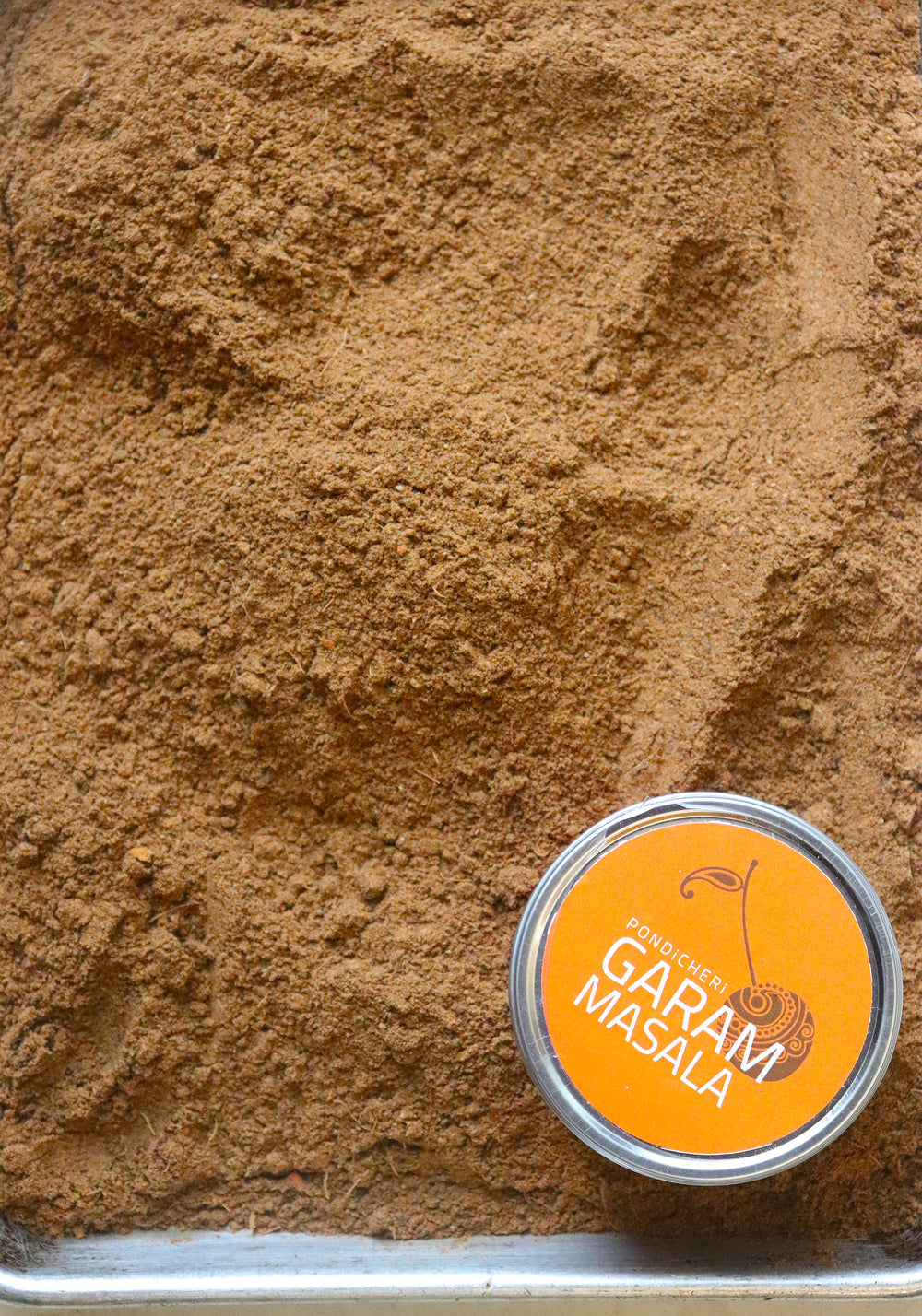
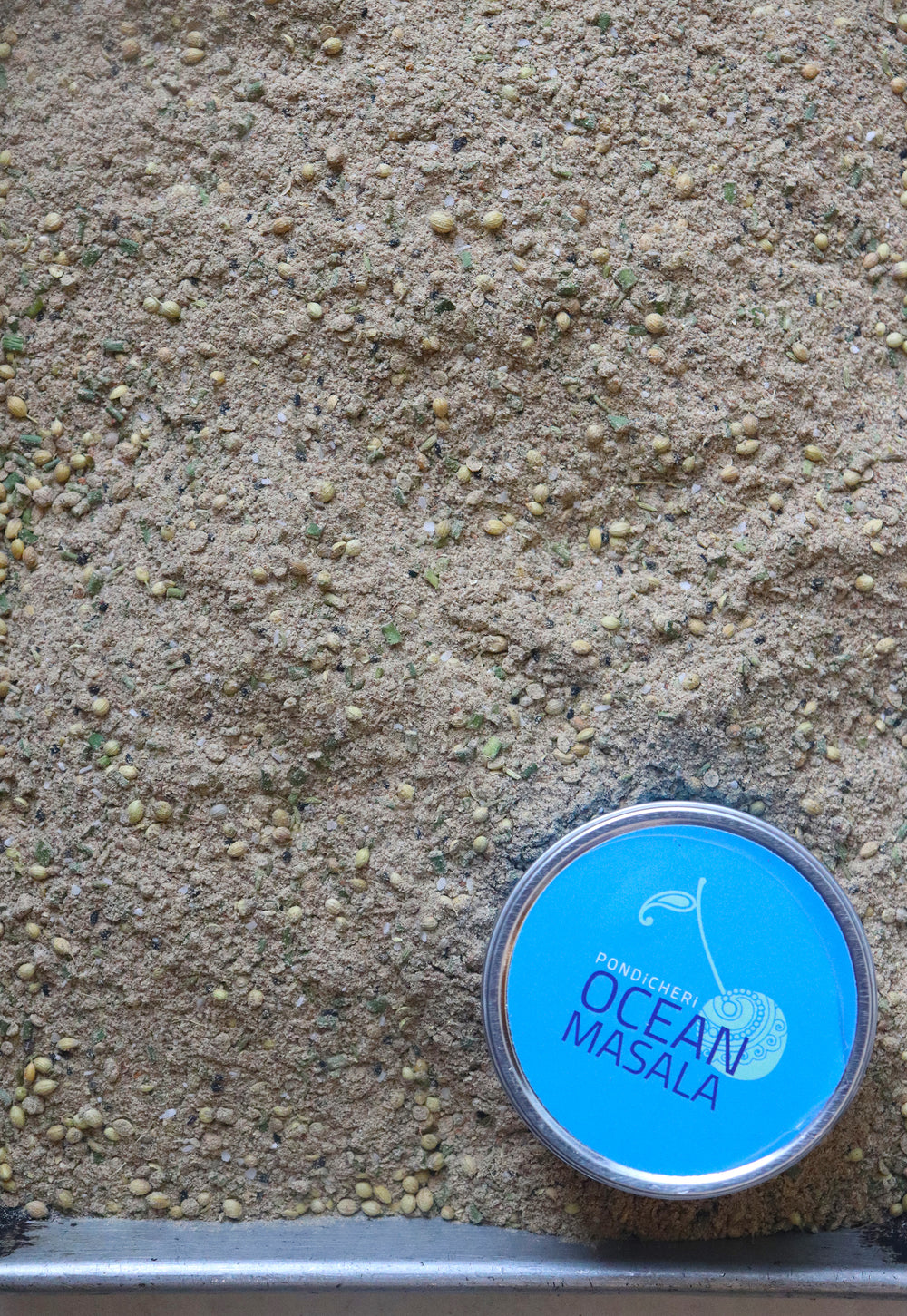
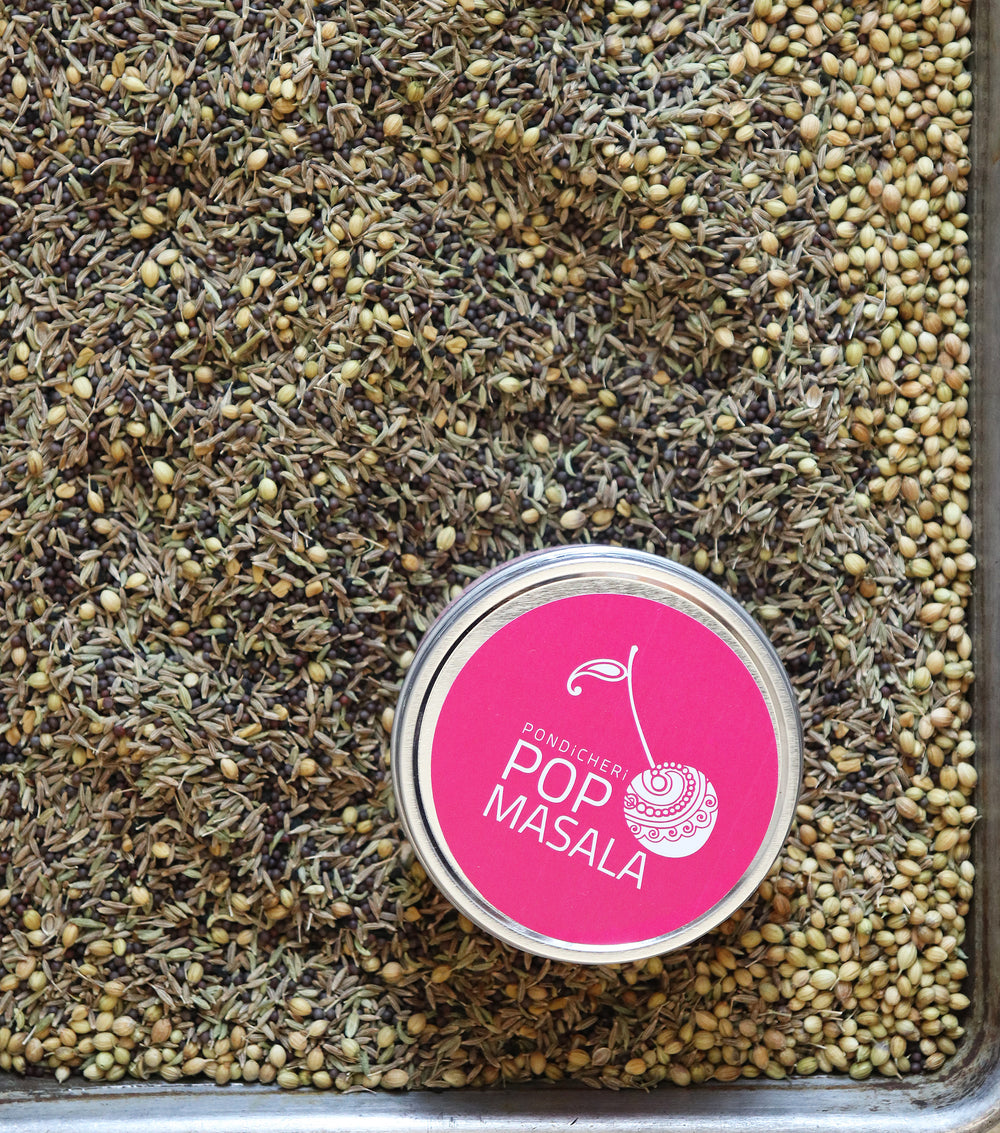

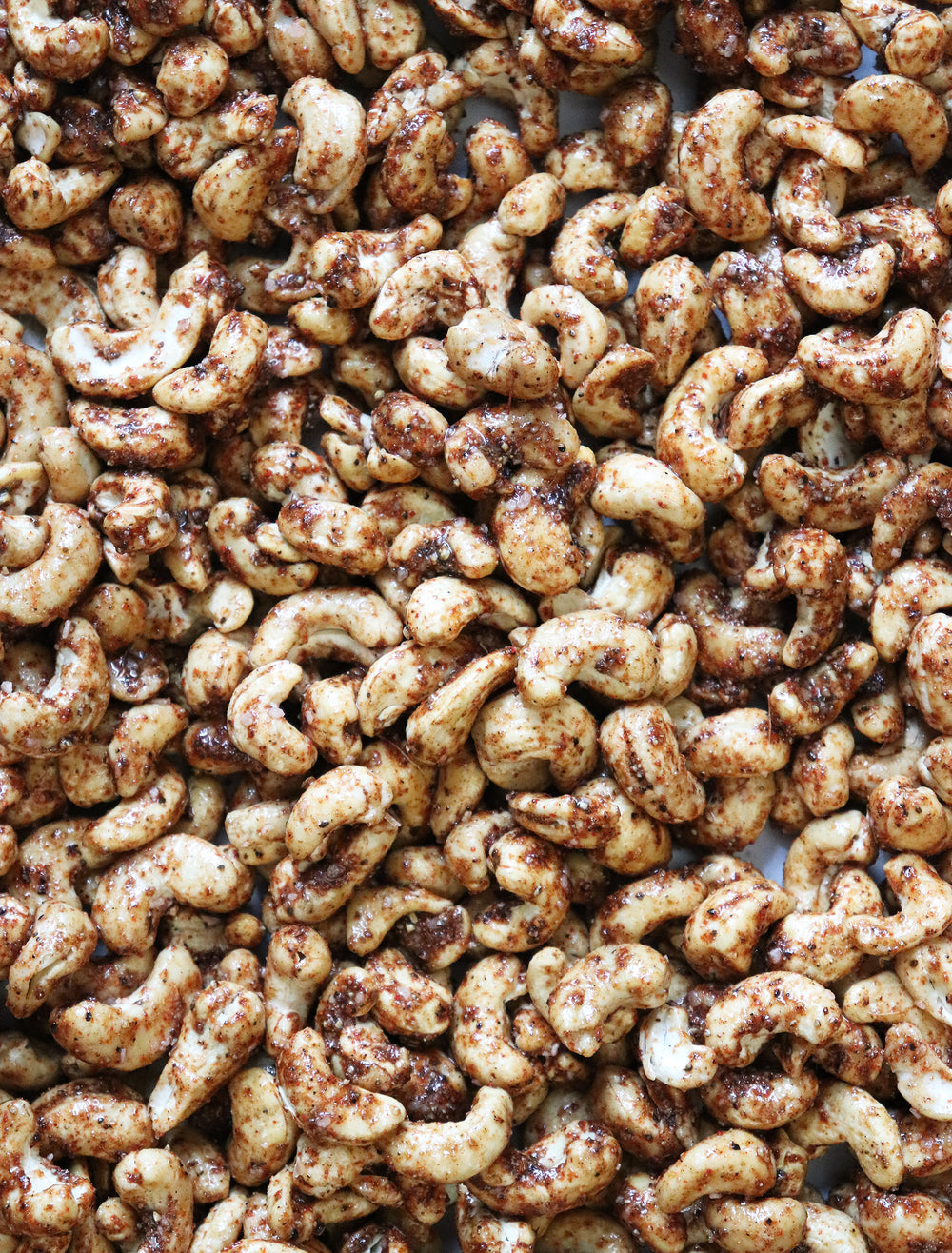
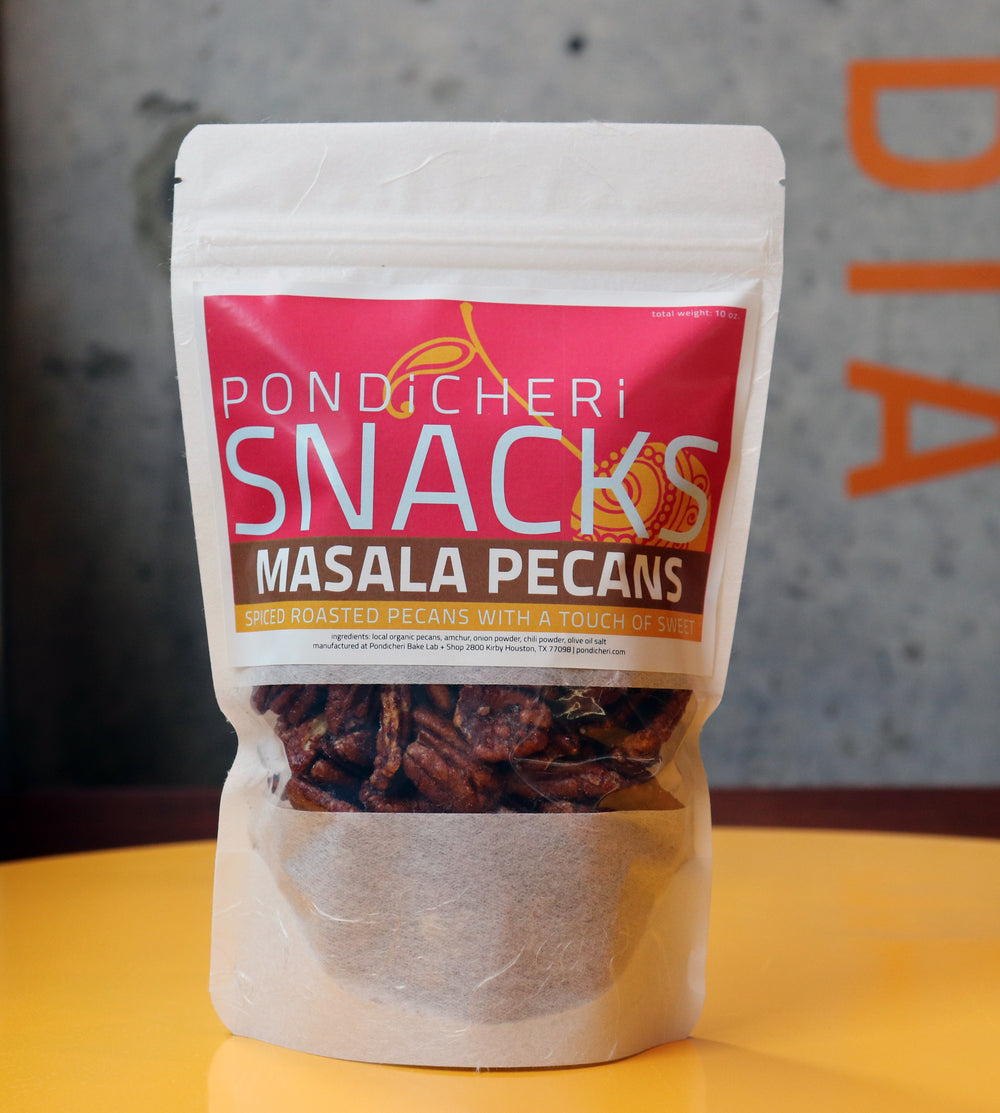
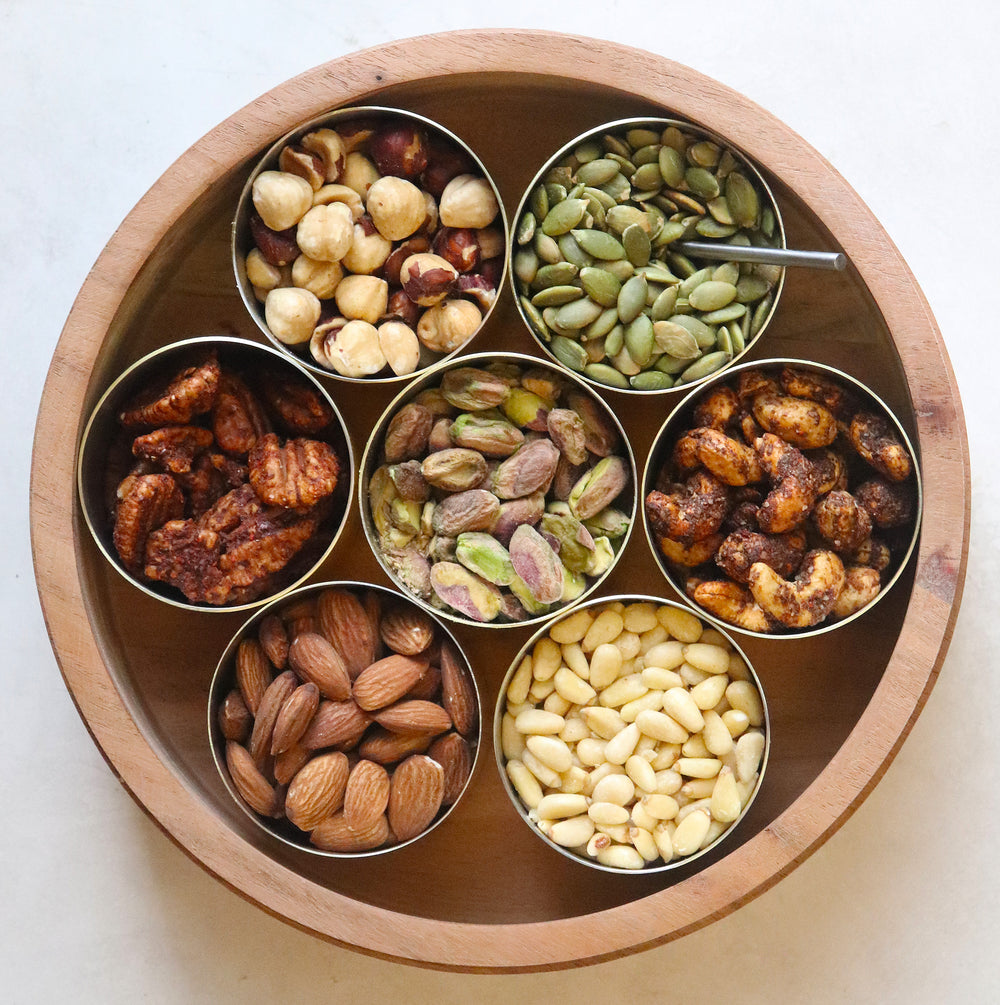





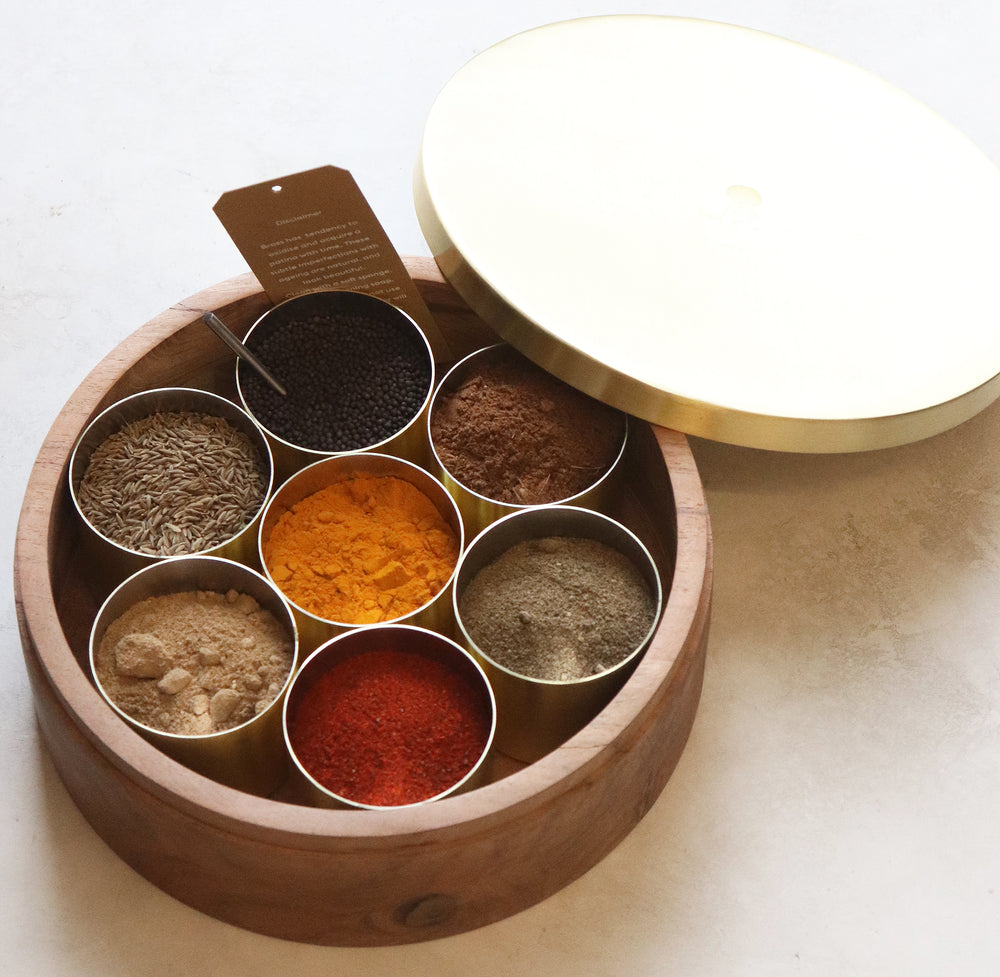



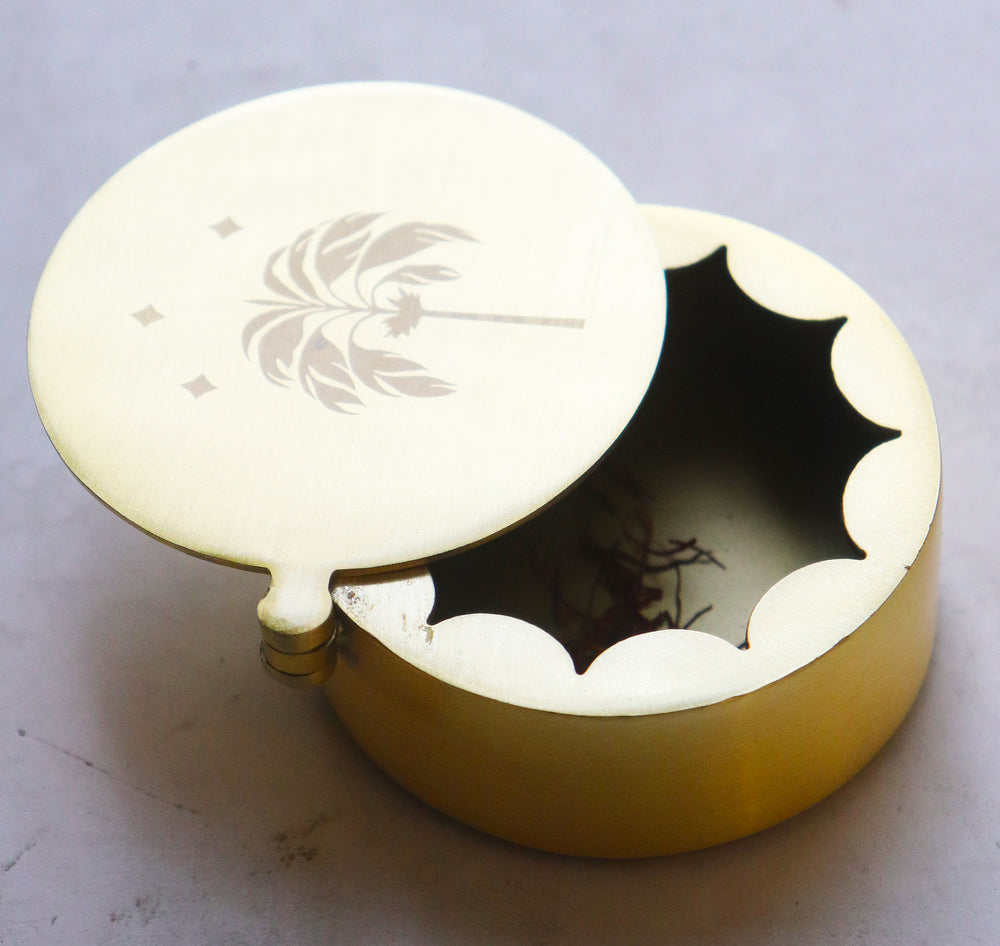



Masalas that go well with beans













MASALA TINS FOR PURCHASE


























